An AP reporter, Robert Geiger, coined the Dust Bowl in 1935 to describe the drought-affected south-central United States after horrific dust storms. Due to severe dust storms, American and Canadian prairies suffered great damage from the Dust Bowl in the 1930s. People and livestock died as high winds and choking dust swept across the region from Texas to Nebraska. Dryland farming methods were not used to prevent wind erosion due to a severe drought. Three waves of drought hit the High Plains in 1934, 1936, and 1939–1940, but some regions were hit for up to eight years. Due to the Dust Bowl, many farming families were forced to migrate in search of work and better living conditions during the Great Depression.
Dorothea Lange’s photography reflects the Depression-era struggle faced by American farmers in the face of drought and dust. Thirteen million Americans were unemployed in 1933, during the depths of the worldwide Depression; many were homeless, drifting aimlessly, and lacking food. Droughts and dust storms contributed to economic hardships in the Midwest and Southwest. In the 1930s, some 300,000 men, women, and children migrated west to California in search of work. No matter where they came from, these migrant families were called “Okies” (as from Oklahoma). They traveled from place to place in dilapidated cars and trucks, following the crops. Leaving her studio, Lange began documenting these poor folks in the streets and on the highways of California. Lange photographed the economic and social upheaval of the Depression. She developed techniques of putting her subjects at ease and documenting pertinent remarks to accompany the photographs. She often revealed personal information about her subjects in her titles and annotations.
Approximately 3.5 million people left the Plains states between 1930 and 1940. Over 86,000 people migrated to California in just over a year. The migrant population abandoned farms in Oklahoma, Arkansas, Missouri, Iowa, Nebraska, Kansas, Texas, Colorado, and New Mexico, but they were generally referred to as “Okies,” “Arkies,” or “Texies.” People who had lost all and struggled the most during the Great Depression became known as “Okies” and “Arkies” in the 1930s. Some migrants traveled long distances, but most moved from counties highly affected by the Dust Bowl to counties less affected. Families left their farms and moved to the Great Plains in such large numbers that migrants and residents were nearly equal. It is estimated that only 43 percent of Southwesterners worked on farms before they migrated, based on Census Bureau statistics and other records and a 1939 survey of occupations by the Bureau of Agricultural Economics of about 116,000 families that arrived in California during the 1930s. The majority of migrants were professionals or white-collar workers. While some farmers had to hire unskilled labor when they moved, leaving the farming sector typically led to greater social mobility in the future because there were greater chances that migrant farmers would eventually move into semi-skilled or high-skilled jobs that paid better. There were more downward occupational moves among non-farmers than farmers. Still, in most cases, they were not significant enough to bring them into poverty since high-skilled migrants were most likely to shift into semi-skilled work. Even though semi-skilled work did not pay as well as high-skilled labor, most of these workers were not impoverished. According to their occupational changes, migrants generally fared better than those who stayed behind by the end of the Dust Bowl.
Many migrants returned to their original states after the Great Depression ended. Others remained in their new homes. One-eighth of California’s residents are of Okie descent. To document the crisis, the Farm Security Administration hired several photographers. The federal government hired photographers, musicians, and authors during the Great Depression to document the crisis. The Dust Bowl and Depression also influenced the work of independent artists. Author John Steinbeck wrote about the Dust Bowl displaced migrant workers and farm families in The Grapes of Wrath (1939), based partly on field notes taken by FSA worker and author Sanora Babb. In response to Steinbeck’s success, Babb’s novel about the lives of migrant workers, Whose Names Are Unknown, was eclipsed, shelved, and eventually published in 2004. Several Woody Guthrie’s songs, including those on Dust Bowl Ballads, depict his experiences during the Dust Bowl era of the Great Depression when he traveled with displaced farmers from Oklahoma to California and learned their traditional folk and blues songs, earning him the nickname “Dust Bowl Troubadour.”
#1 Squatters along highway near Bakersfield, California. Penniless refugees from dust bowl, 1932s
#2 Stand of vega grass eaten off close. In good seasons hay can be cut from areas like this, New Mexico, 1934
#3 Dust bowl refugee in California, 1934
#4 Dust bowl refugees living in camps in California, 1934
#5 San Luis Obispo County, California, 1933
#6 Four families, three of them related with fifteen children, from the Dust Bowl in Texas in an overnight roadside camp near Calipatria, California, 1935
#7 Auto camp north of Calipatria, California, 1935
#8 Home of a dust bowl refugee in California, 1932
#9 Auto camp north of Calipatria, California, 1933
#10 Auto camp north of Calipatria, California, 1933
#11 Auto camp north of Calipatria, California, 1933
#12 Auto camp north of Calipatria, California, 1933
#13 Squatter camp on county road near Calipatria, 1933
#14 Squatter camp on county road near Calipatria, 1933. Forty families from the dust bowl have been camped here for months on the edge of the pea fields.
#15 Along a California highway, a dust bowl refugee bound for Oregon, 1934
#16 West Texas “Family Farm, 1934
#17 Storm cellar on the Texas plains. West Texas Panhandle, 1934
#18 This year (1937) there are floods and heavy rain in the Dust Bowl. Auton, Texas, 1934
#19 Dust bowl farmers of west Texas in town, 1932
#20 Dust bowl farmers of west Texas in town, 1932
#21 Dust bowl farmers of west Texas in town, 1932
#22 This year (1937) there are floods and heavy rains in the Dust Bowl, 1932
#23 Eroding field and fence. Greene County, Georgia, 1932
#24 The tree roots show how the land has been washed away on this old plantation. Wray Plantation, Greene County, Georgia, 1930s
#25 Blowing dust in the Oklahoma Panhandle, 1930s
#26 Leveling hummocks in the dust bowl. Coldwater District, thirty miles north of Dalhart, Texas, 1930s
#27 Sand drift along fence. Dust Bowl, north of Dalhart, Texas, 1930s
#28 Mailbox in Dust Bowl. Coldwater District, north of Dalhart, Texas, 1930s
#29 Dust Bowl farm. Coldwater District, near Dalhart, Texas. This farm is occupied. Others in this area have been abandoned.
#30 Abandoned house and land, Hall County, Texas. There were formerly twelve families employed on this land, now there are none, 1930s
#31 Erosion, Greene County, Georgia, 1930s
#32 Dust bowl refugee from Chickasaw, Oklahoma. Imperial Valley, California, 1934
#33 Migrant agricultural worker in Marysville migrant camp (trying to figure out his year’s earnings). California, 1930s
#34 Migrant worker during the great depression, 1930s
#35 Migrant worker during the great depression, 1930s
#36 The slums of Brawley. Homes of Mexican field workers, 1930s
#37 Transient potato workers camping along the highway. Near Shafter, 1930s
#38 Home of Mexican field worker showing water supply. Brawley, Imperial Valley, California, 1930s
#39 A field worker in Holtville, Imperial Valley, California. He has just made himself shoes out of that old tire, 1930s
#40 Mexican field worker, father of six. Imperial Valley, Riverside County, California, 1930s
#41 A dust storm. Conditions like these forced many farmers to abandon the area. New Mexico, 1930s
#42 Huge dark dust clouds swarm over houses in rural Colorado, 1930s
#43 Migrant worker during the great depression, 1930s
#44 The slums of Brawley. Homes of Mexican field workers. Imperial Valley, California, 1930s
#45 Transient potato workers camping along the highway. Near Shafter, California, 1930s
#46 Home of Mexican field worker showing water supply. Brawley, Imperial Valley, California, 1930s
#47 Oklahoma Refugees from the Dust Bowl, Looking for Work on the Cotton Fields, Now Encamped Near Bakersfield, California, 1930s
#48 Portrait of Young Girl, Street Scene with Abandoned Grain Mill and Bank both right in Background, Mills, New Mexico, 1930s
#49 Typical Teutonic Farm Wife and Child, Client for Resettlement, Mills, New Mexico, USA, Dorothea Lange, Farm Security Administration, May 1935
#50 Migrant shed worker. Northeast Florida, 1930s
#51 Migrant shed worker. Northeast Florida dated, 1930s
#52 Migrant pea workers on the road. All their worldly possessions in car and trailer, 1930s
#53 Migrant pea workers on the road with tire trouble, 1930s
#54 Migrant worker from Oklahoma repairing tire on California, 1930s
#55 An oil worker builds himself a trailer and takes to the road, California, 1930s
#56 Children of migratory workers, hauling water, American River camp, San Joaquin Valley, California, 1930s
#57 Slums of Brawley. Mexican field workers’ homes. Imperial Valley, California, 1930s
#58 Drought refugees from Abilene, Texas, following the crops of California as migratory workers, 1930s
#59 A poverty-stricken migrant mother (Florence Owens Thompson, 32) with three young children gazes off into the distance, 1930s
#60 Migrant pea workers on the road. All their worldly possessions in car and trailer, 1930s
#61 Migrant agricultural worker’s family. Seven hungry children. Mother aged thirty-two. Father is native Californian. Nipomo, 1936
#62 Migrant agricultural worker’s family. Seven children without food. Mother aged thirty-two. Father is a native Californian. Nipomo, California, 1936.
#63 Migrant agricultural worker’s family. Seven hungry children. Mother aged thirty-two. Father is native Californian. Nipomo, California, 1936
#64 An oil worker builds himself a trailer and takes to the road. California, 1930s
#65 Home of Mexican field worker showing water supply. Brawley, Imperial Valley, California, 1930s
#66 Transient potato workers camping along the highway. Near Shafter, California, 1930s
#67 Housing of migratory field workers (Mexican) across road from Farm Security Administration camp (FSA) Near Calipatria, Imperial Valley, California, 1930s
#68 Migratory labour workers. Brawley, Imperial Valley, California, 1939
#69 Mexican field workers’ homes, 1930s
#70 Drought Refugees, California, 1930s
#71 Ditch bank camp for migrant agricultural workers, 1937
#72 A Florida orange picker. Many of these workers are migrants, Polk County, Florida, 1930s
#73 Housing typical of that afforded Mexican field workers of the Imperial Valley. These people are not migrants, 1930s
#74 Living conditions among the migrant fruit workers, in a tourist camp near Belle Glade, Florida, 1930s
#75 Ditch bank camp for migrant agricultural workers. California, 1937
#76 Ditch bank camp for migrant agricultural workers, 1937
#77 Migrant oil worker near Odessa, 1938
#78 Home of Dust Bowl Refugee, Imperial County, California, 1930s
#79 Dust Bowl Farm in Coldwater District, north of Dalhart, Texas. This house is occupied; most of the houses in this district have been abandoned, 1938
#80 Farm Security Administration camp for migrant agricultural workers in Tulare County, California, 1938
#81 Father and son, recent migrants to California, building house in rapidly growing settlement of lettuce workers on fringe of town, 1930s
#82 Migratory Mexican field worker’s home on the edge of a frozen pea field. Imperial Valley, California, 1930s
#83 Housing of migratory field workers (Mexican) across road from Farm Security Administration camp (FSA) Near Calipatria, Imperial Valley, California, 1939
#84 Nurse with patient at a Farm Security Administration camp for migratory agricultural workers at Farmersville, 1938
#85 Nurse with patient at a Farm Security Administration camp for migratory agricultural workers at Farmersville, 1938
#86 Housing for lettuce workers on edge of town, 1938
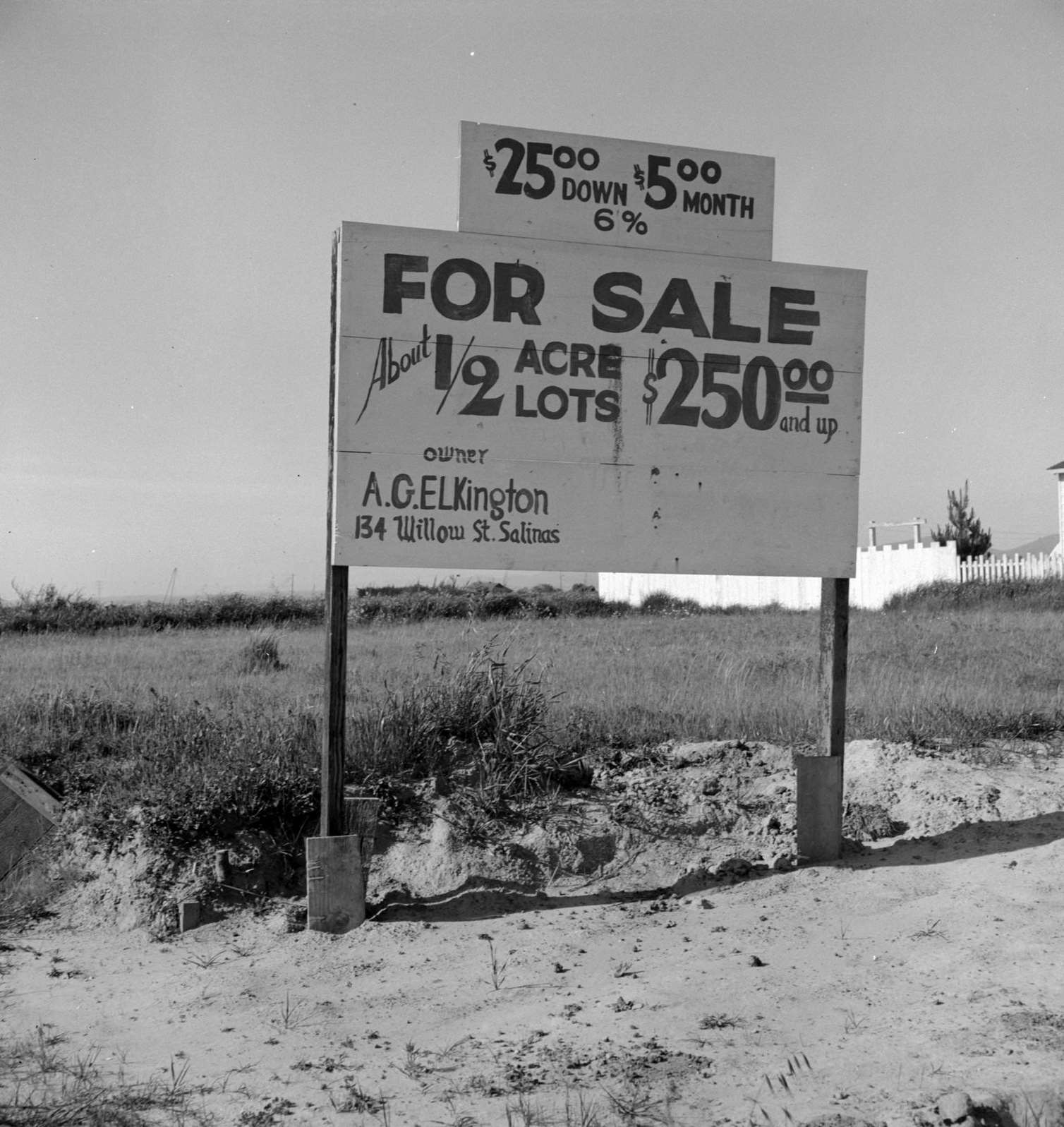
Housing for rapidly growing fringe of lettuce workers on edge of town. There houses are built by the occupants, most of them recent migrants from the Southwest. (Subject of BAE) Frequently tents and trailers are on the same lots where houses are under construction. Salinas, California.


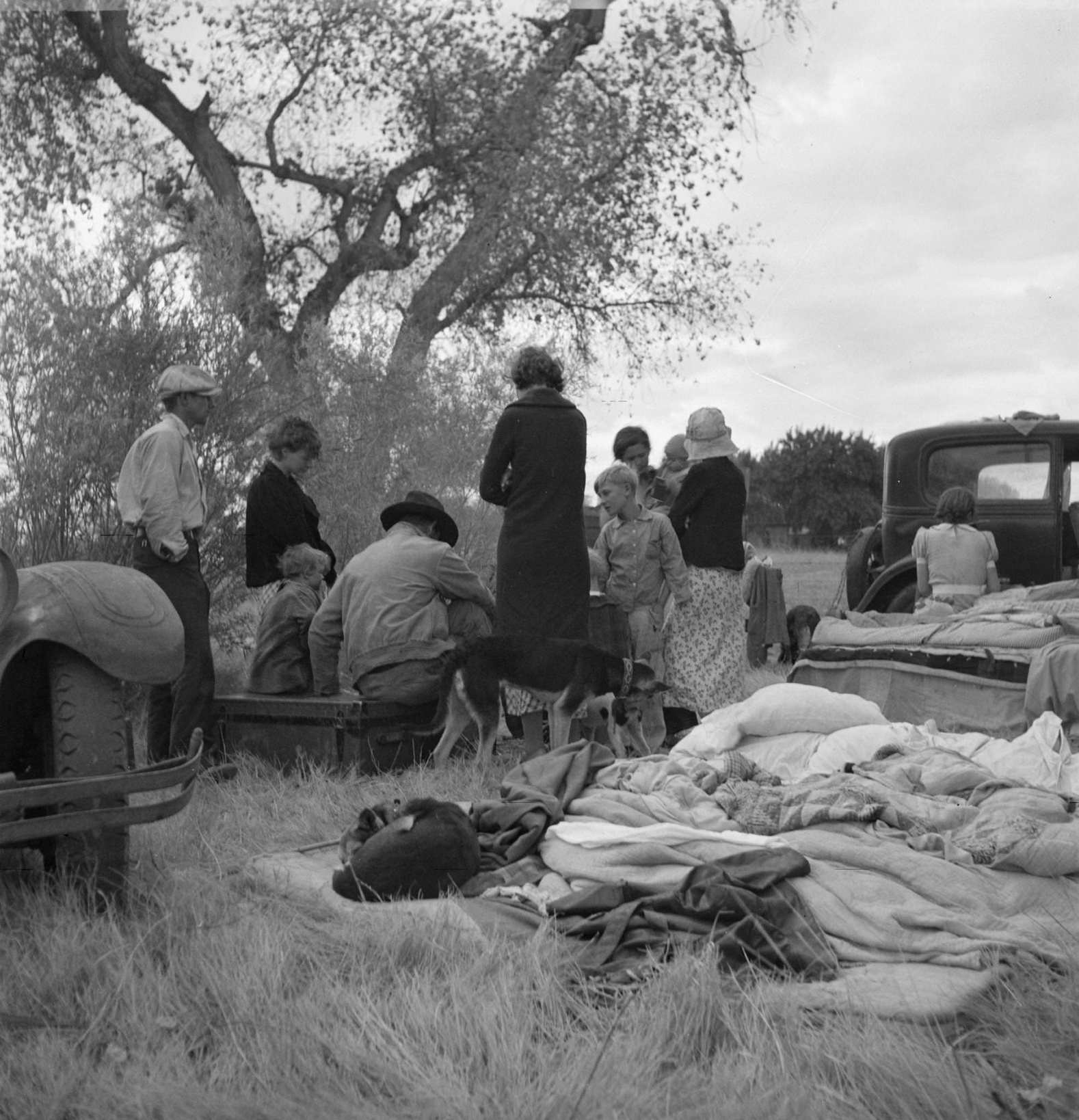
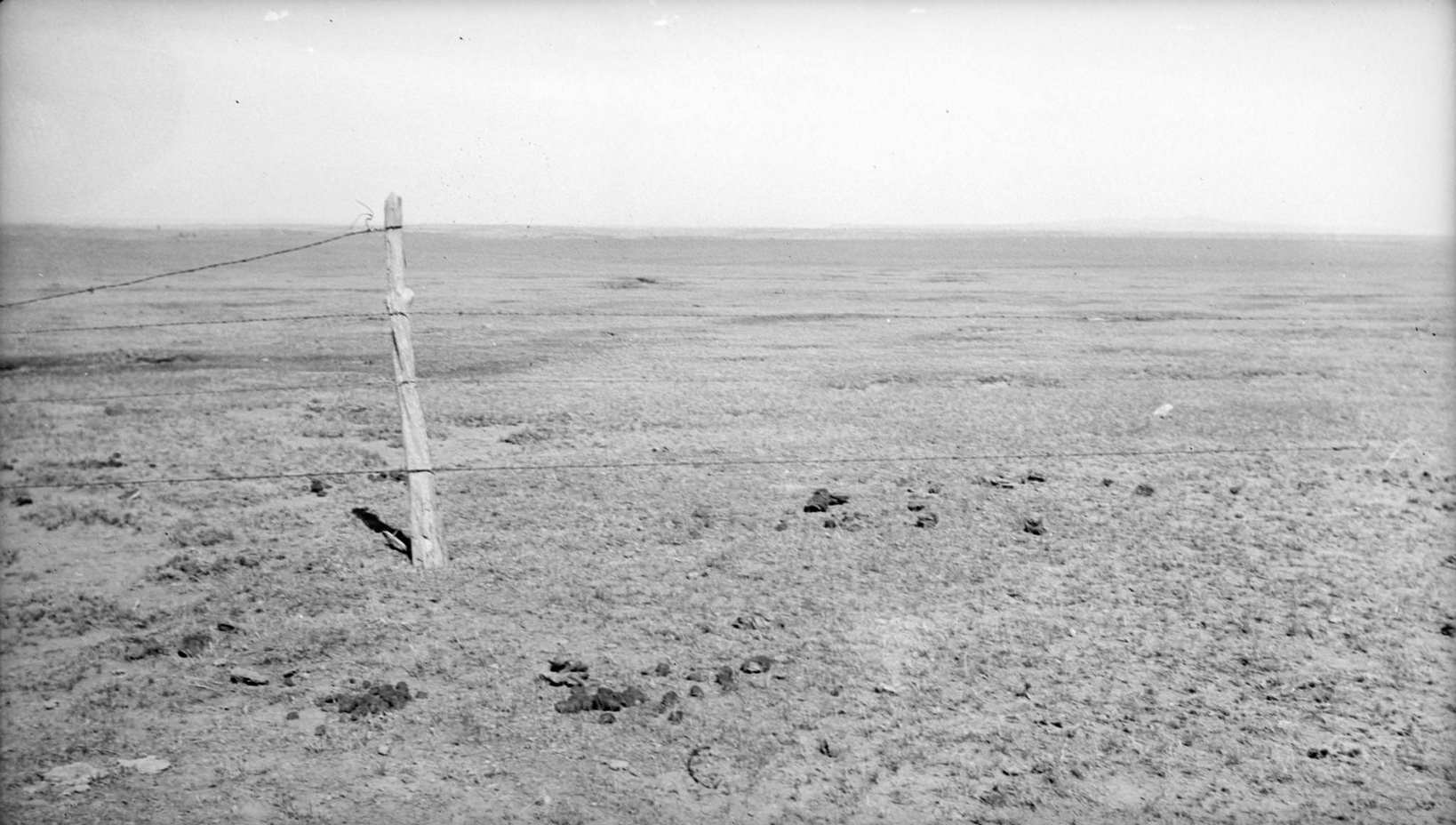
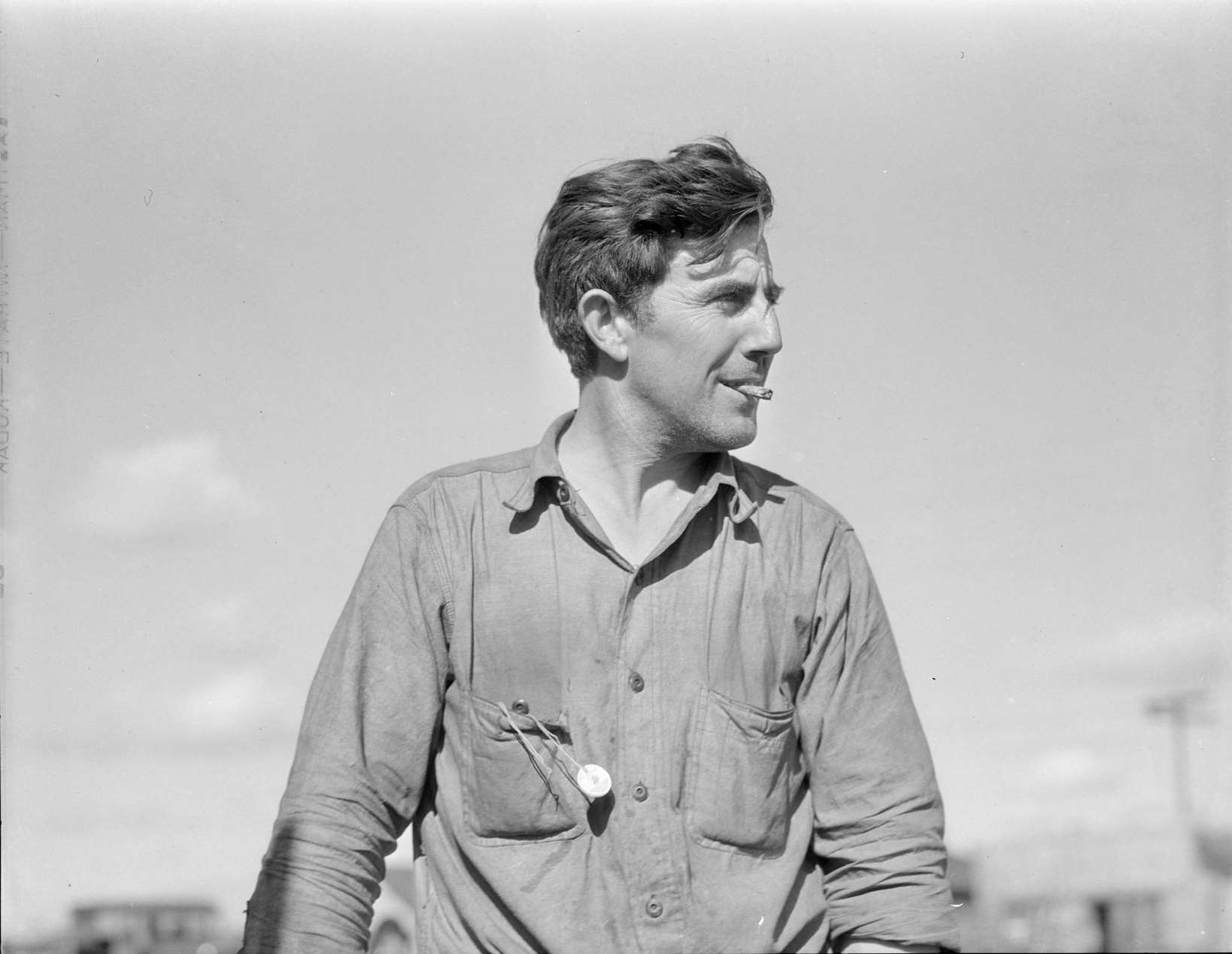
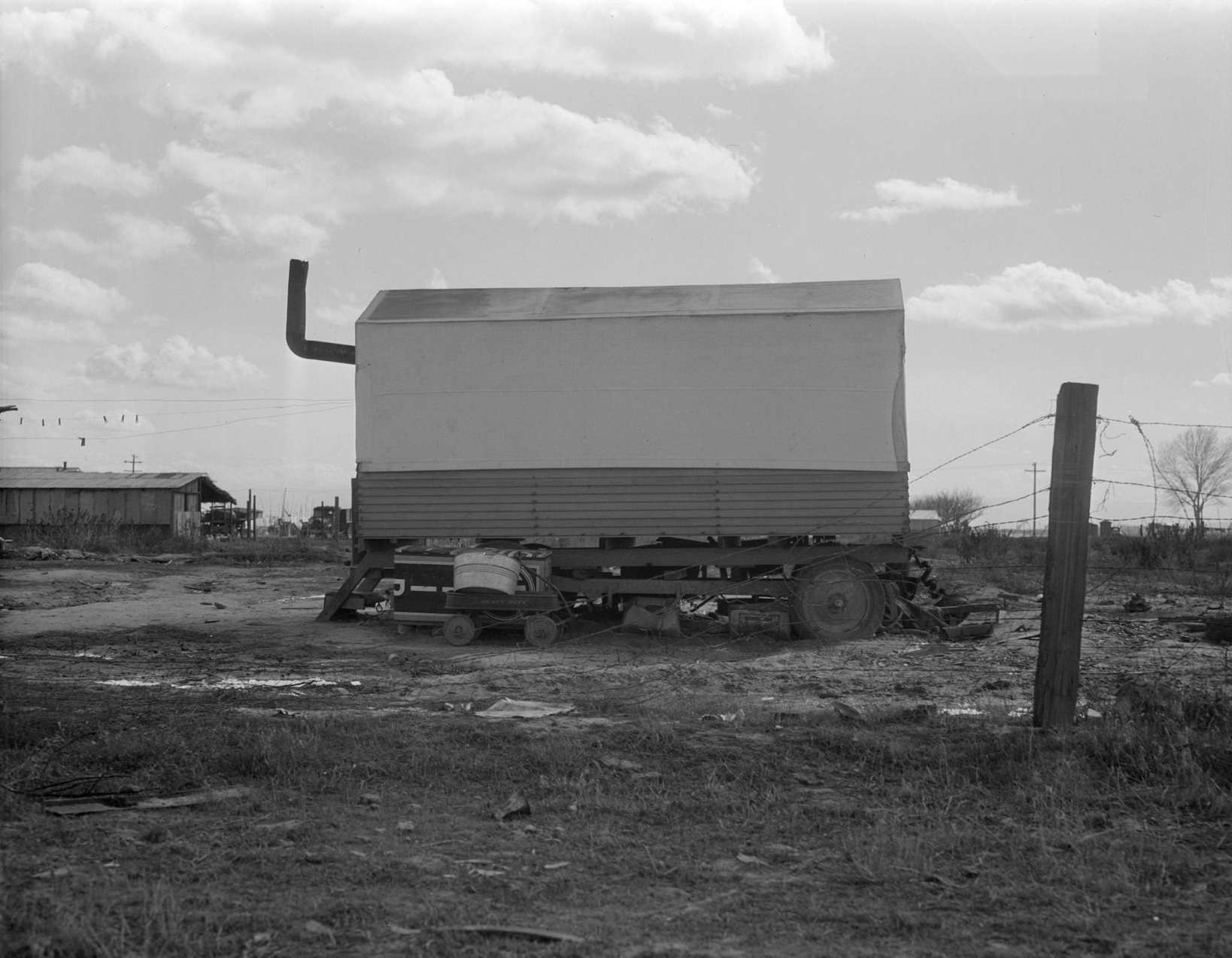
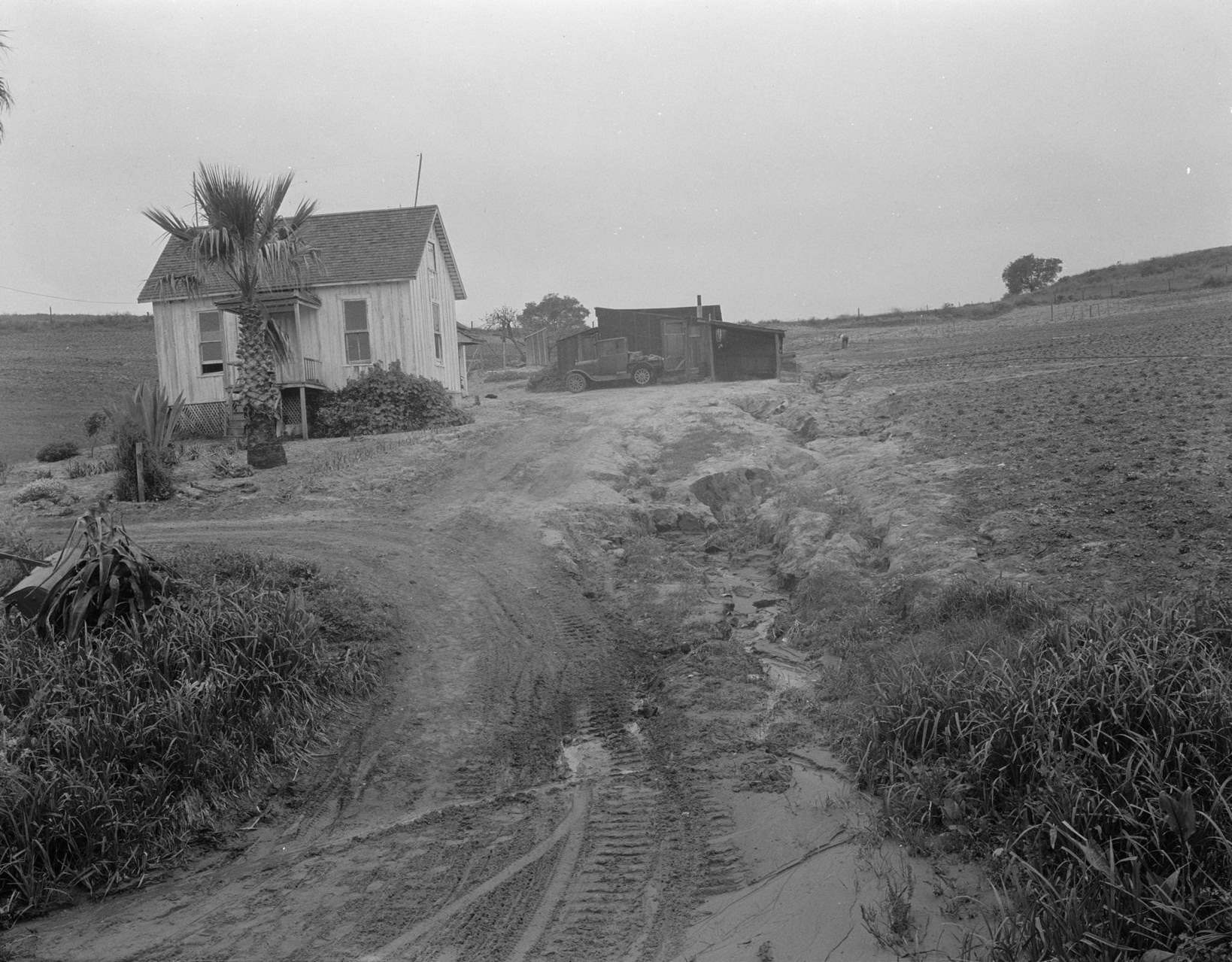
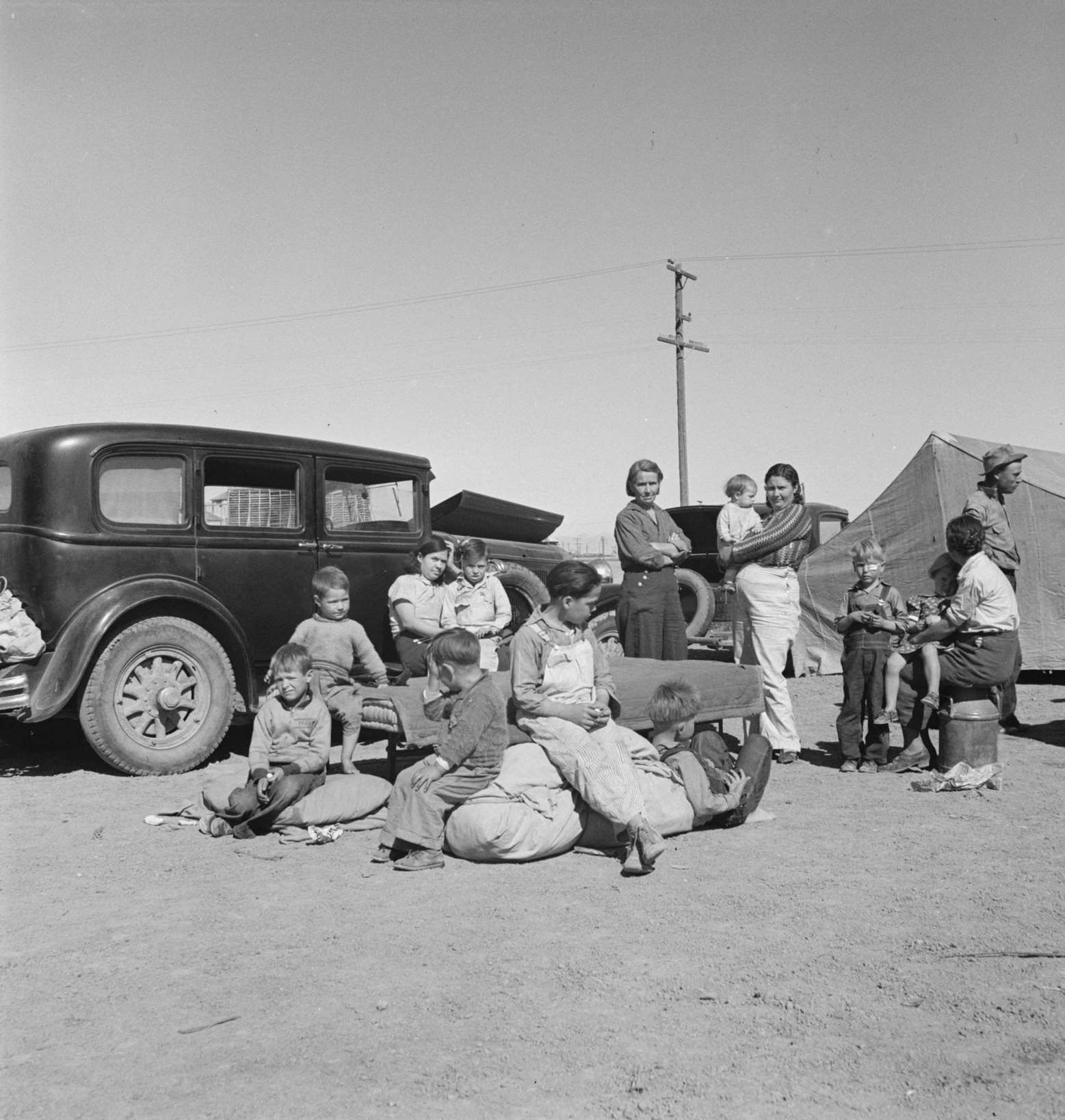
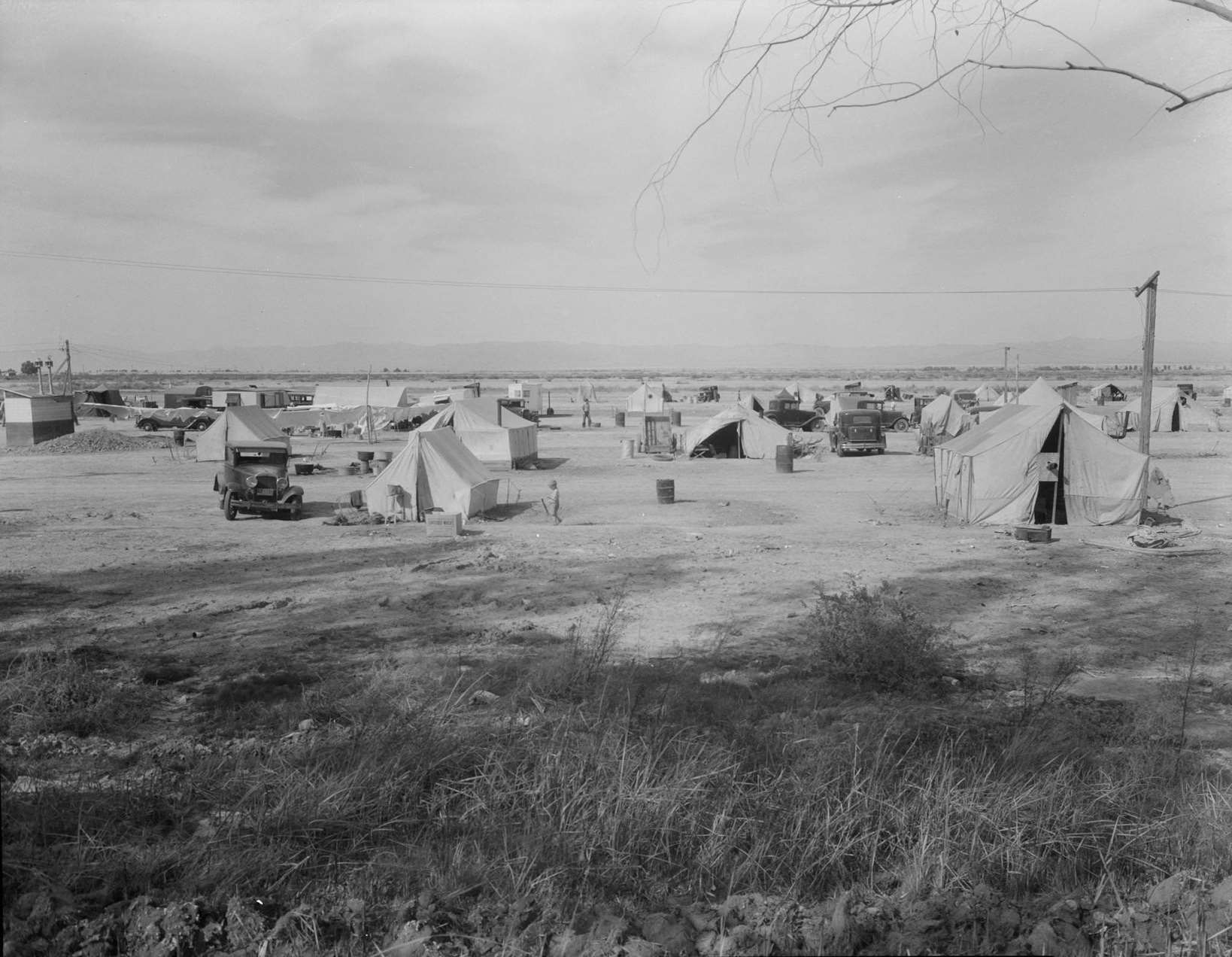
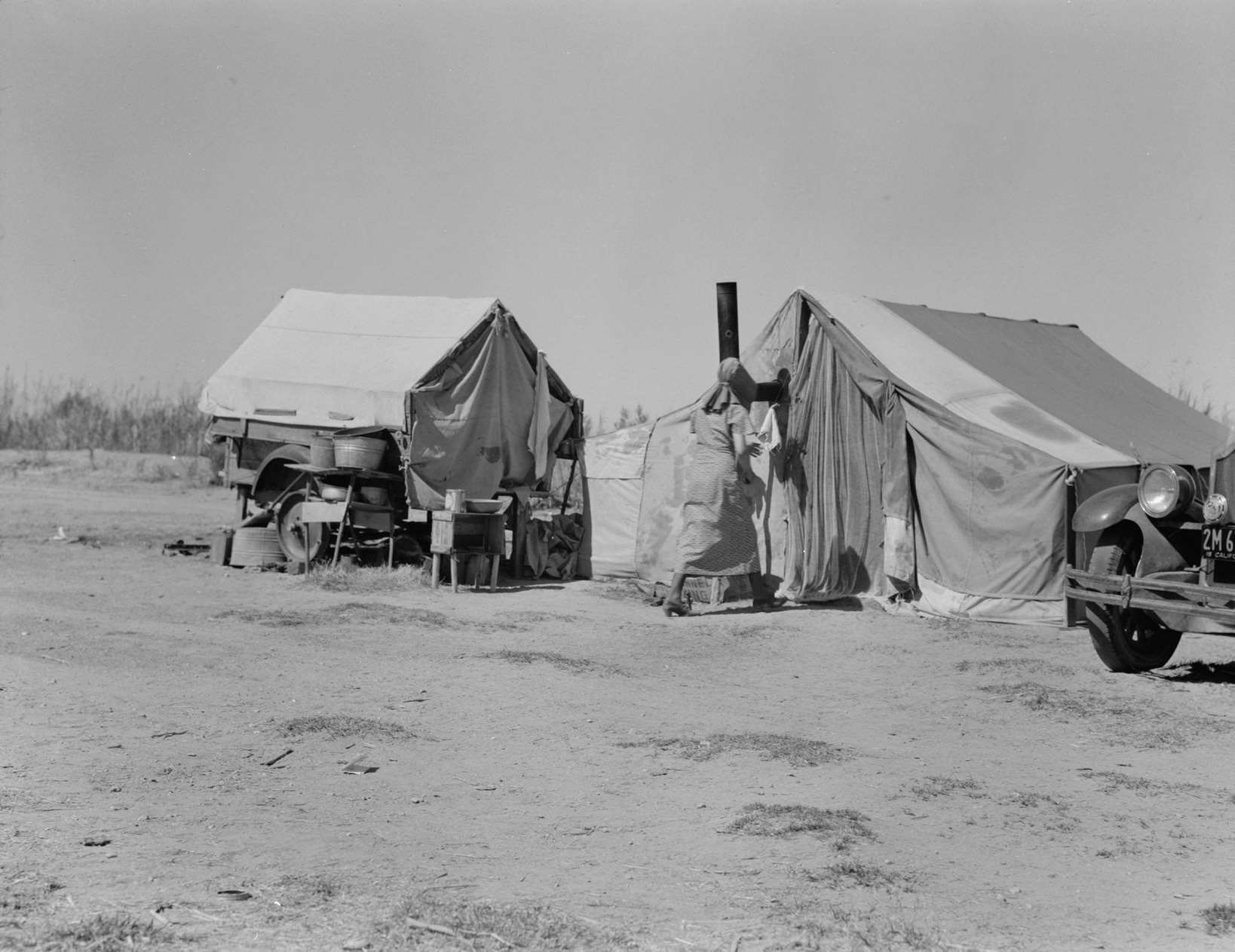
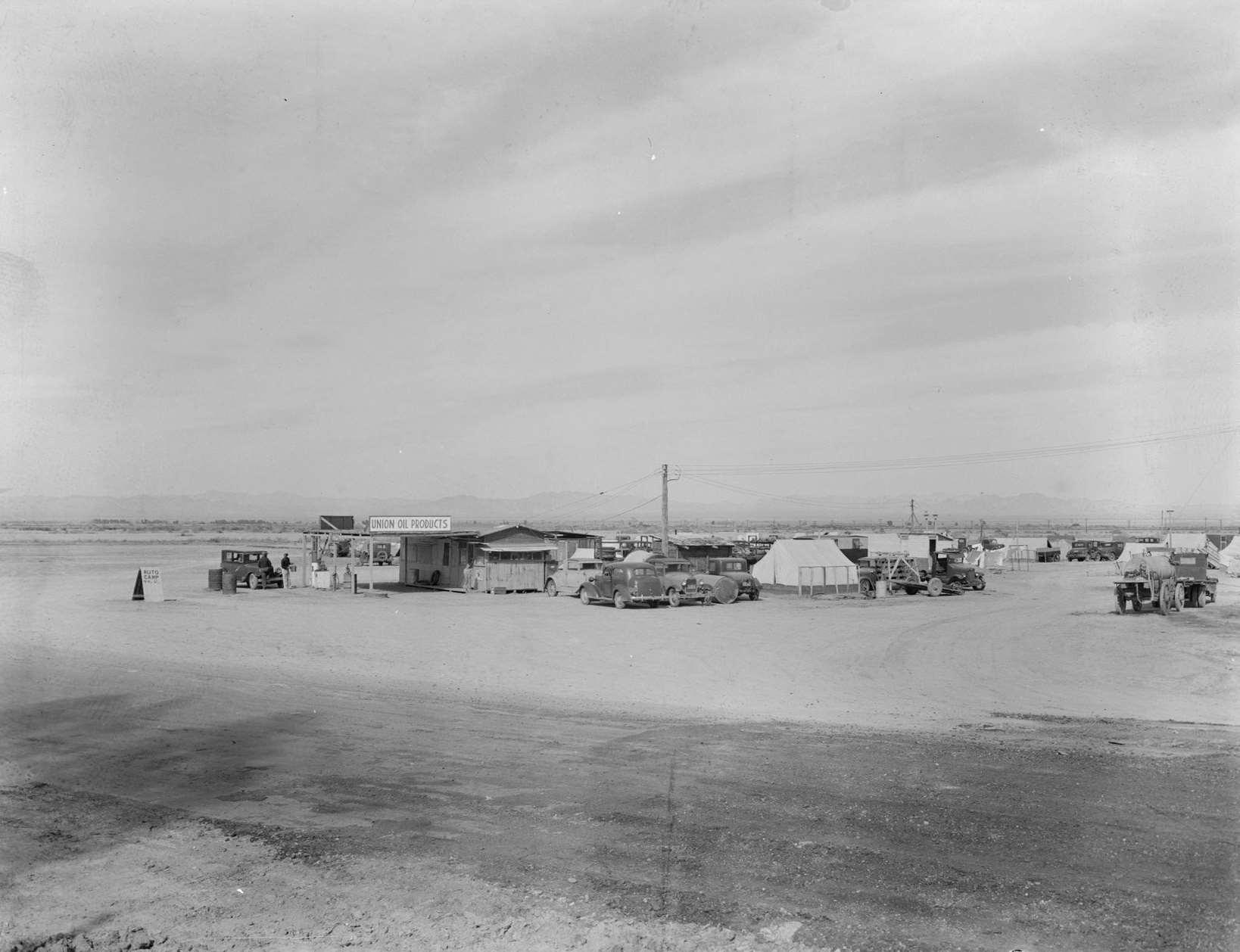
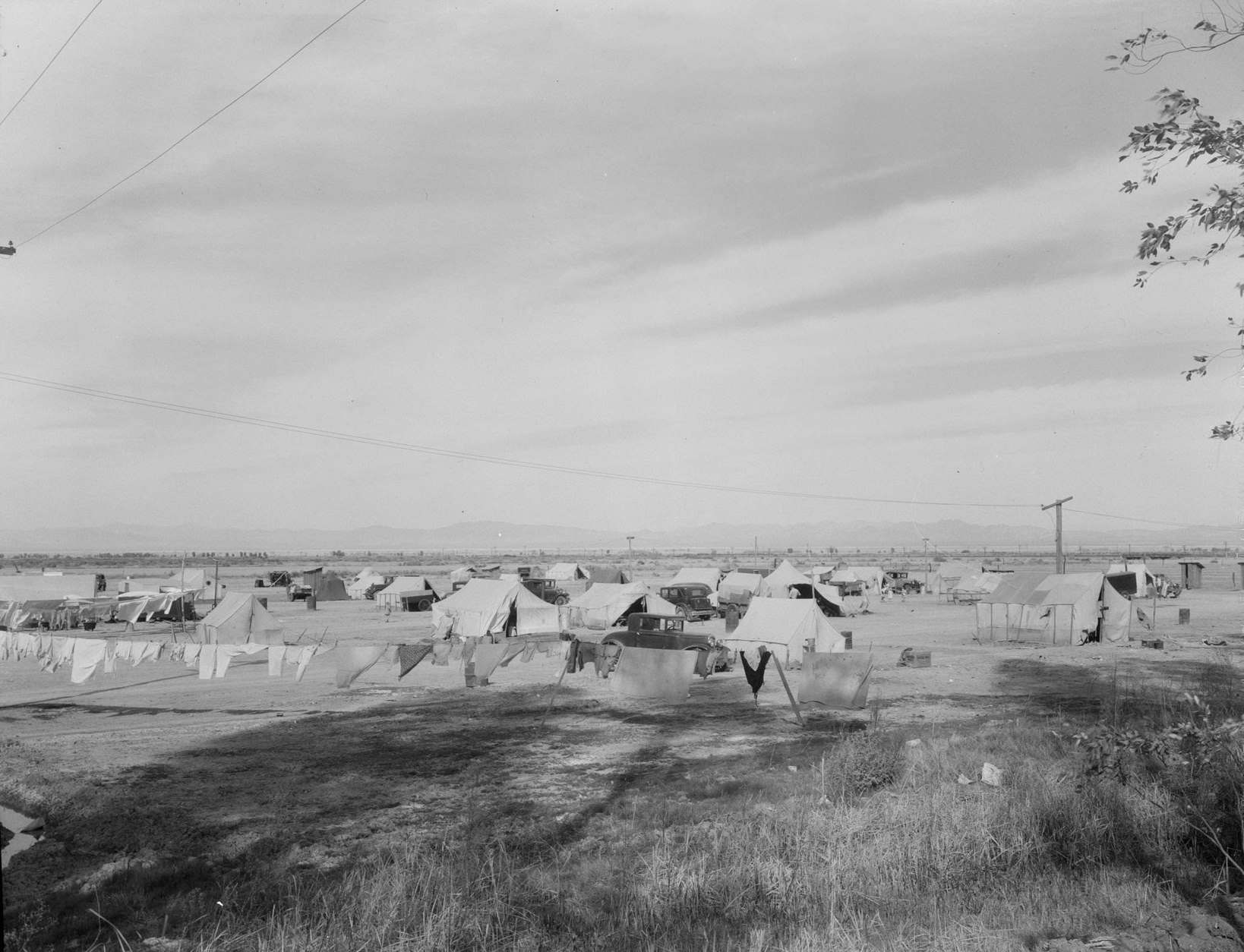
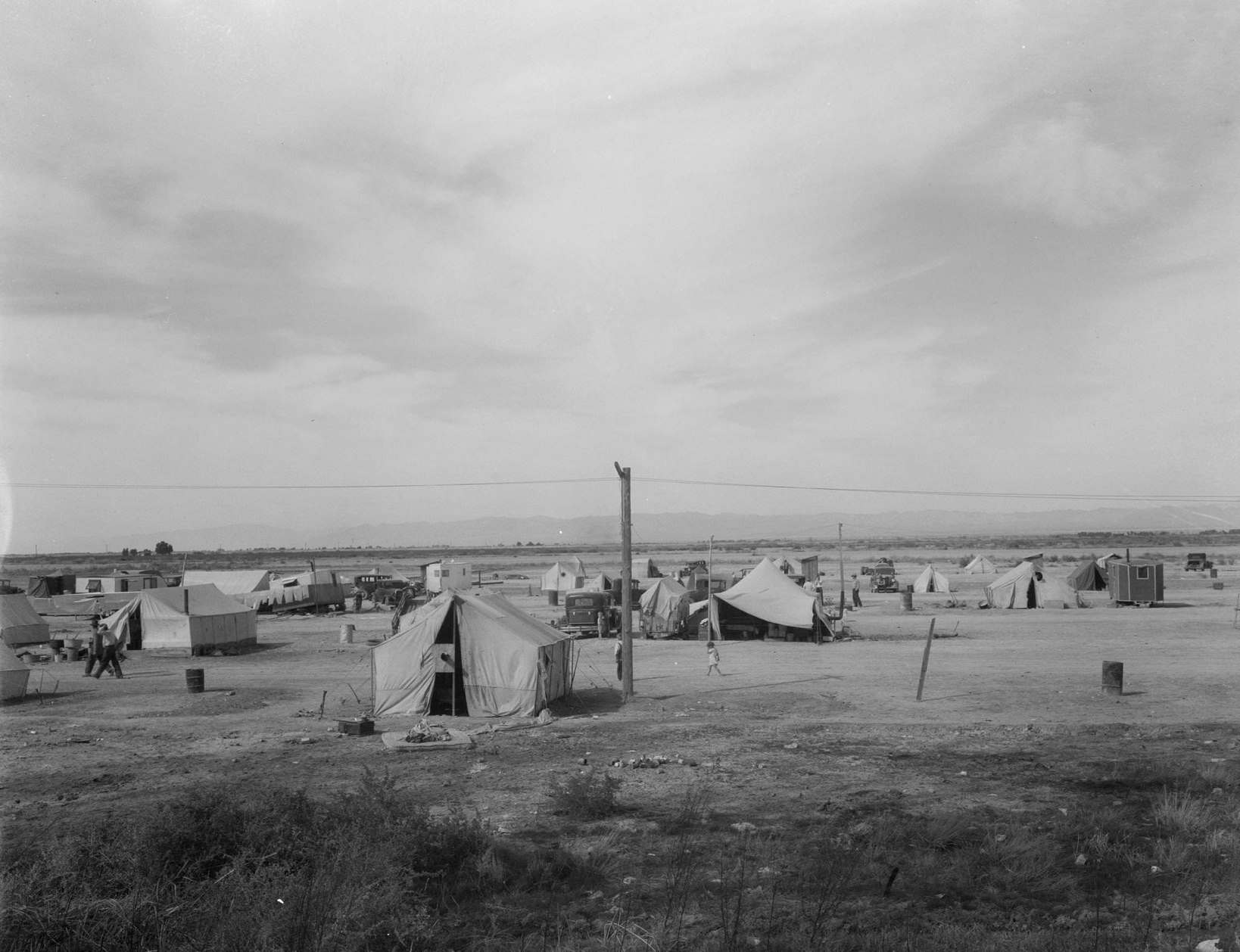
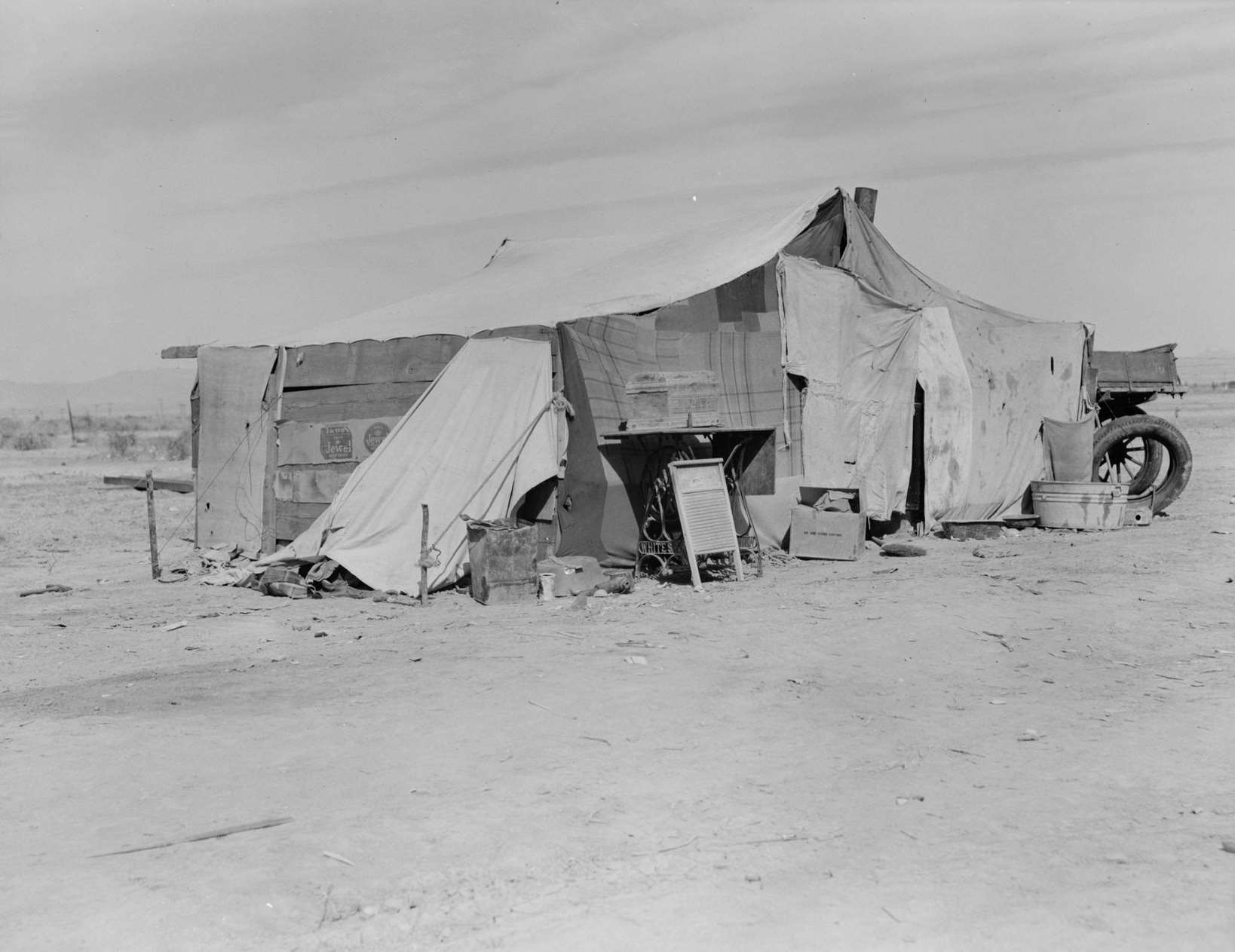
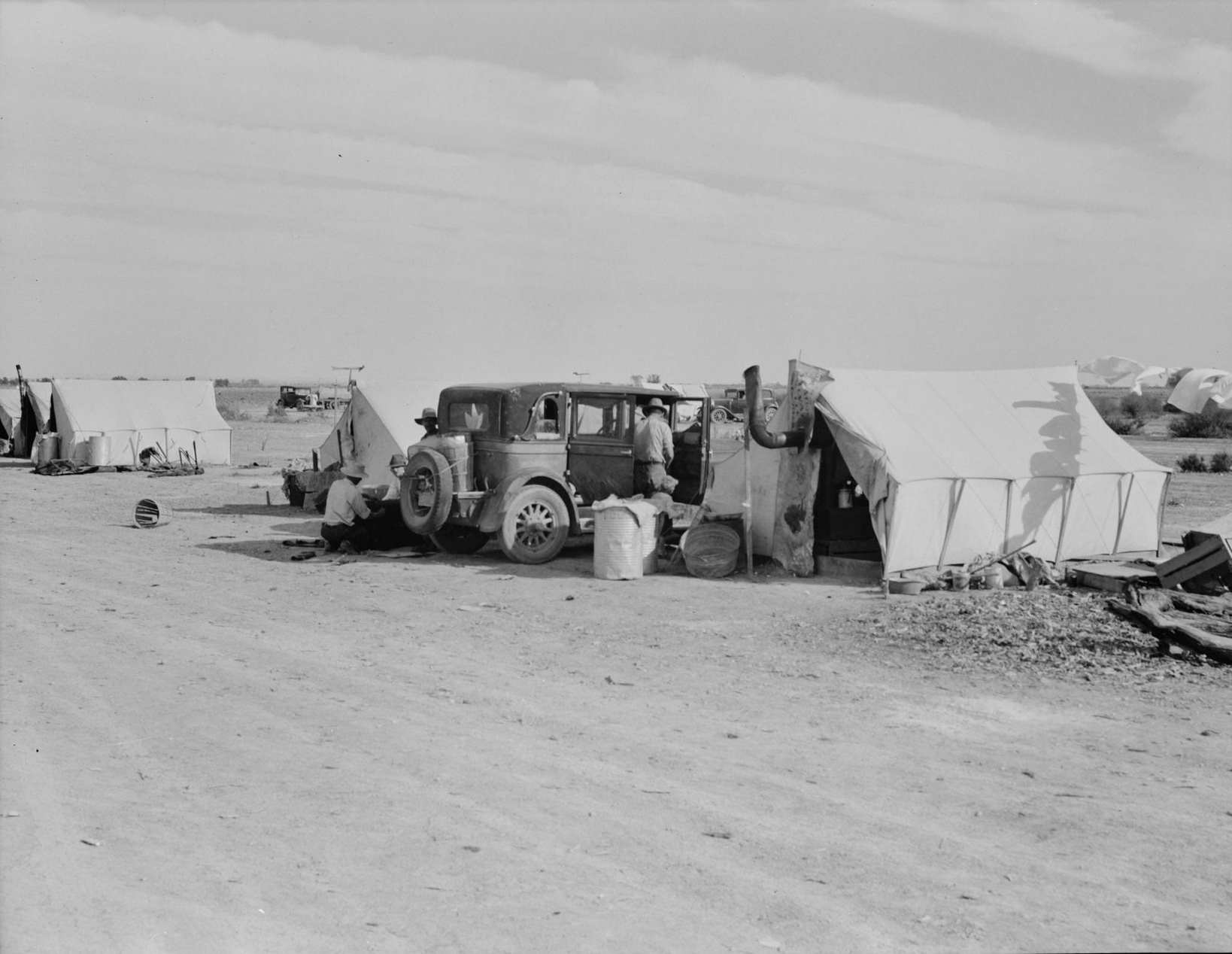
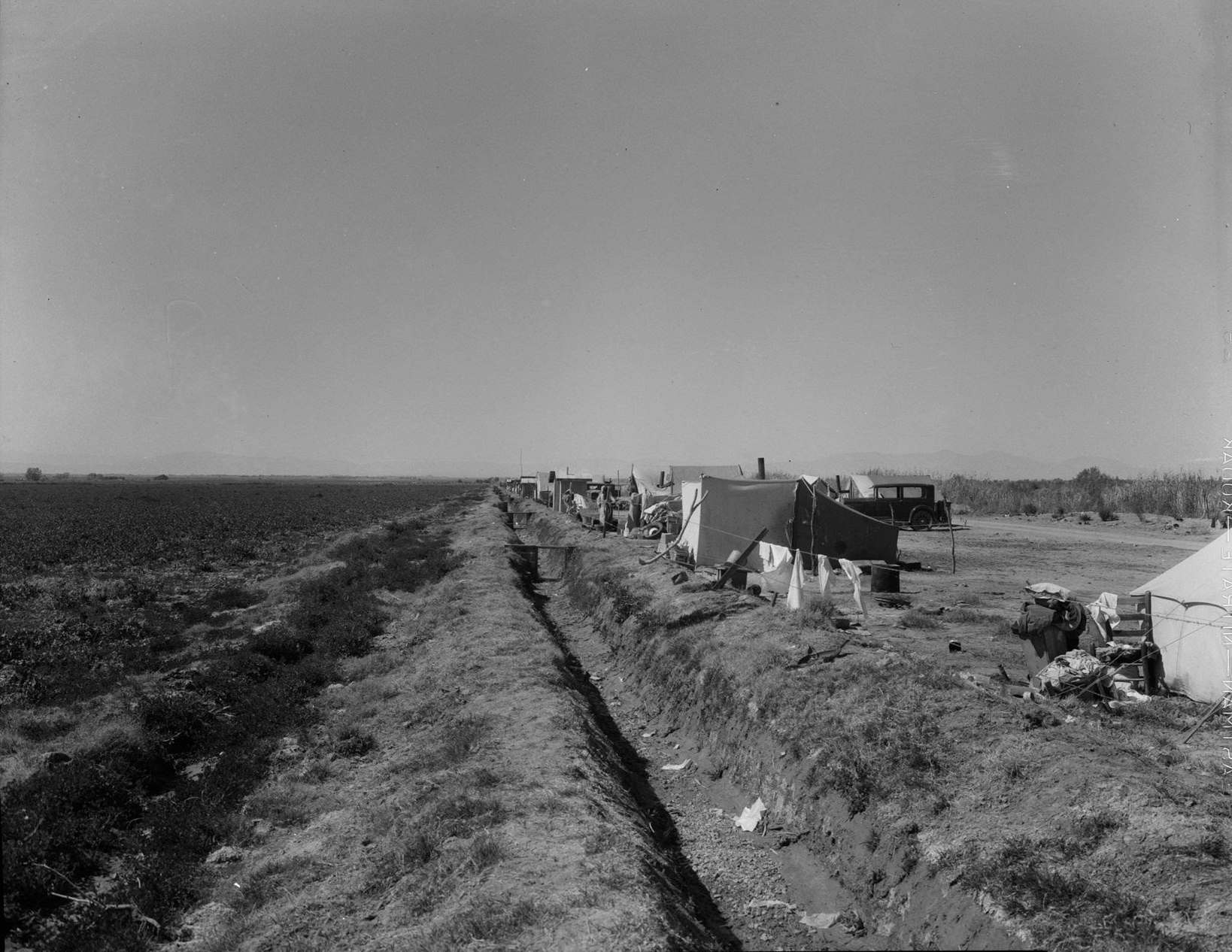
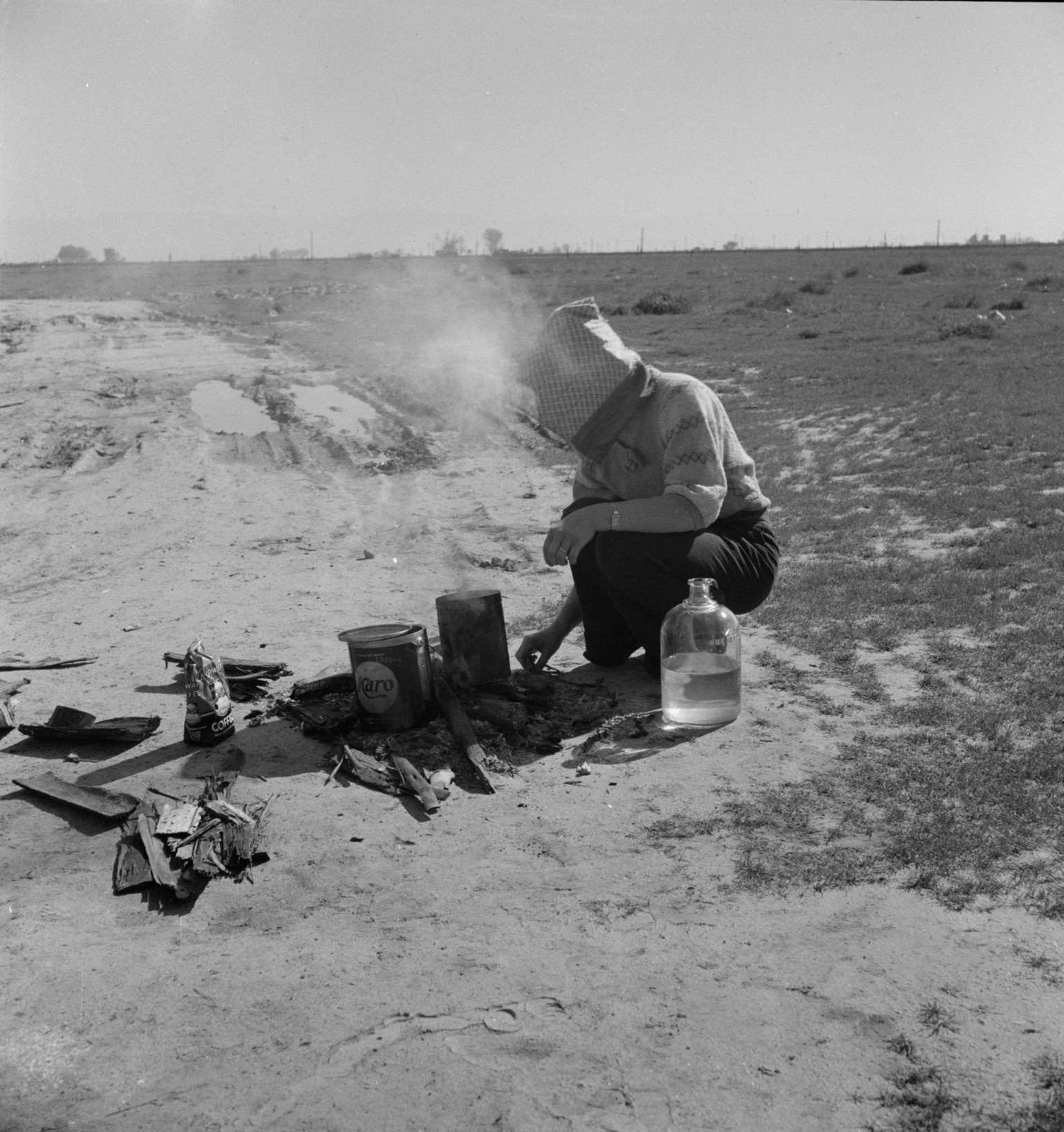
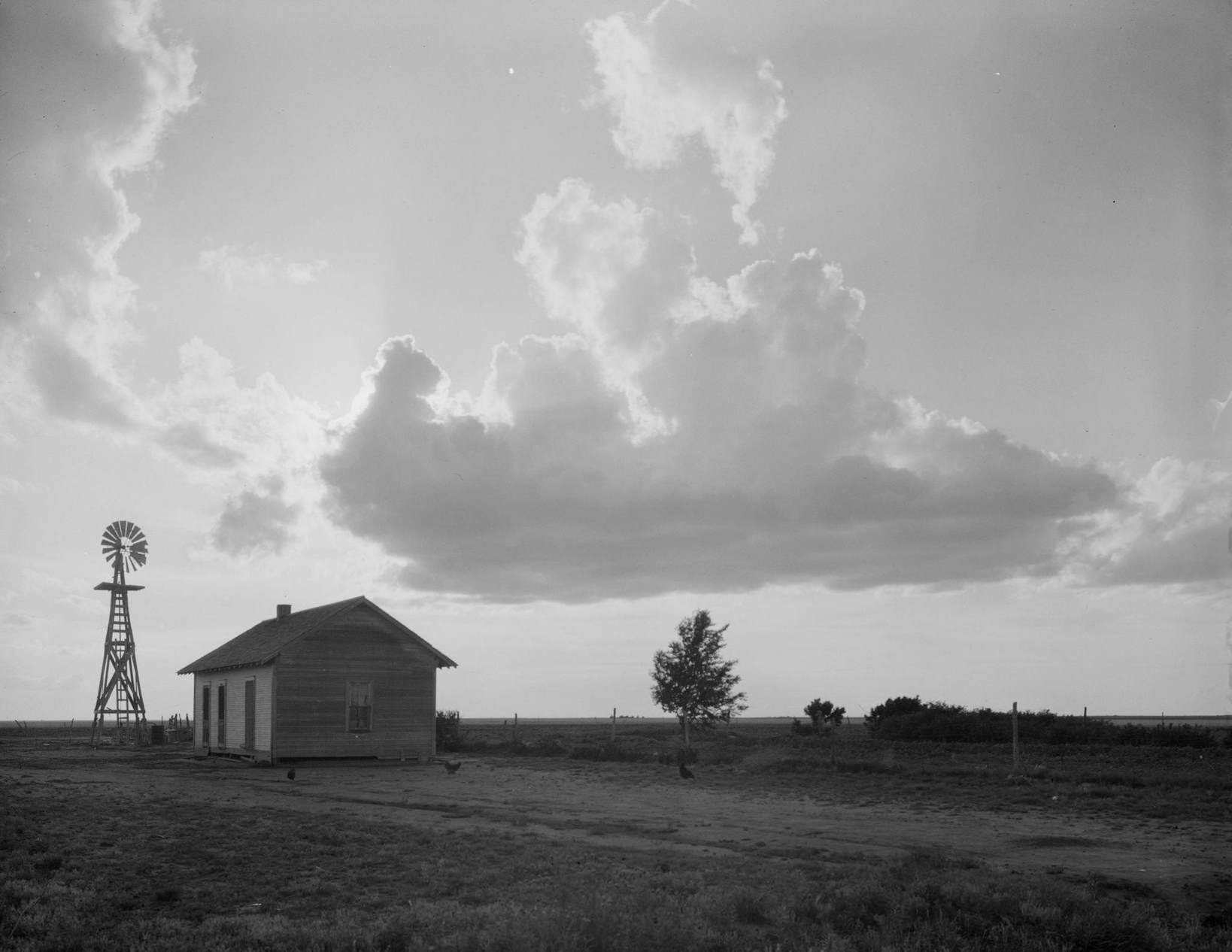
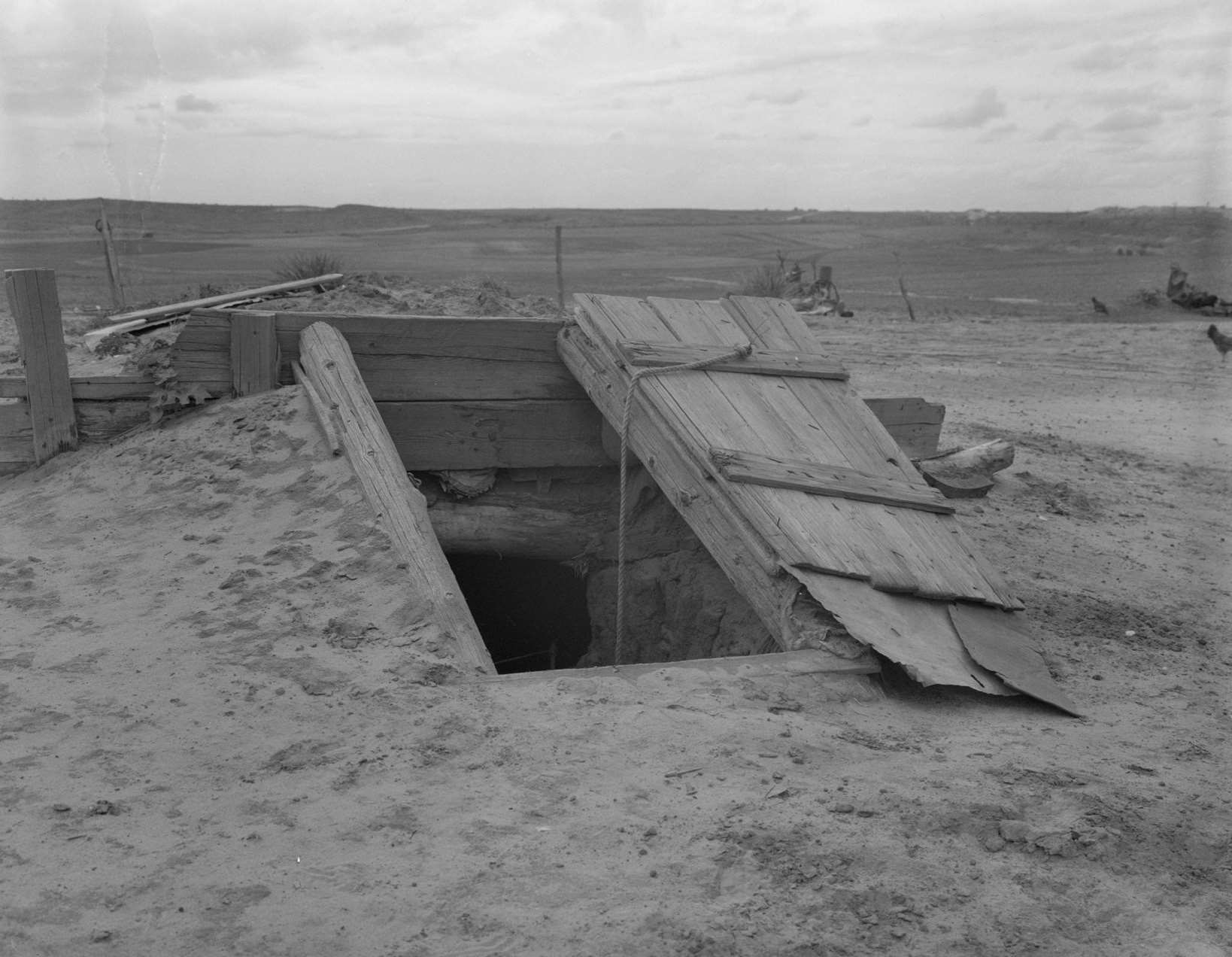
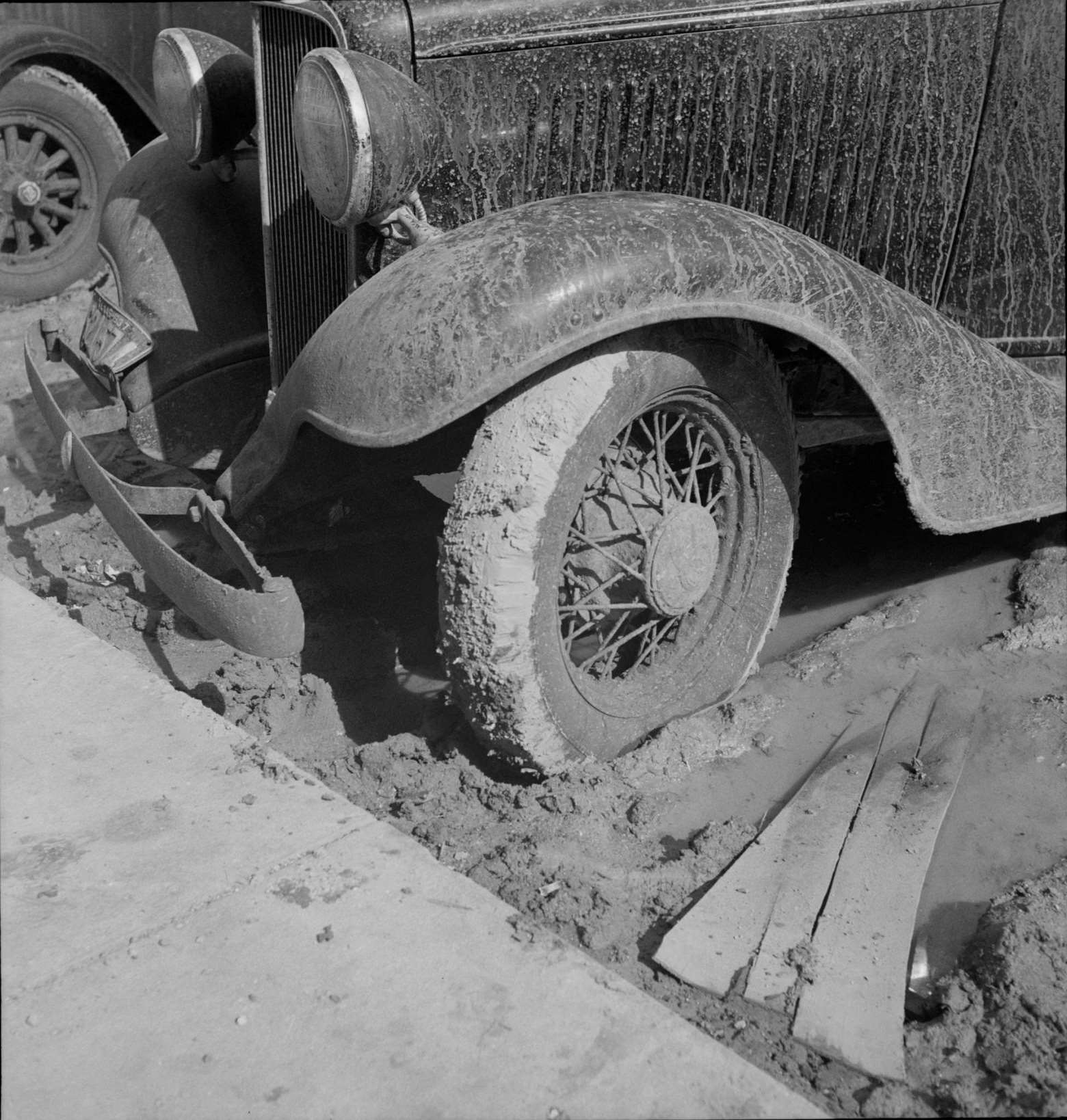
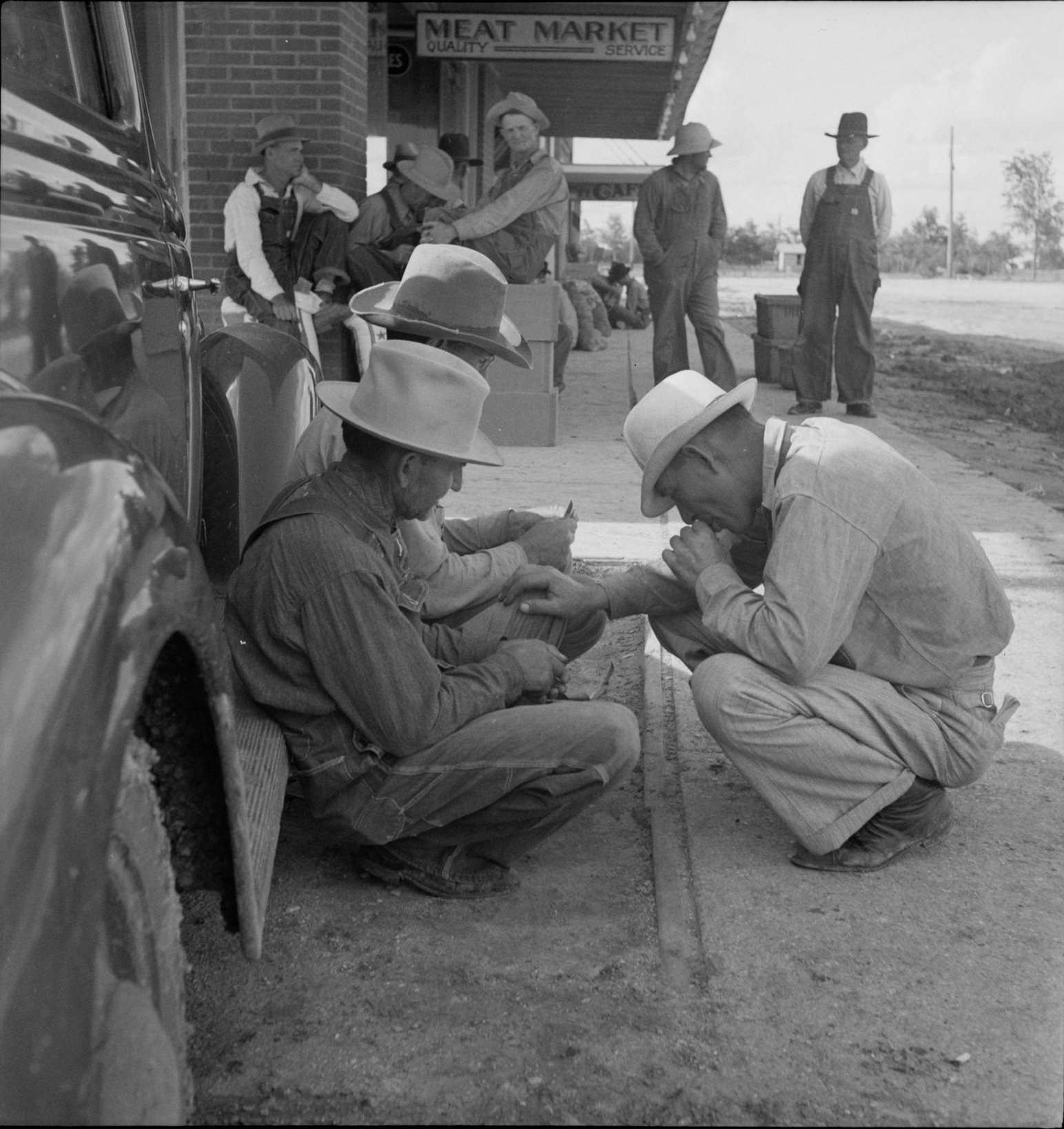
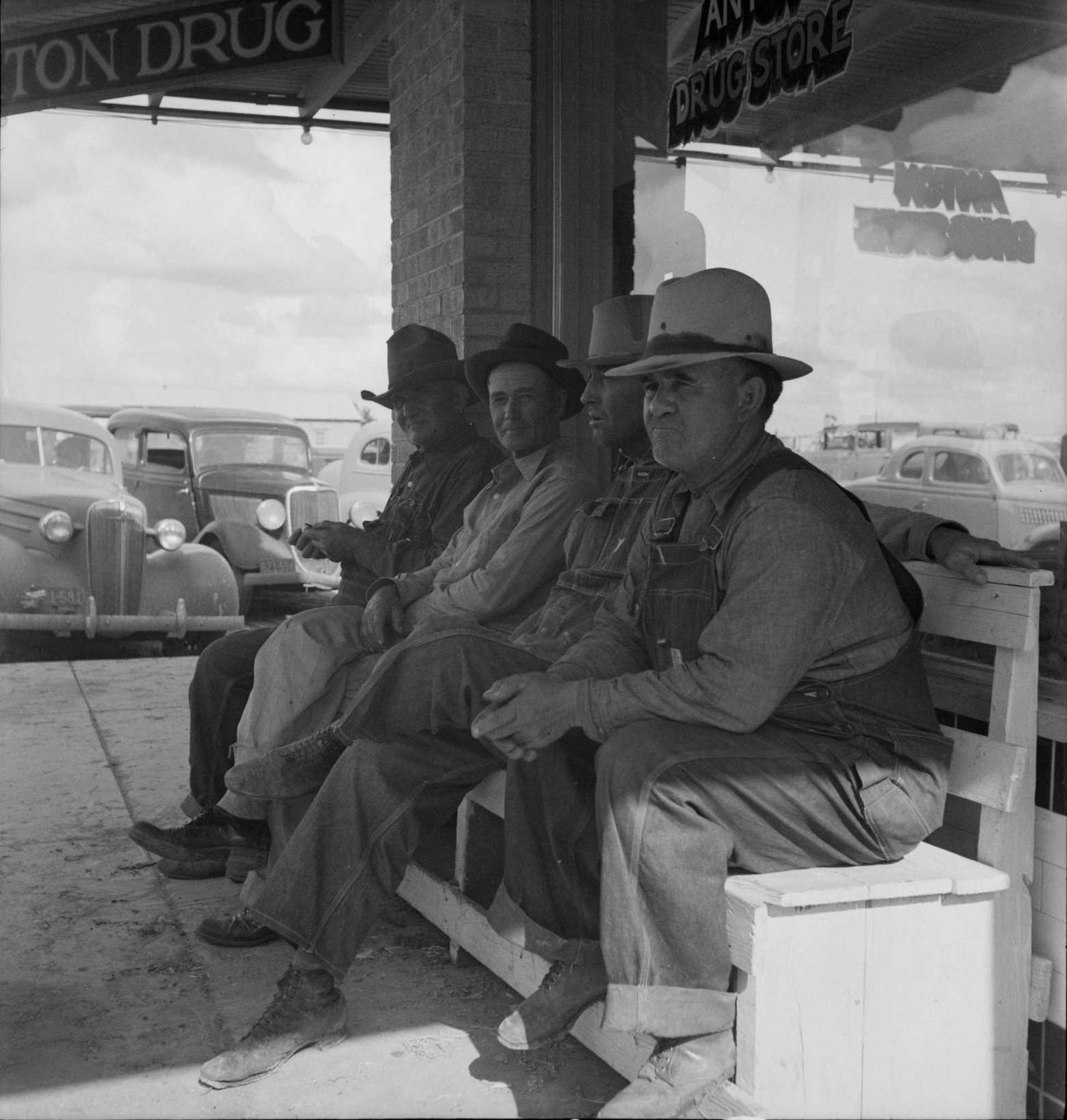
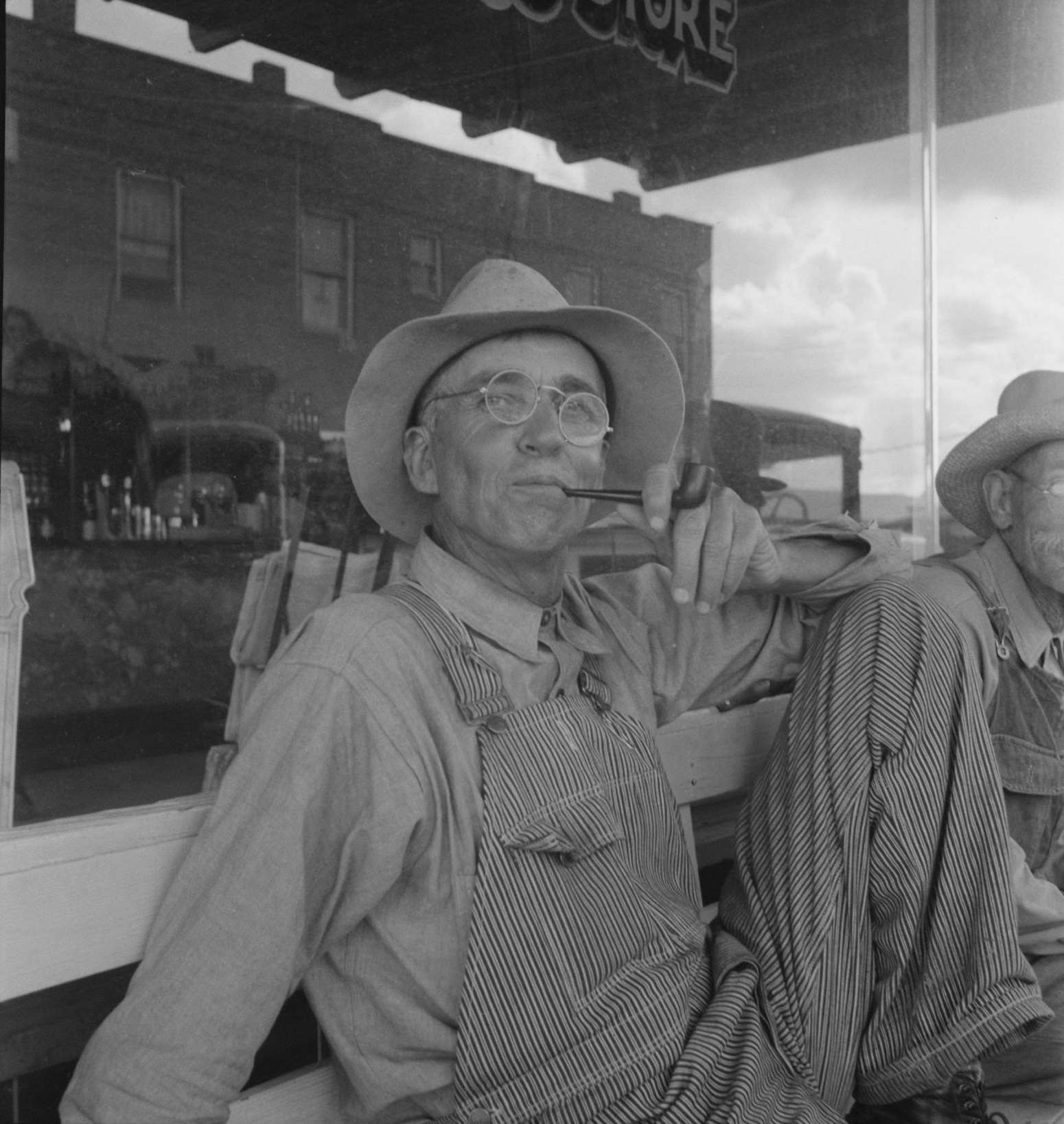
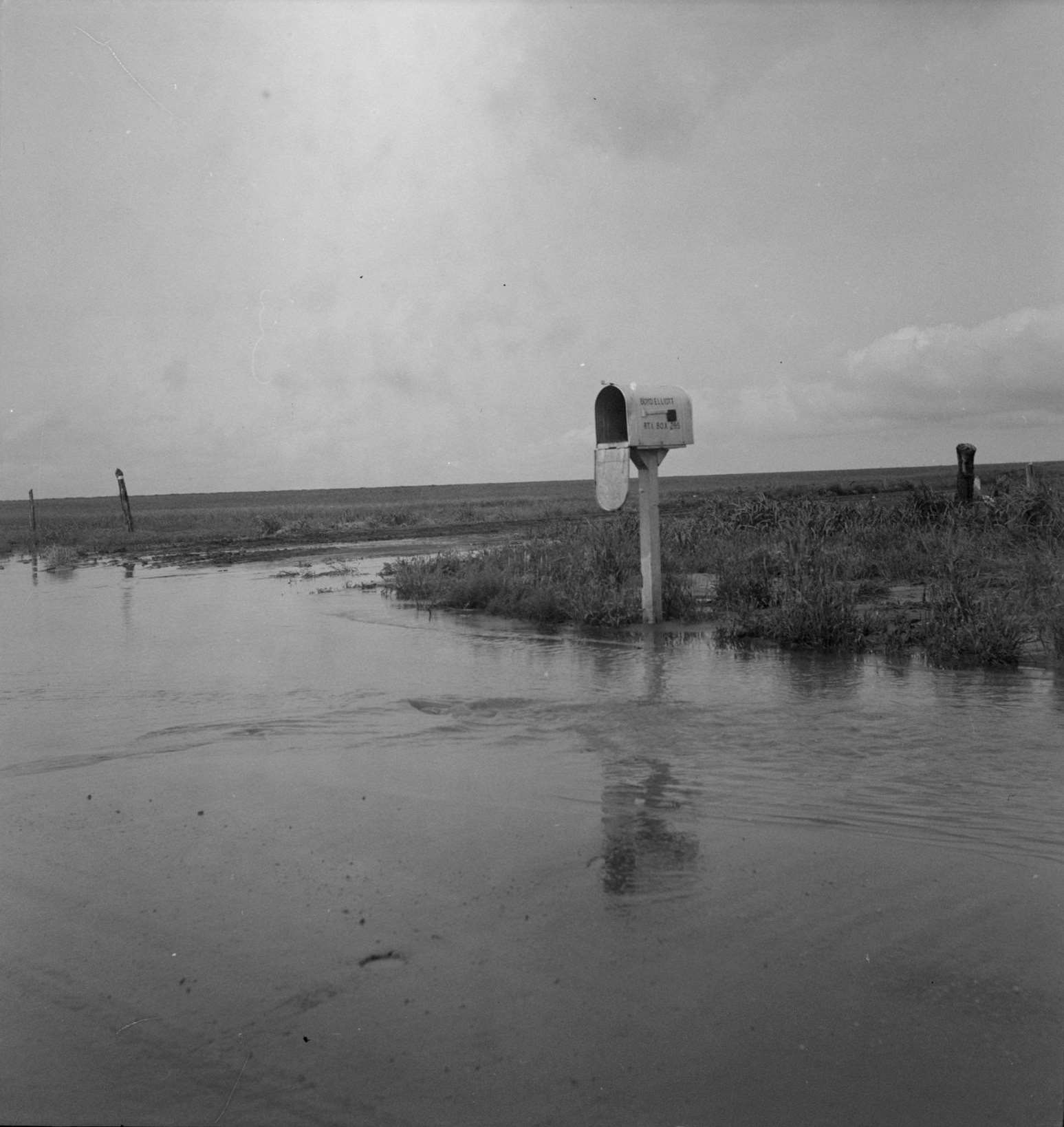
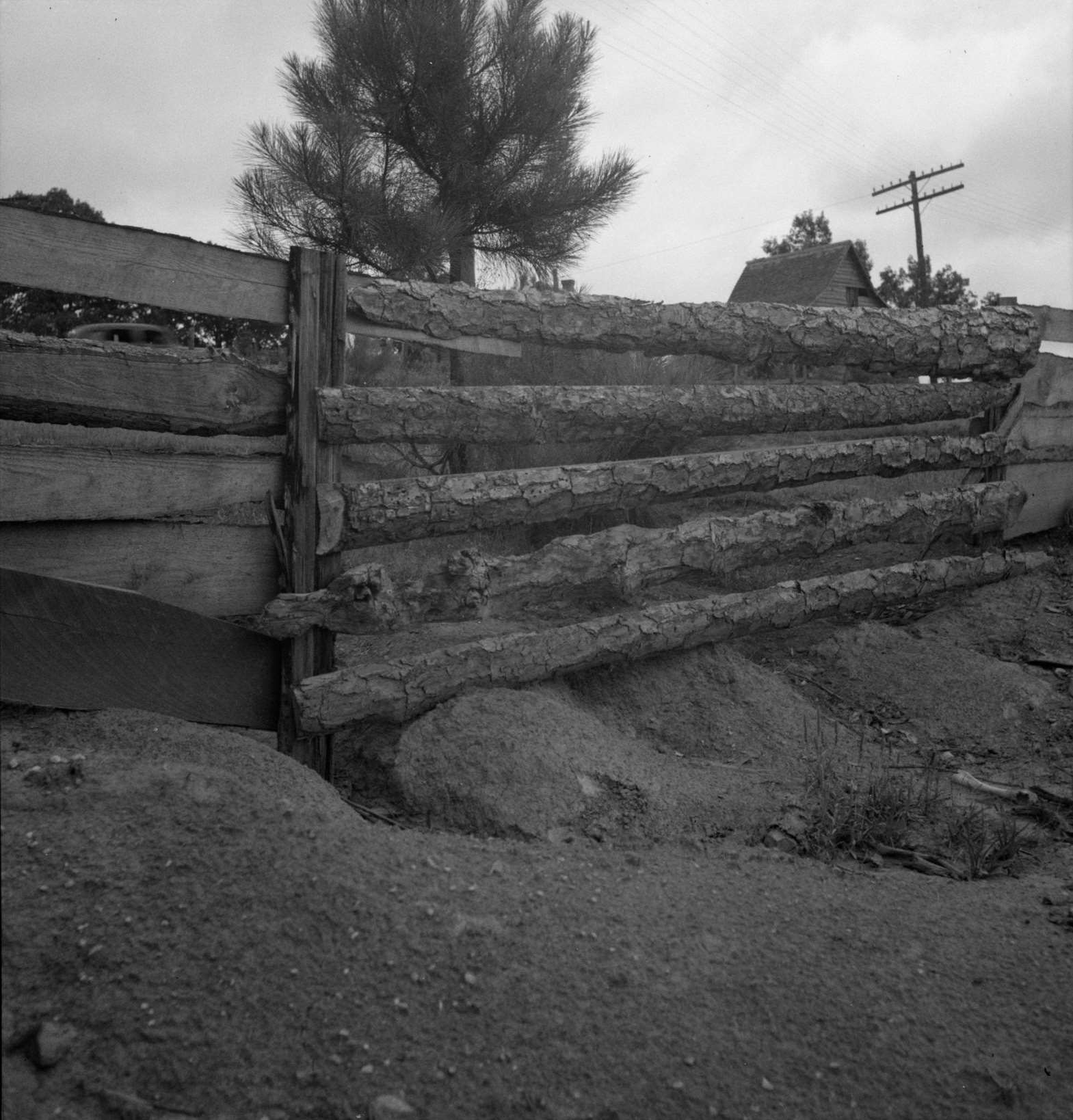
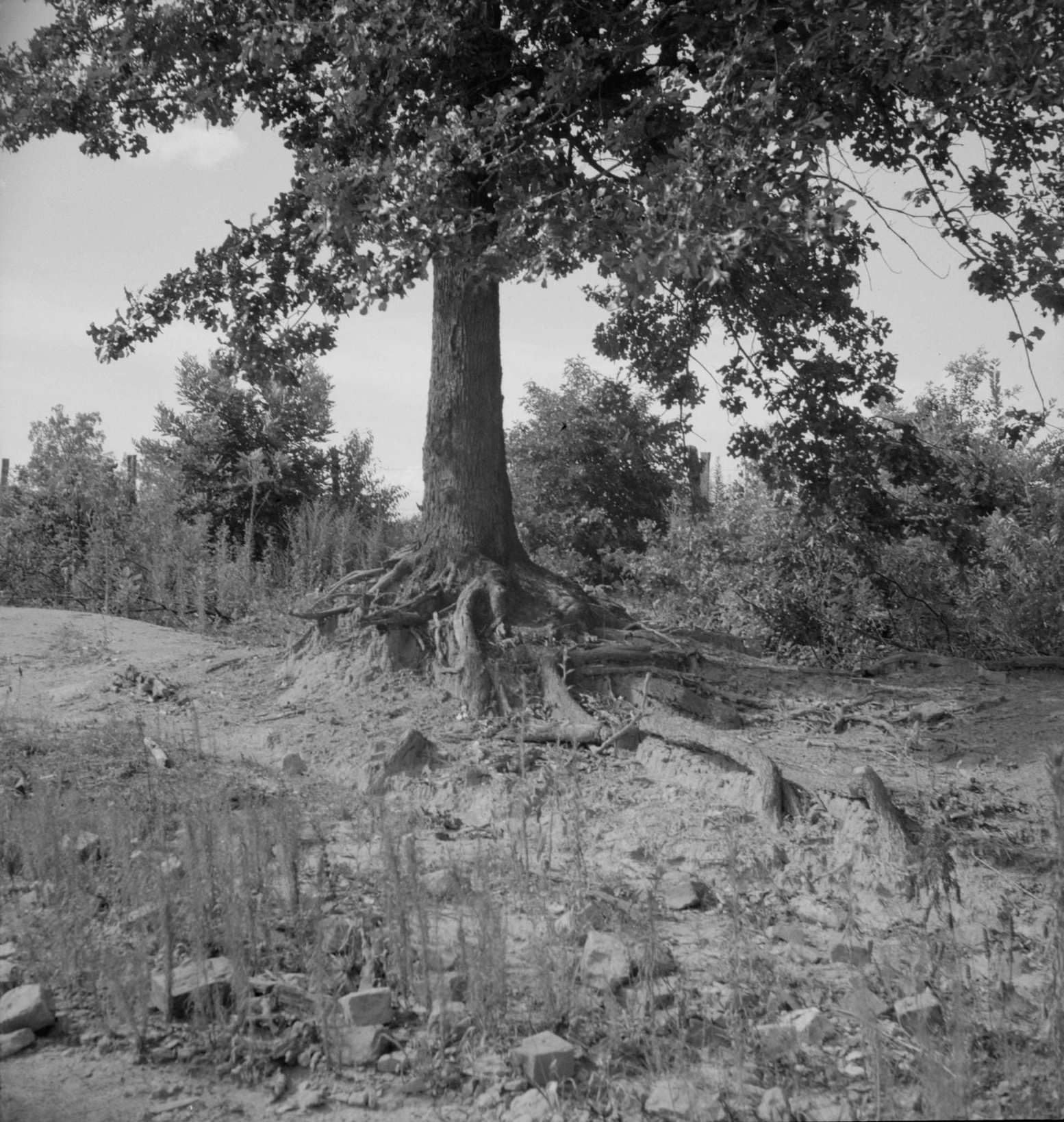
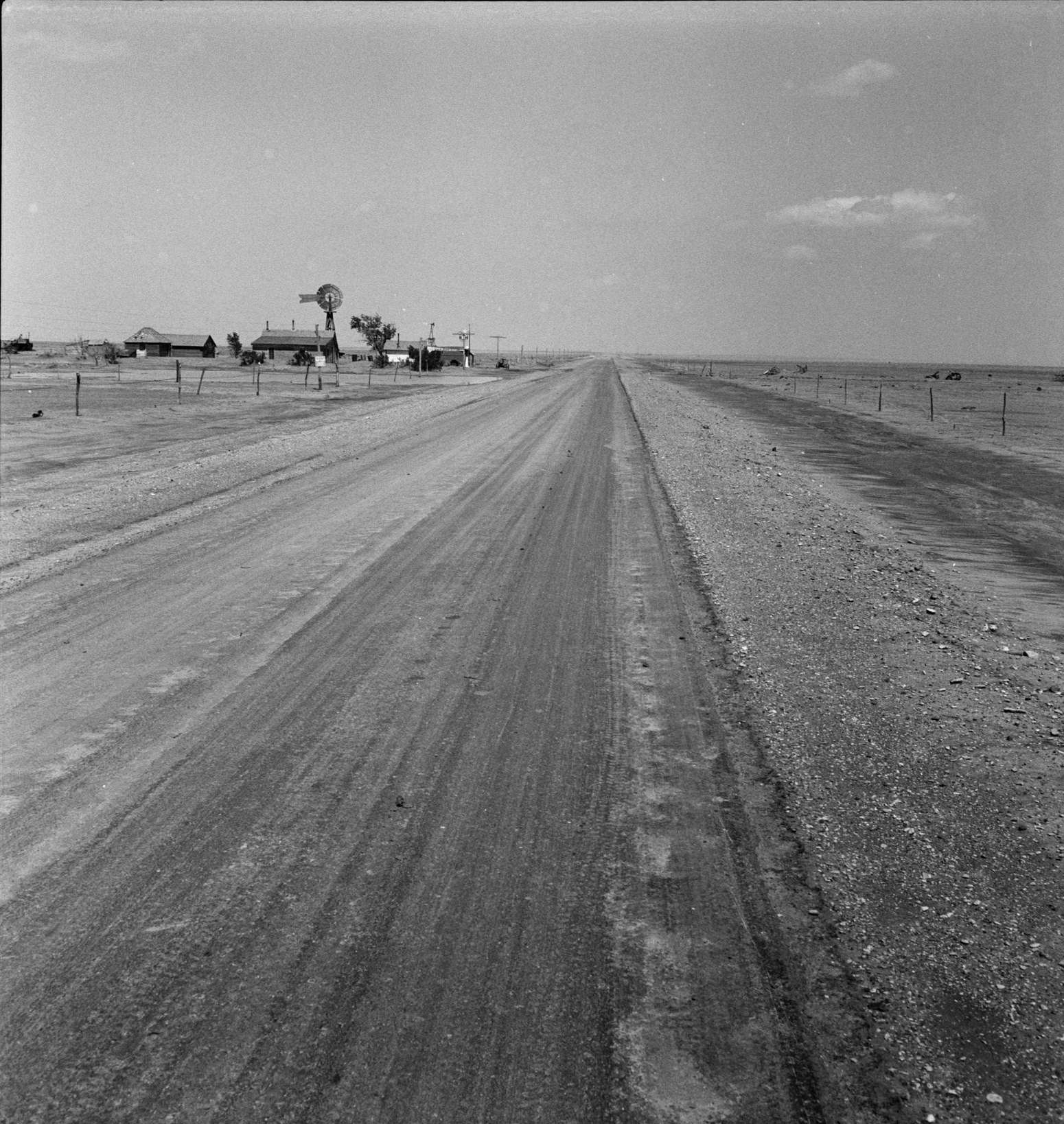
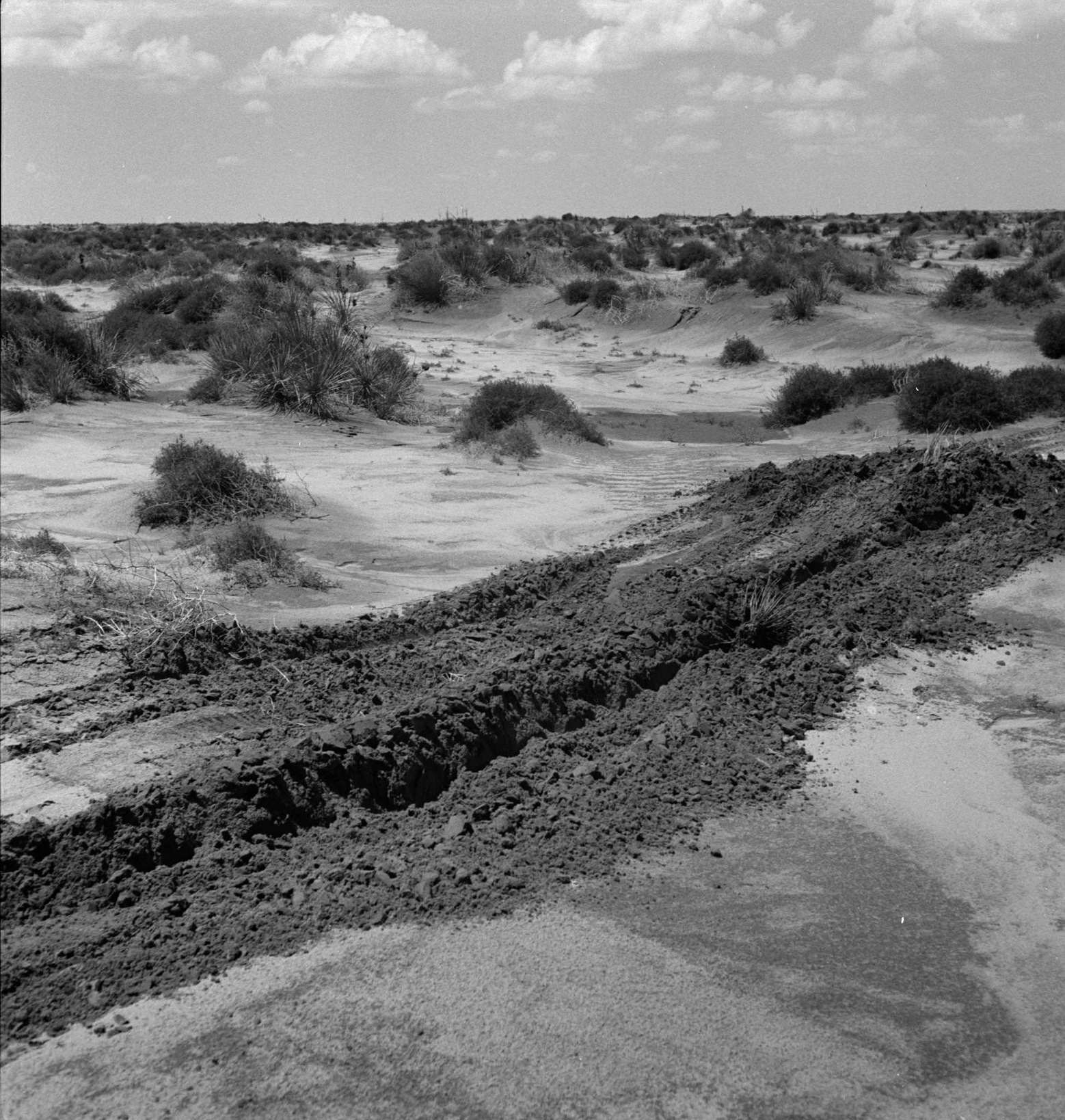
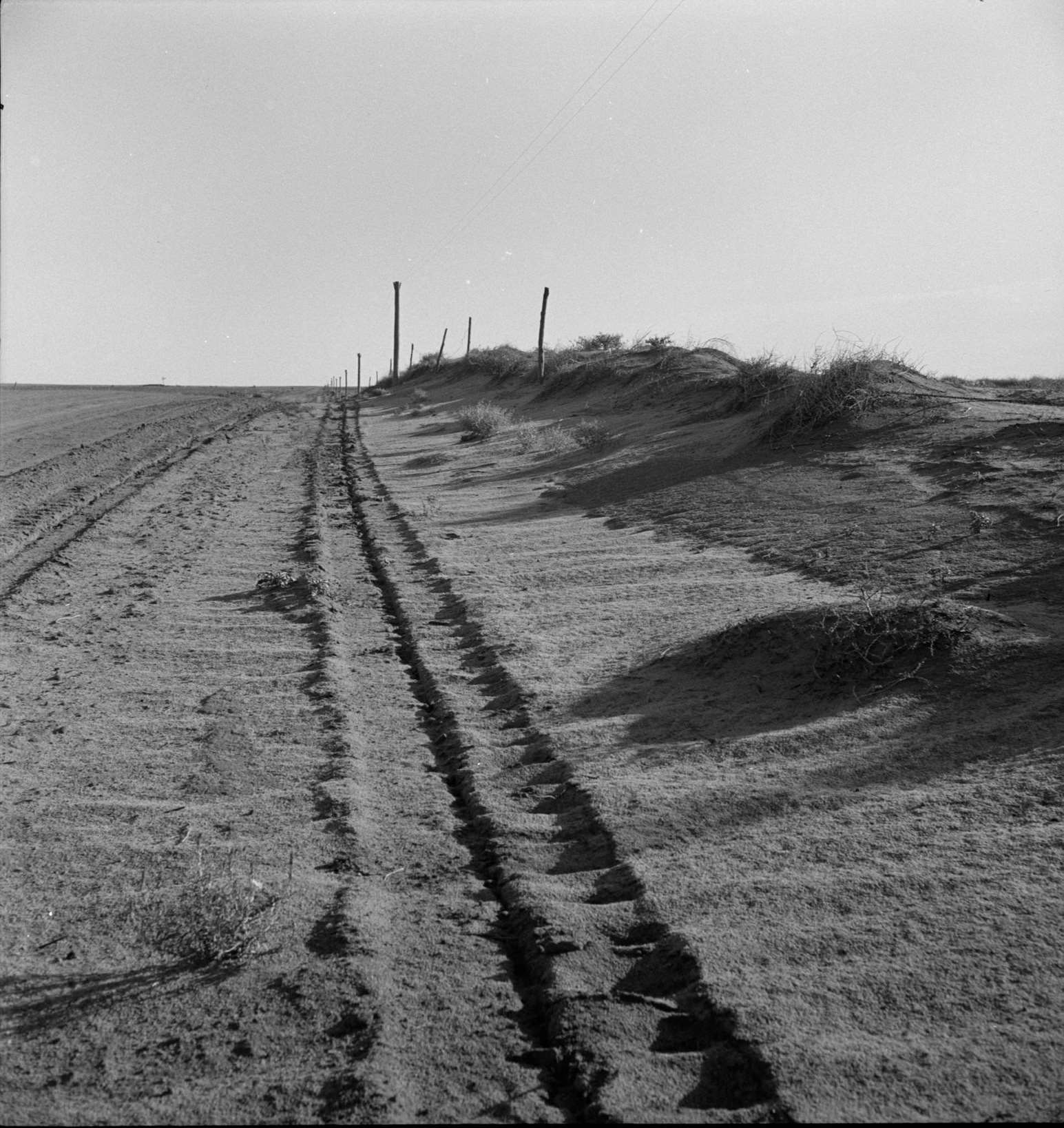
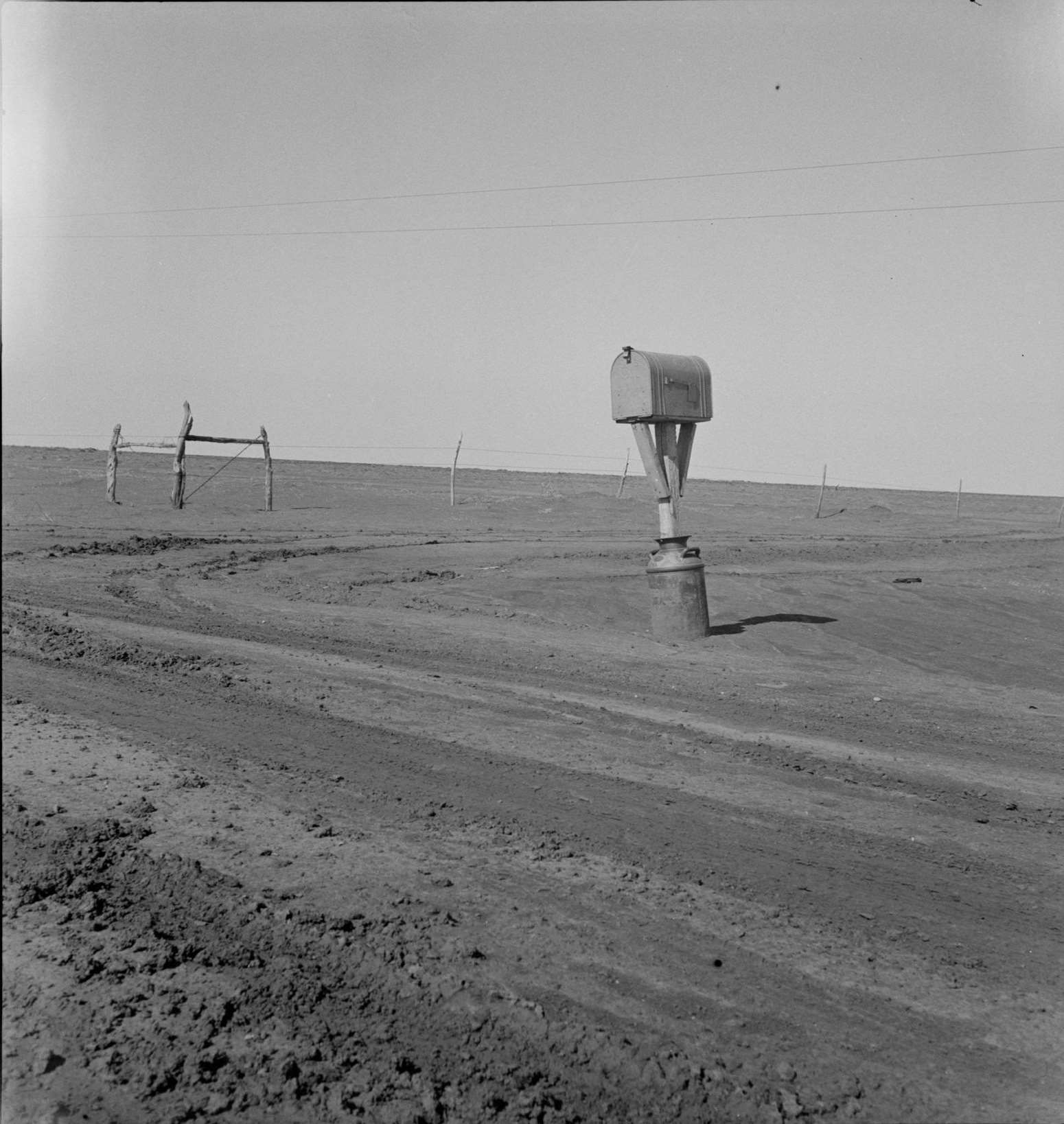
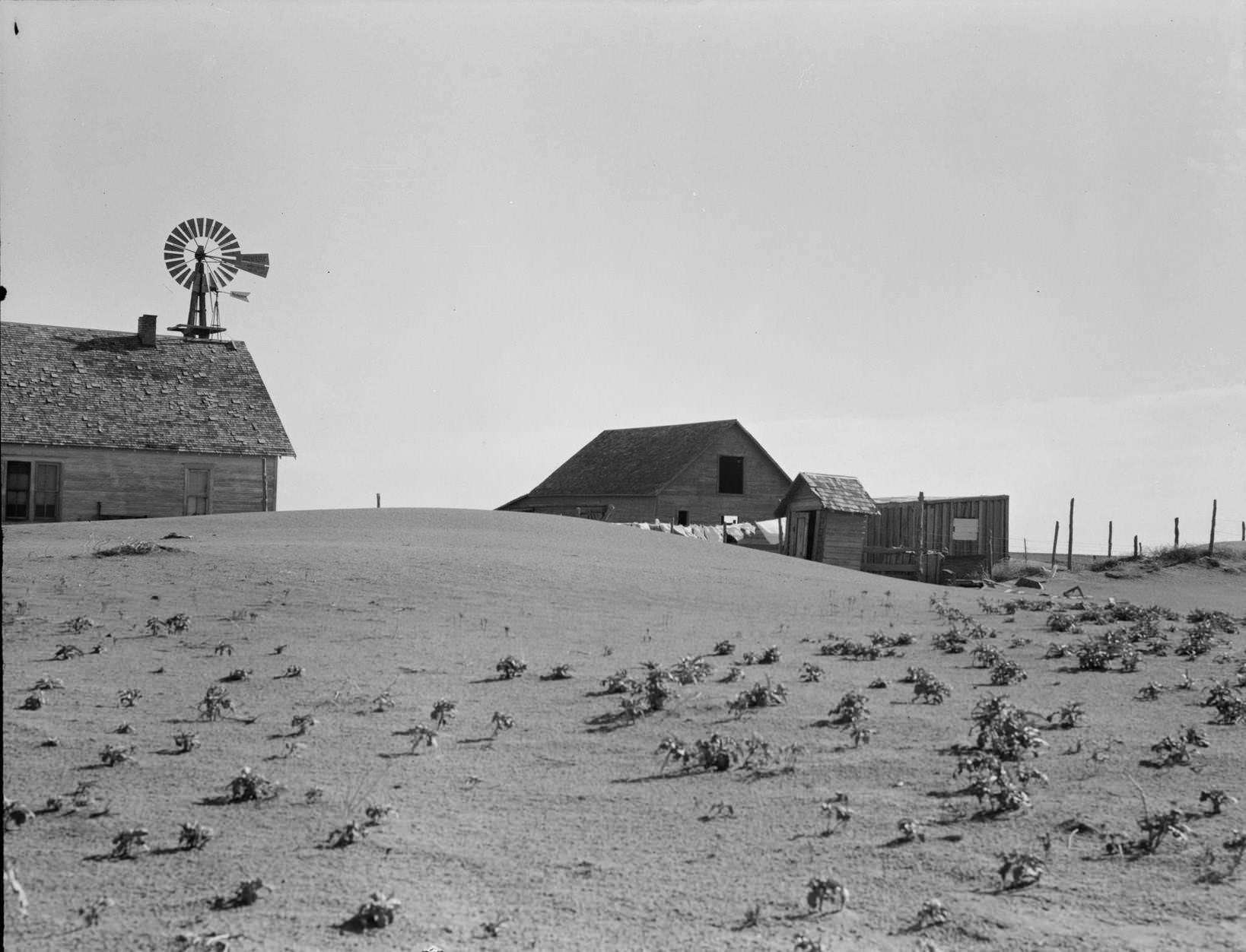
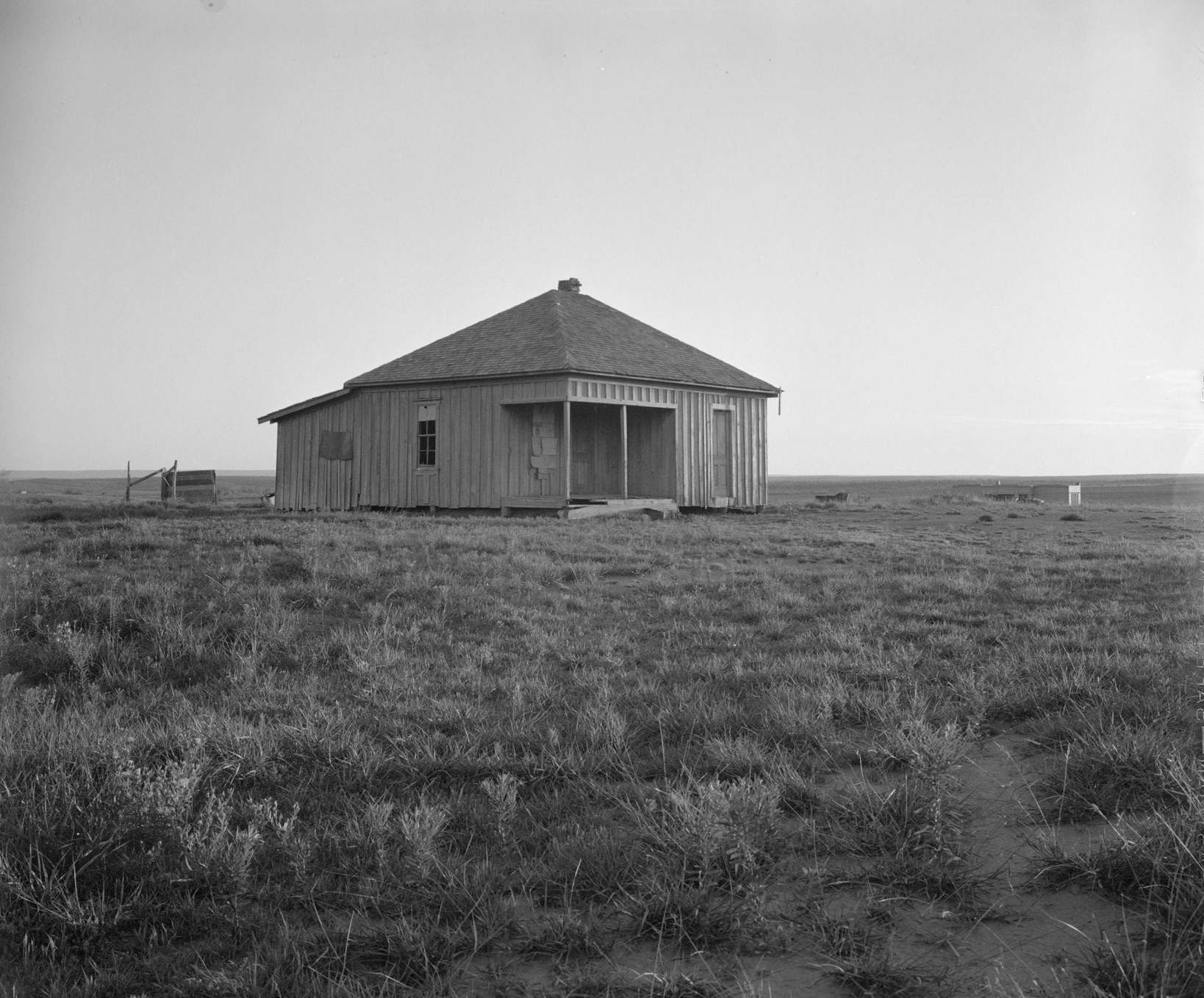
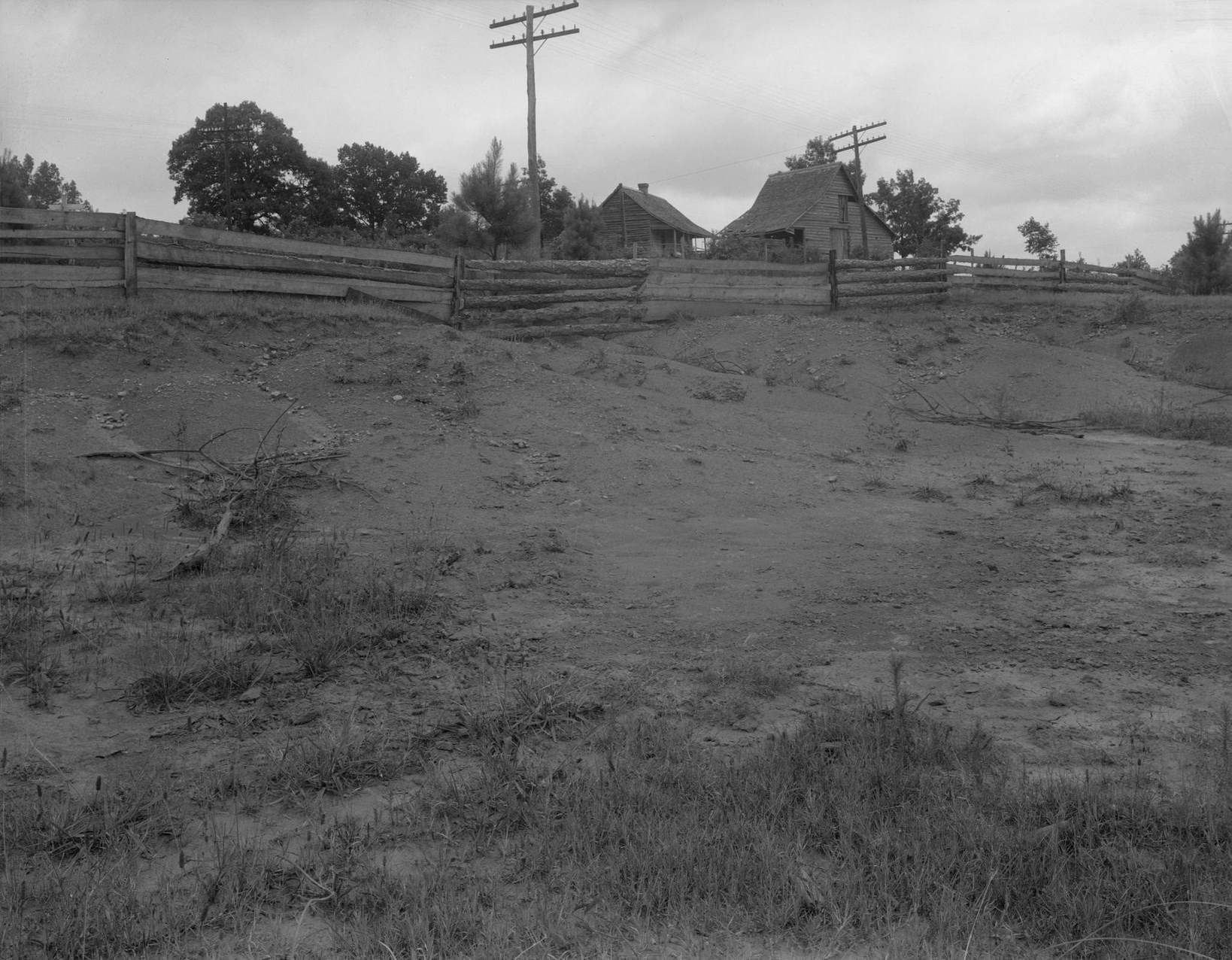
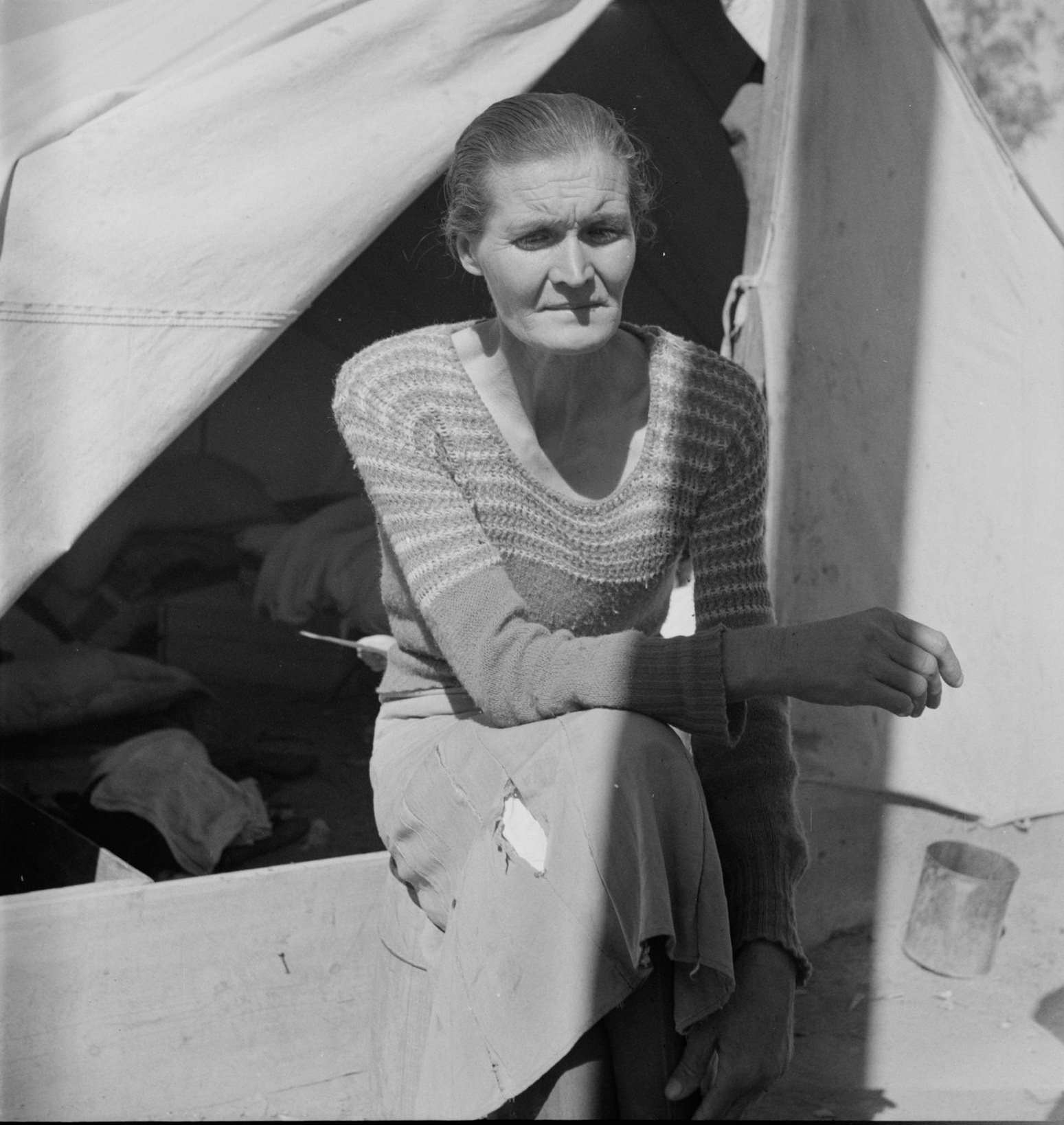
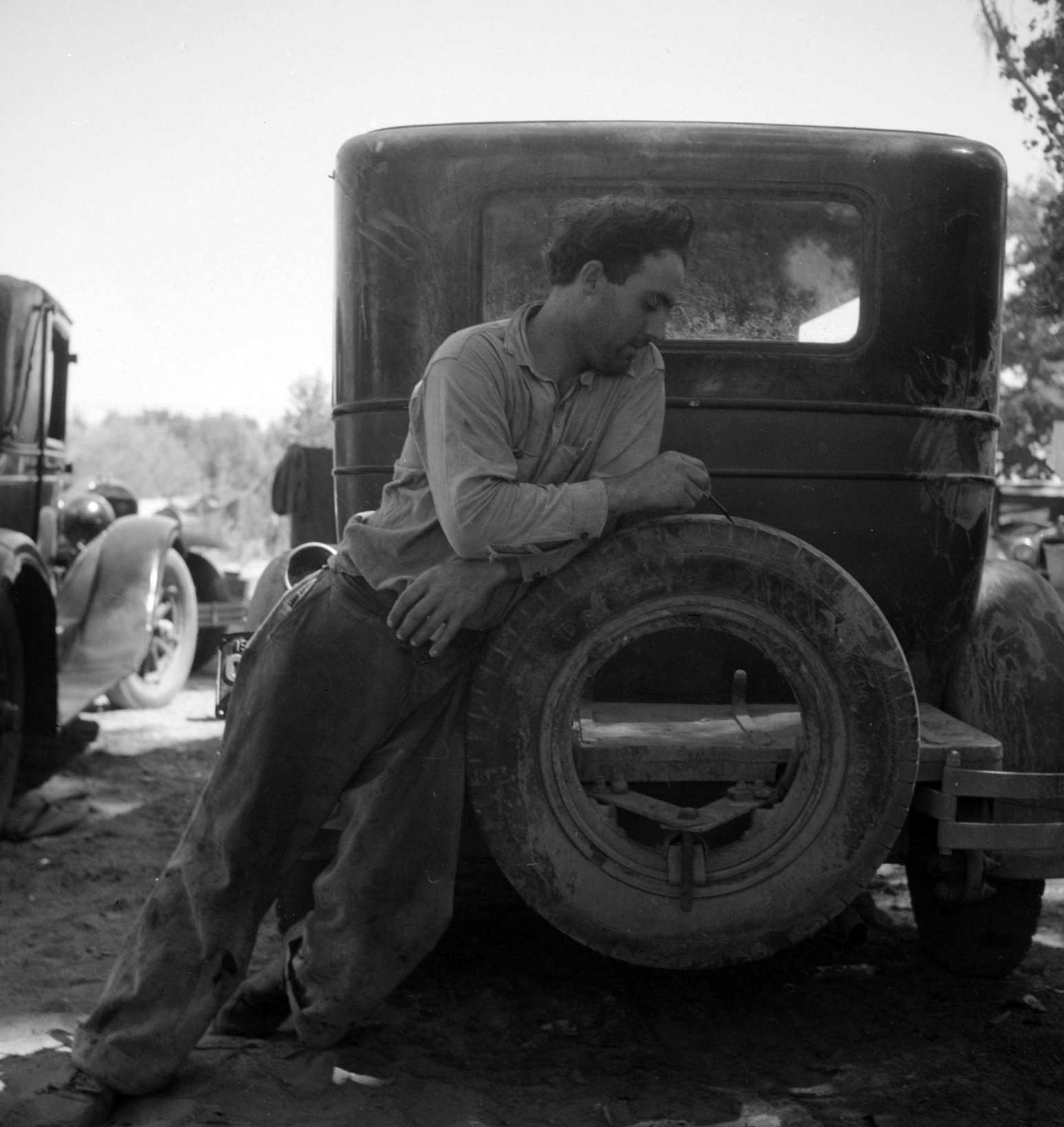
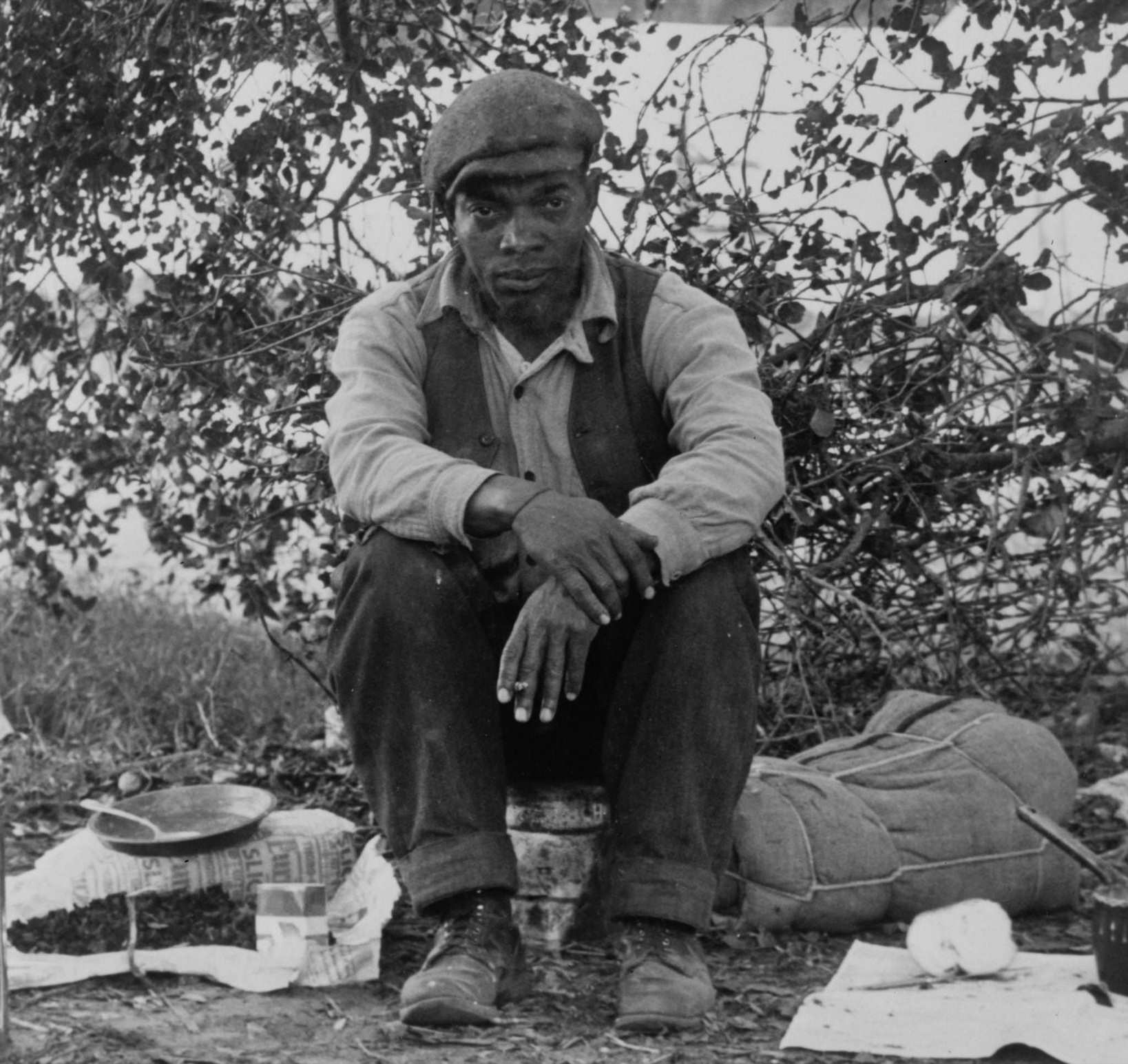
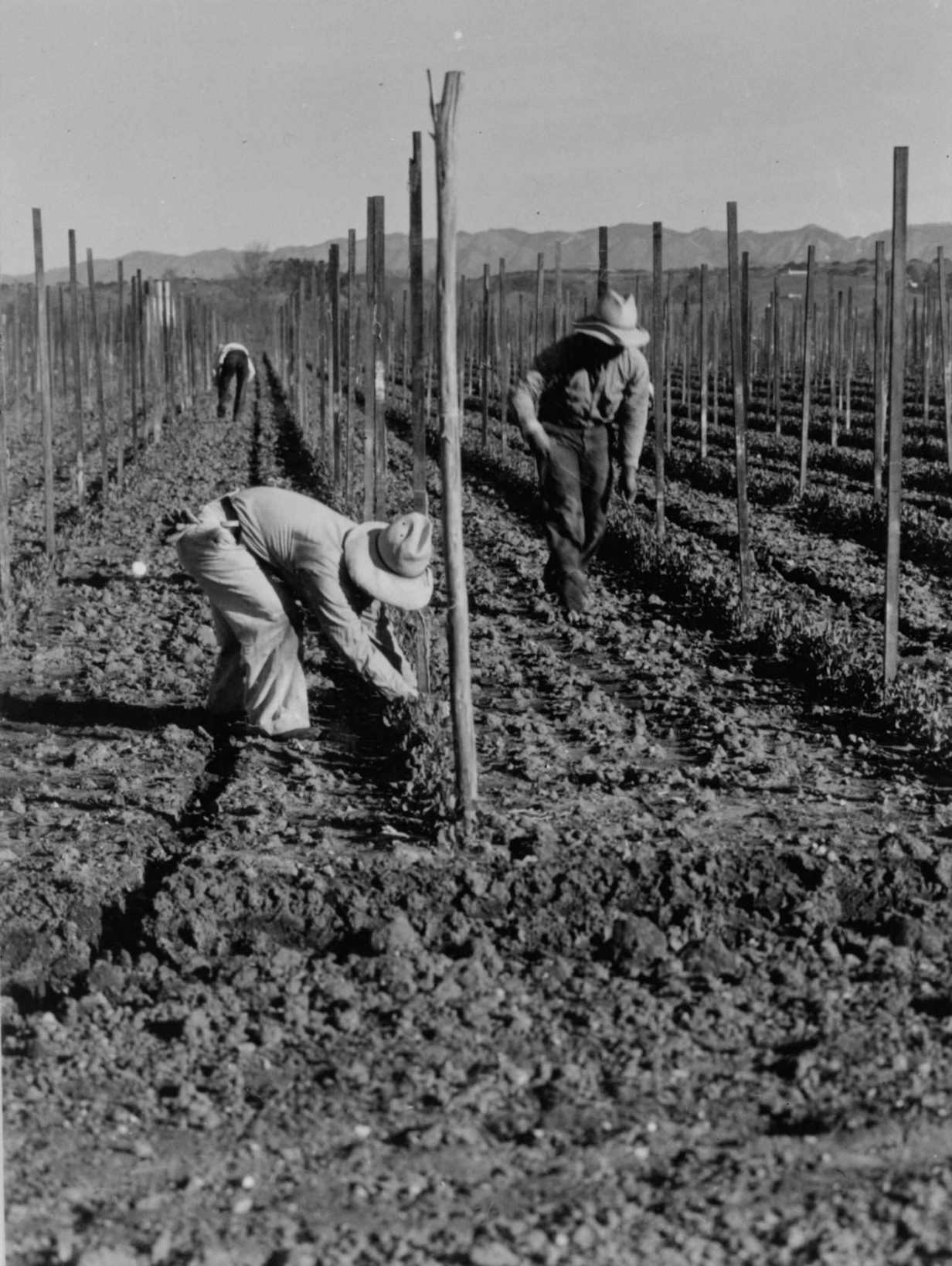
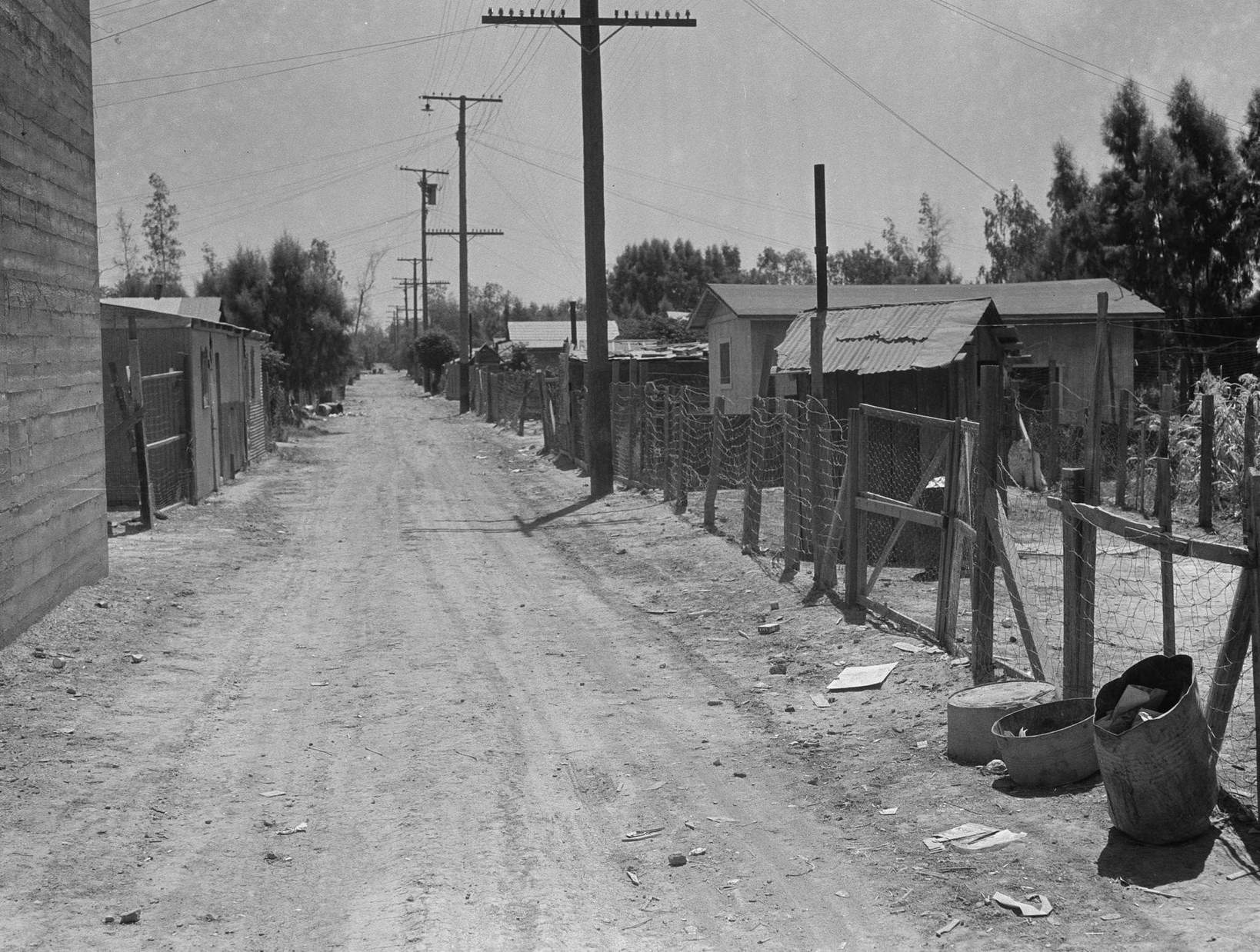
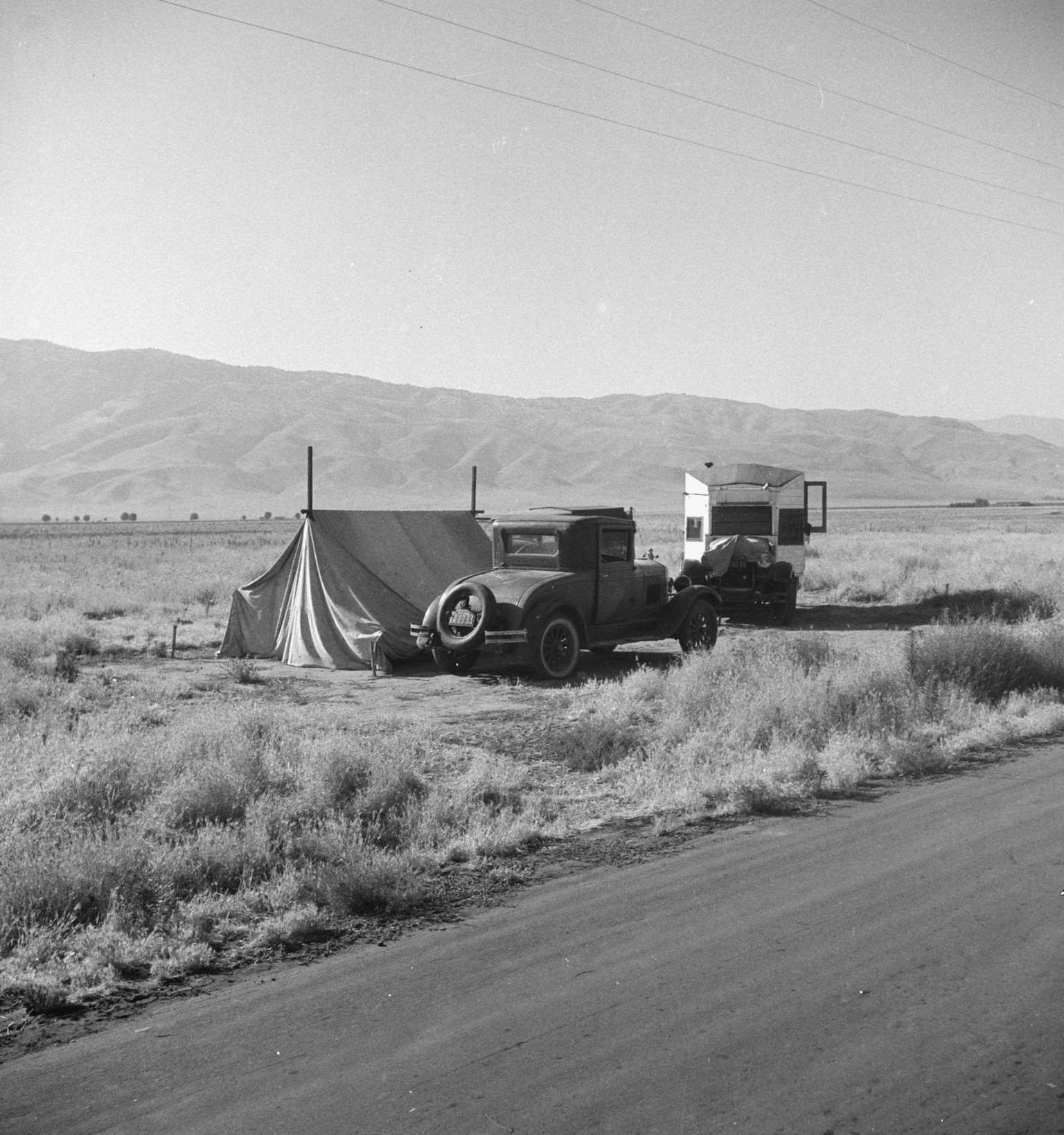
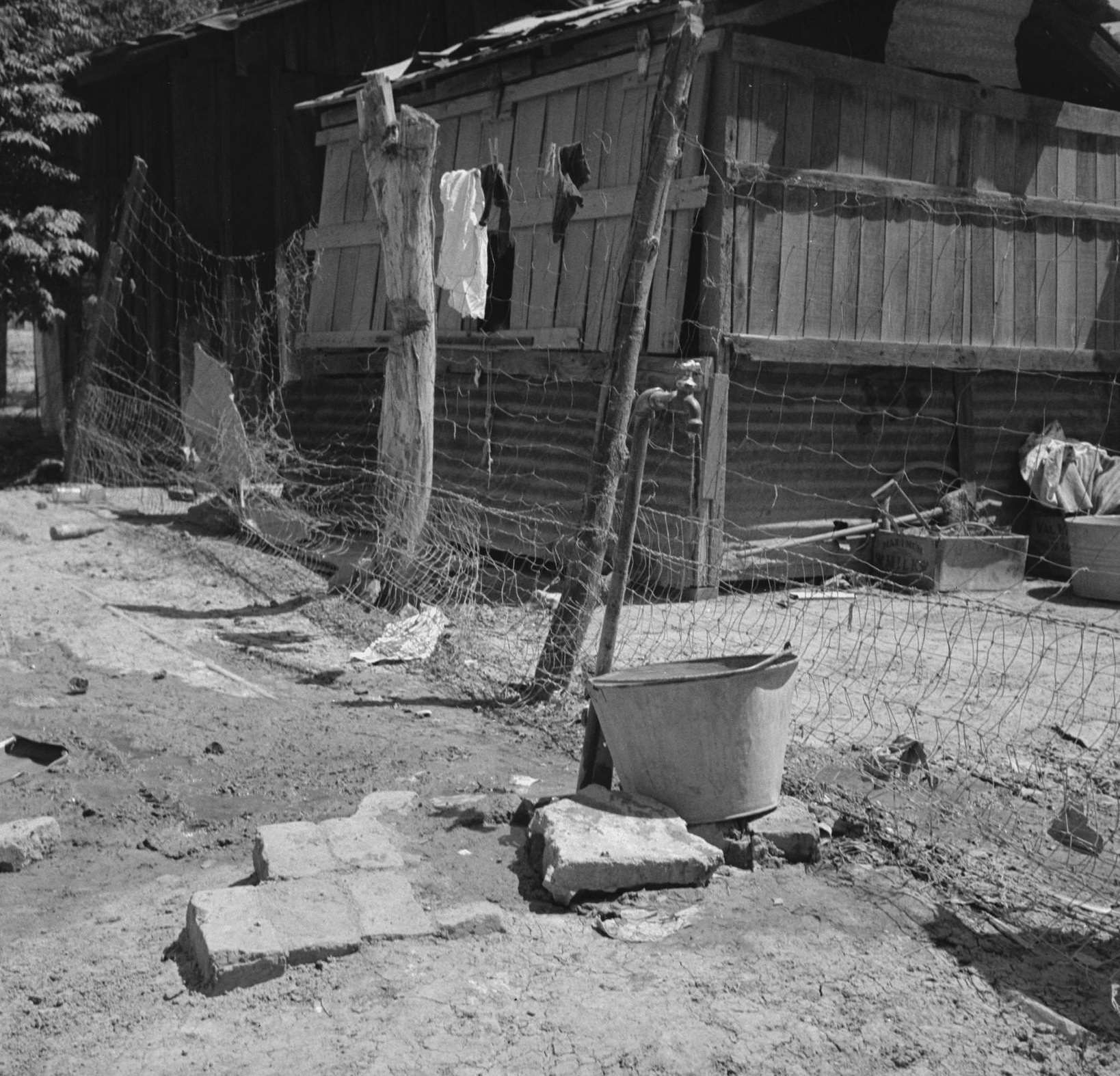
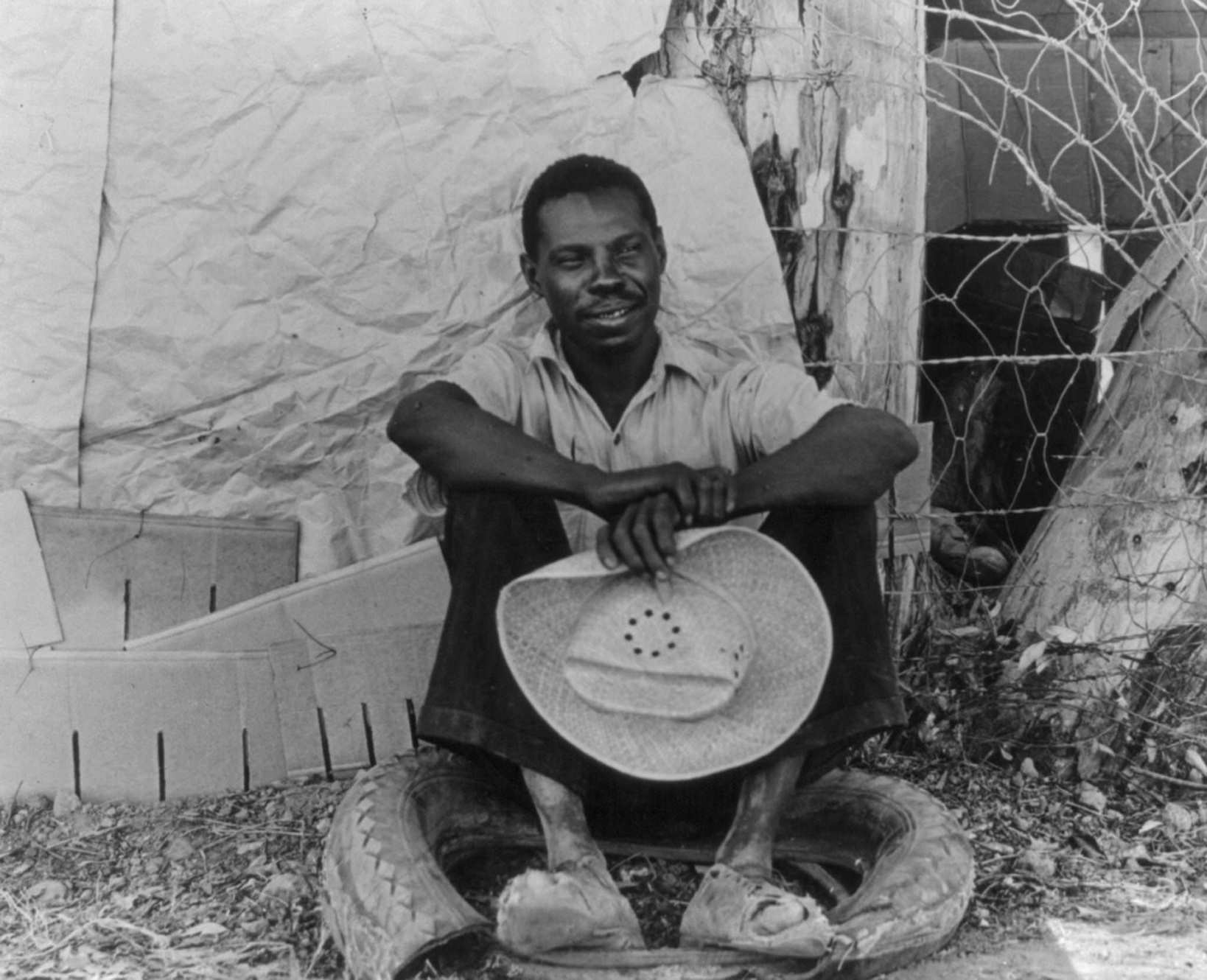
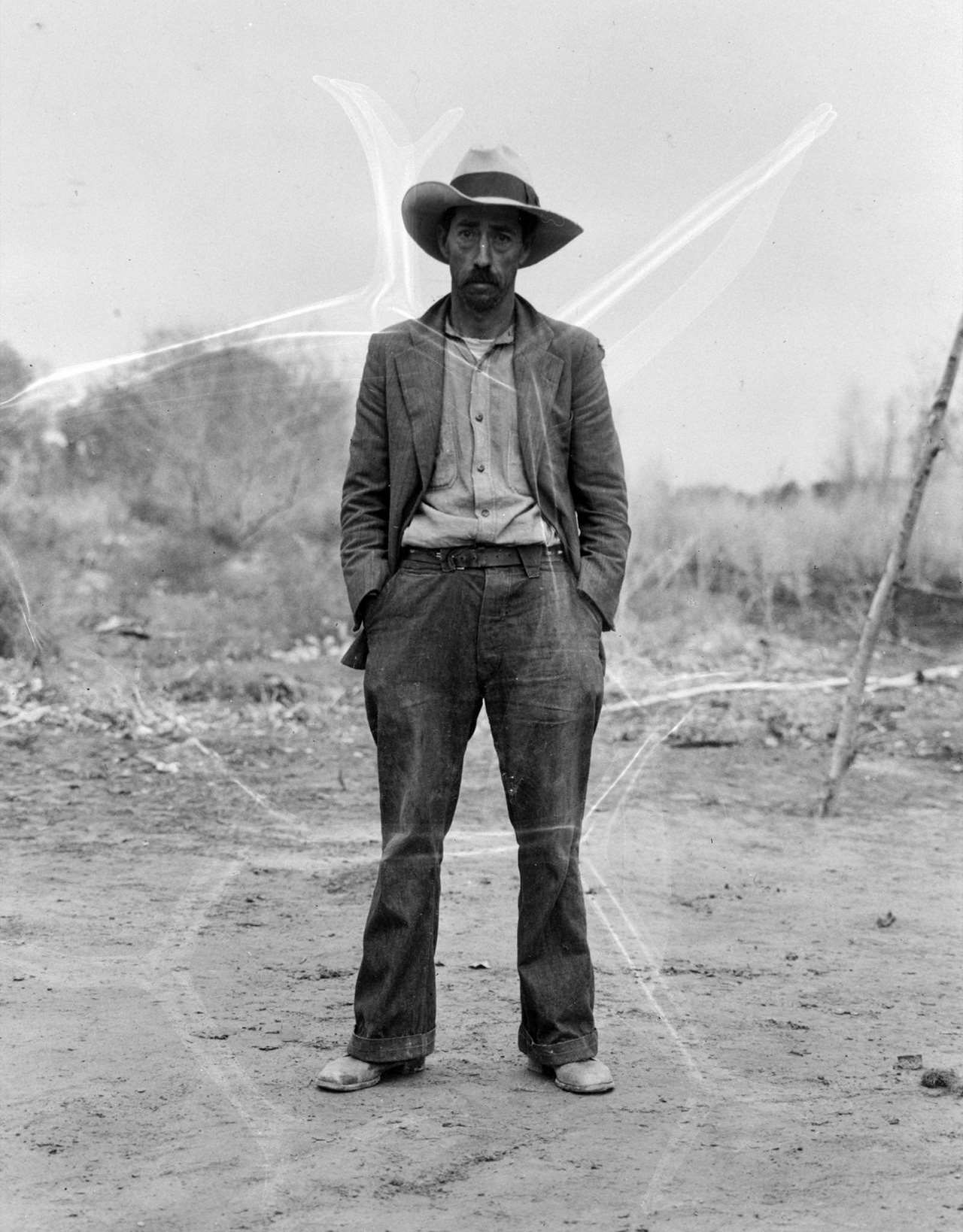
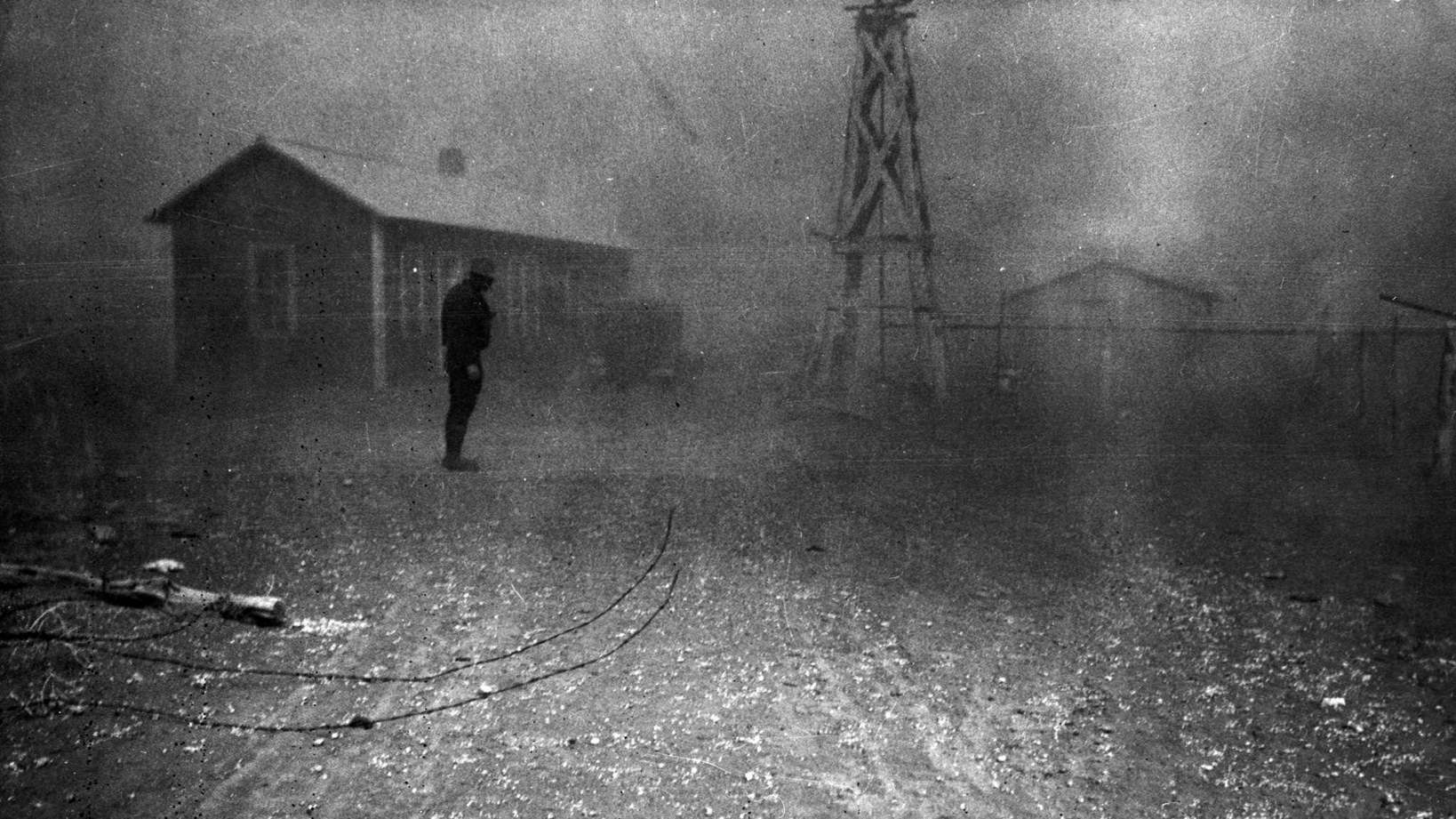
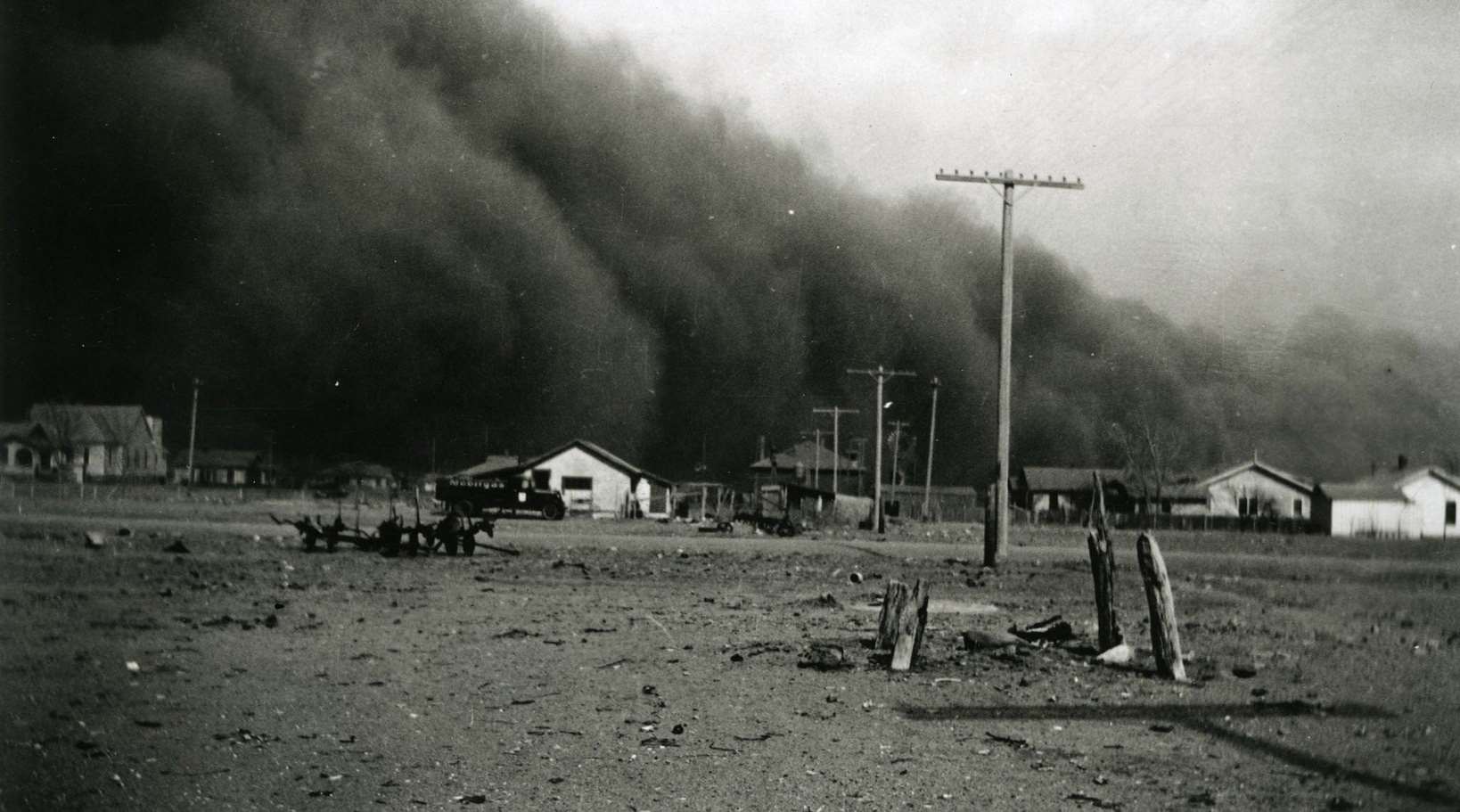
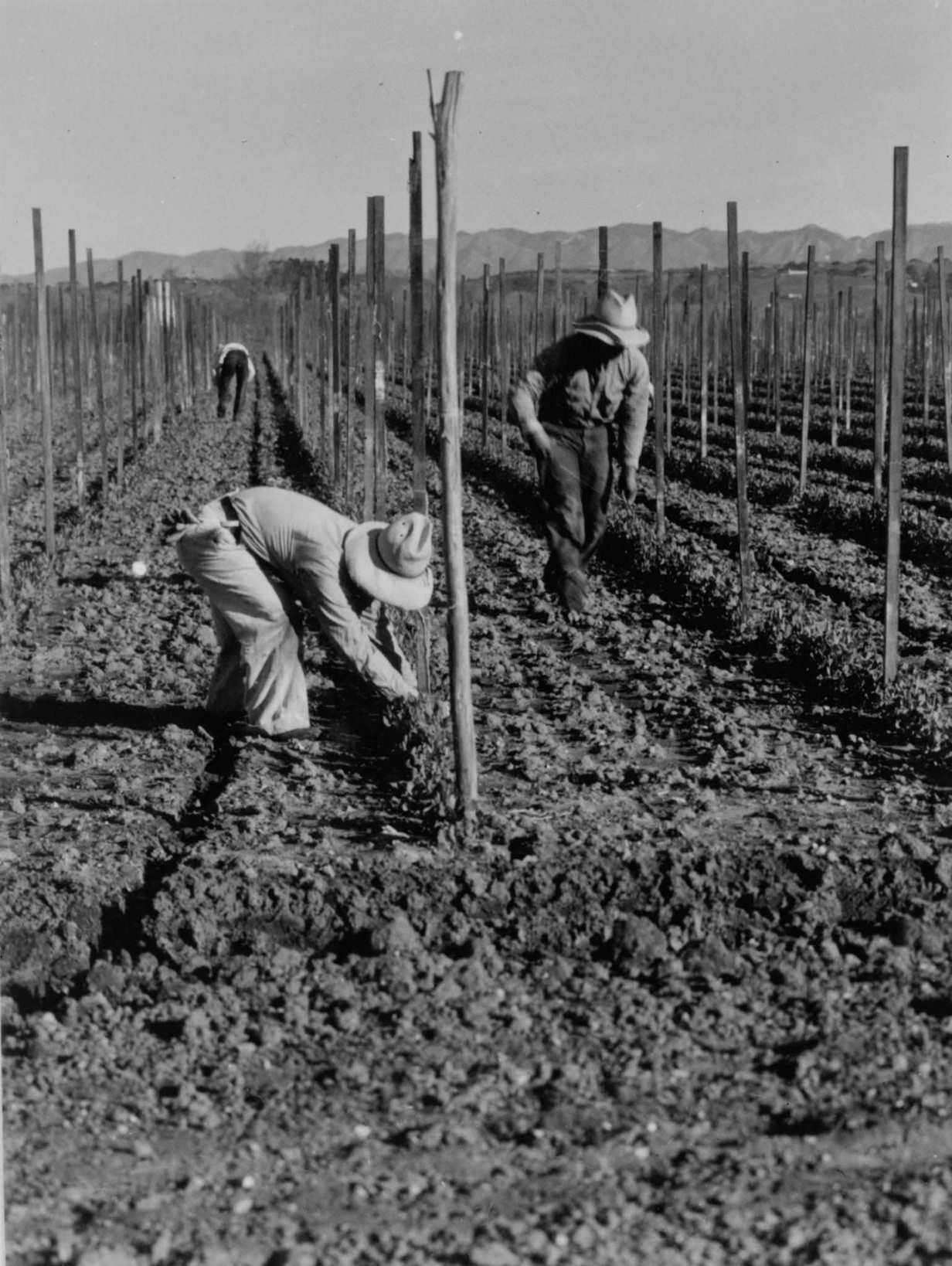
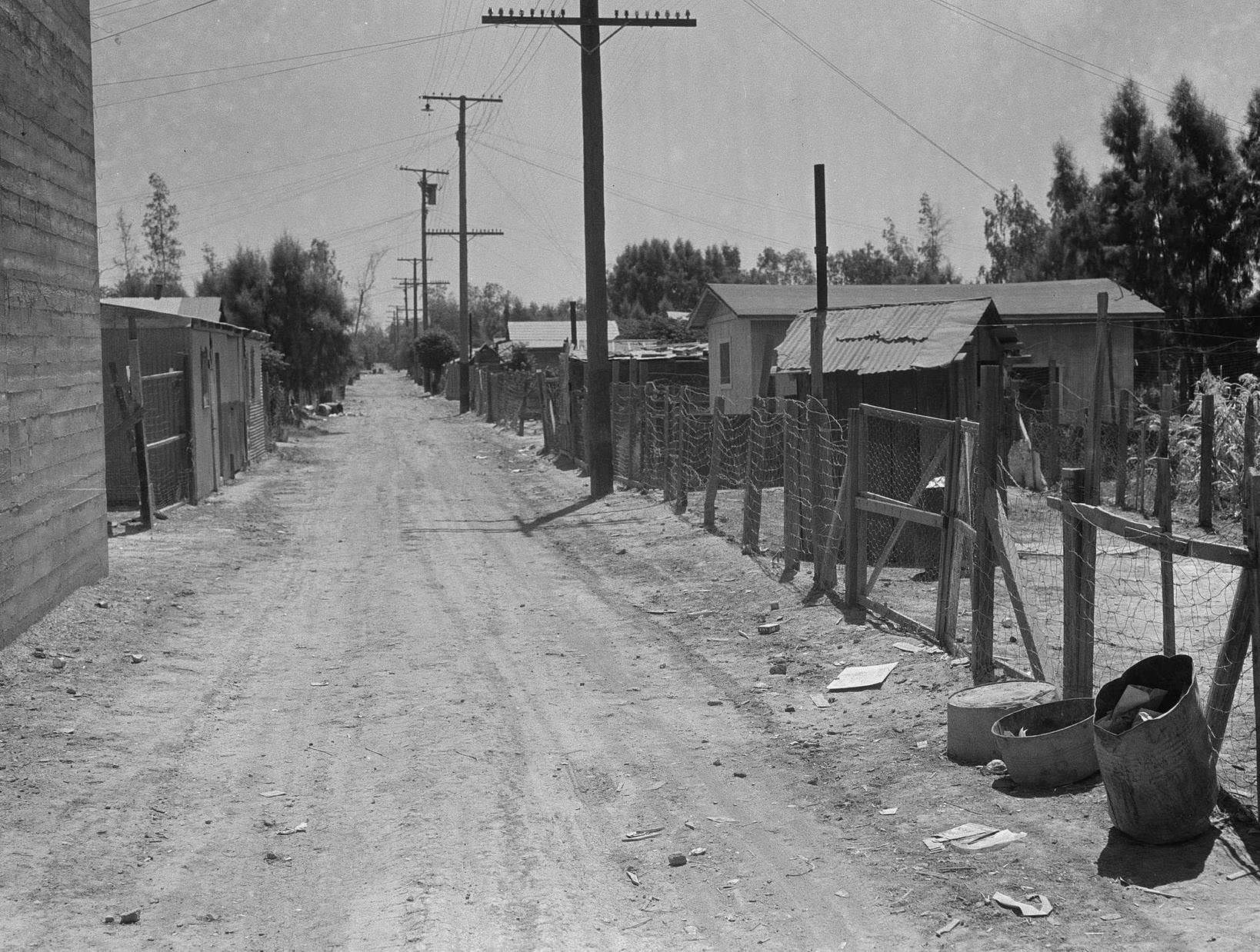
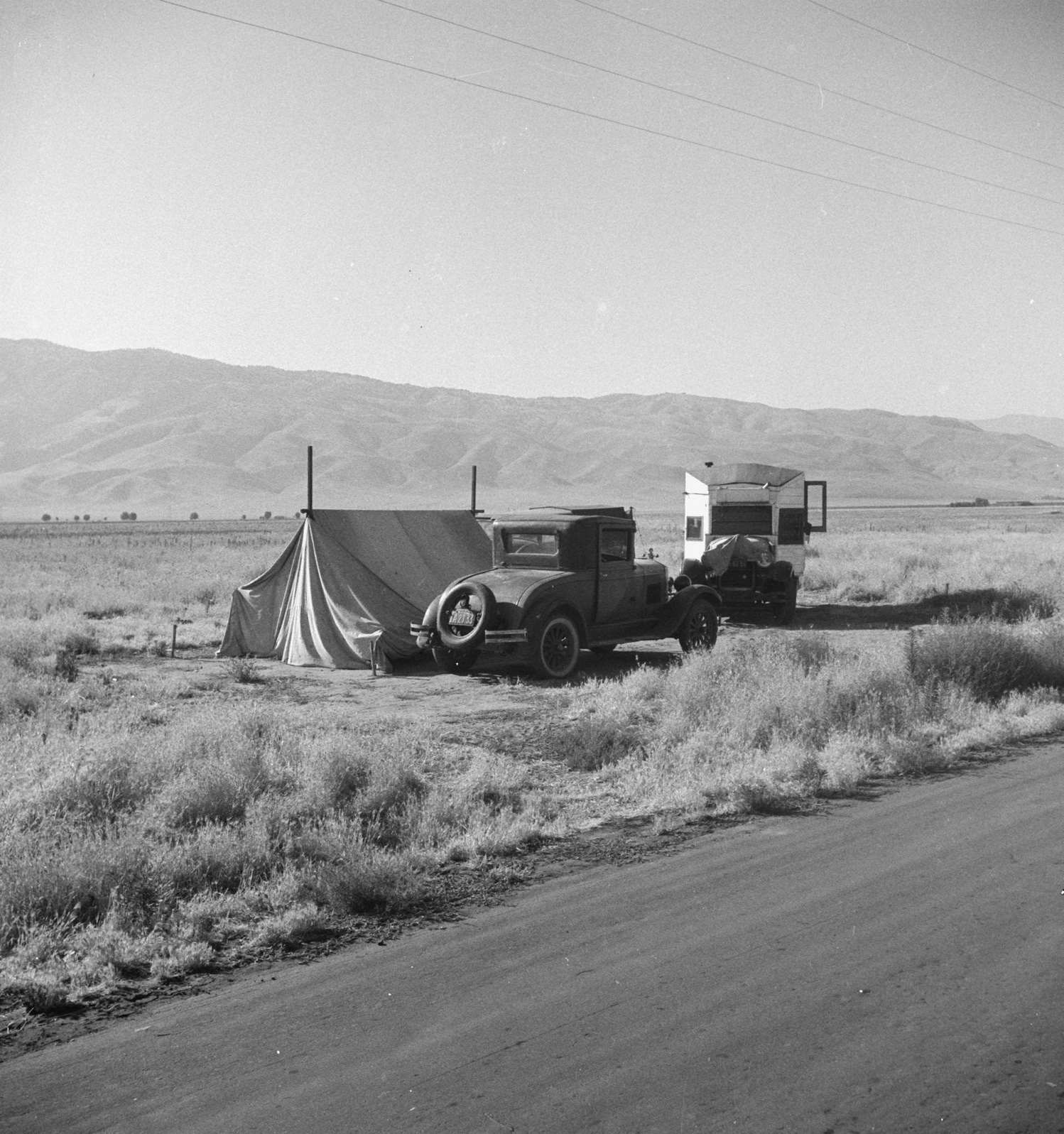
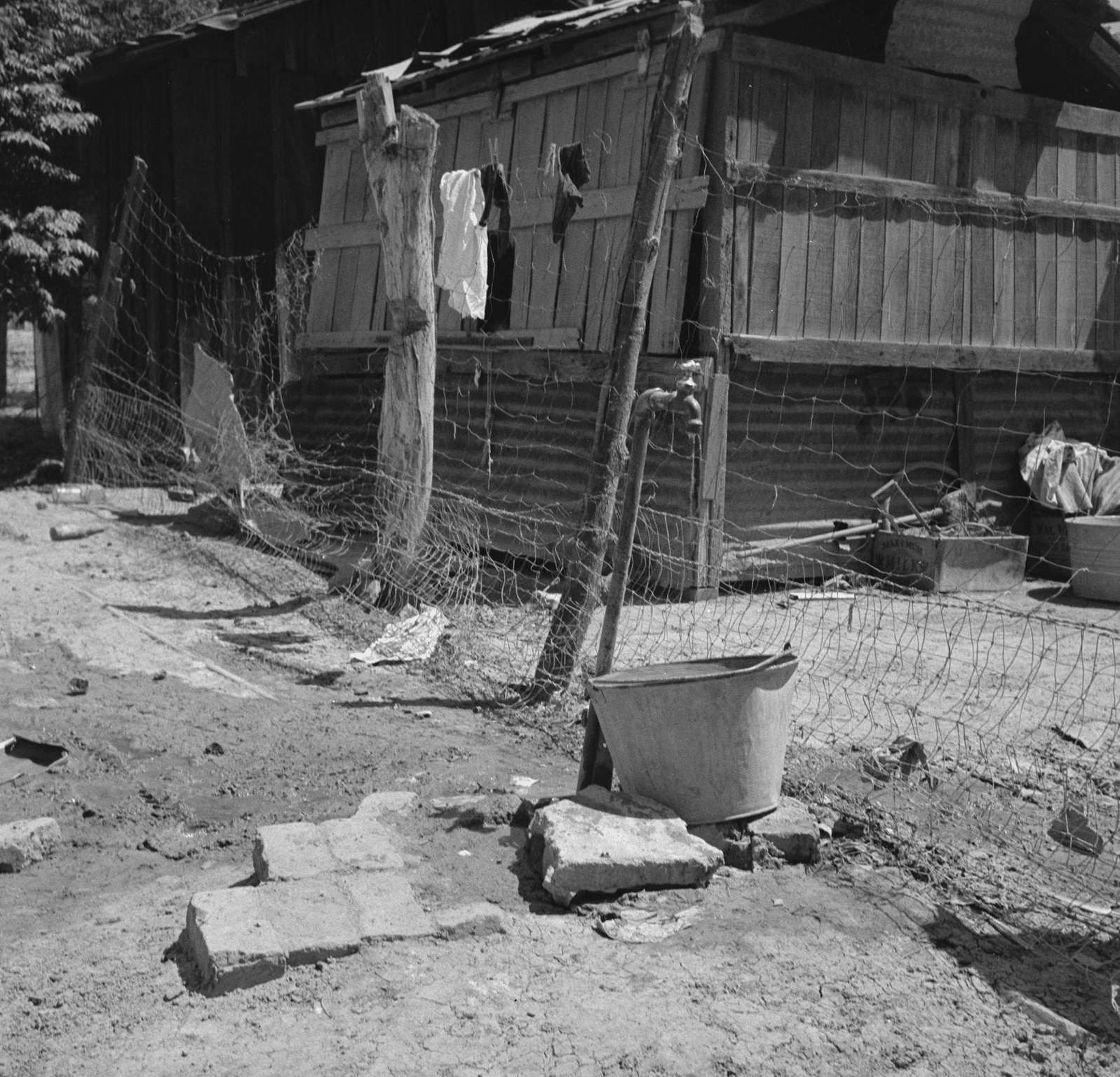
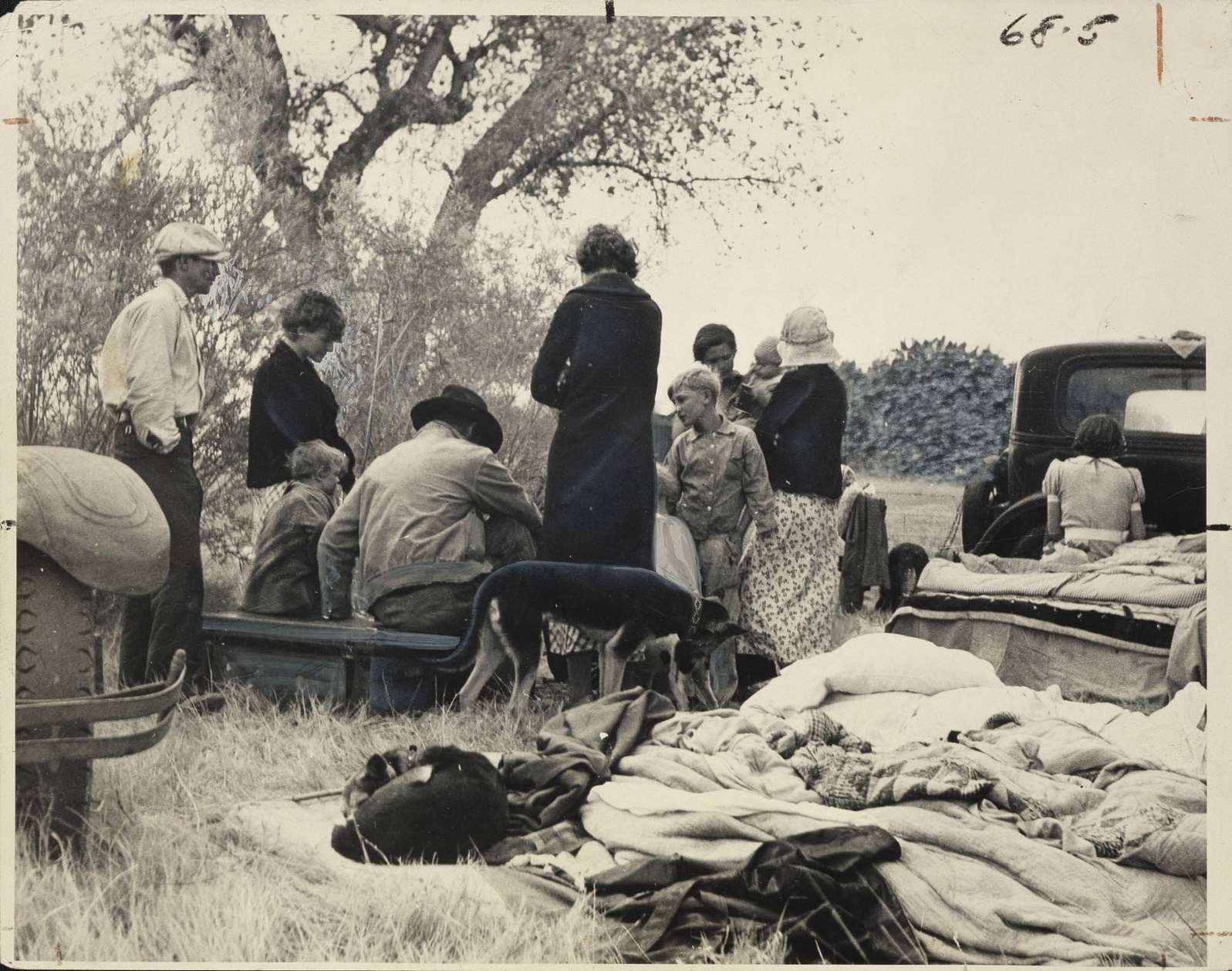
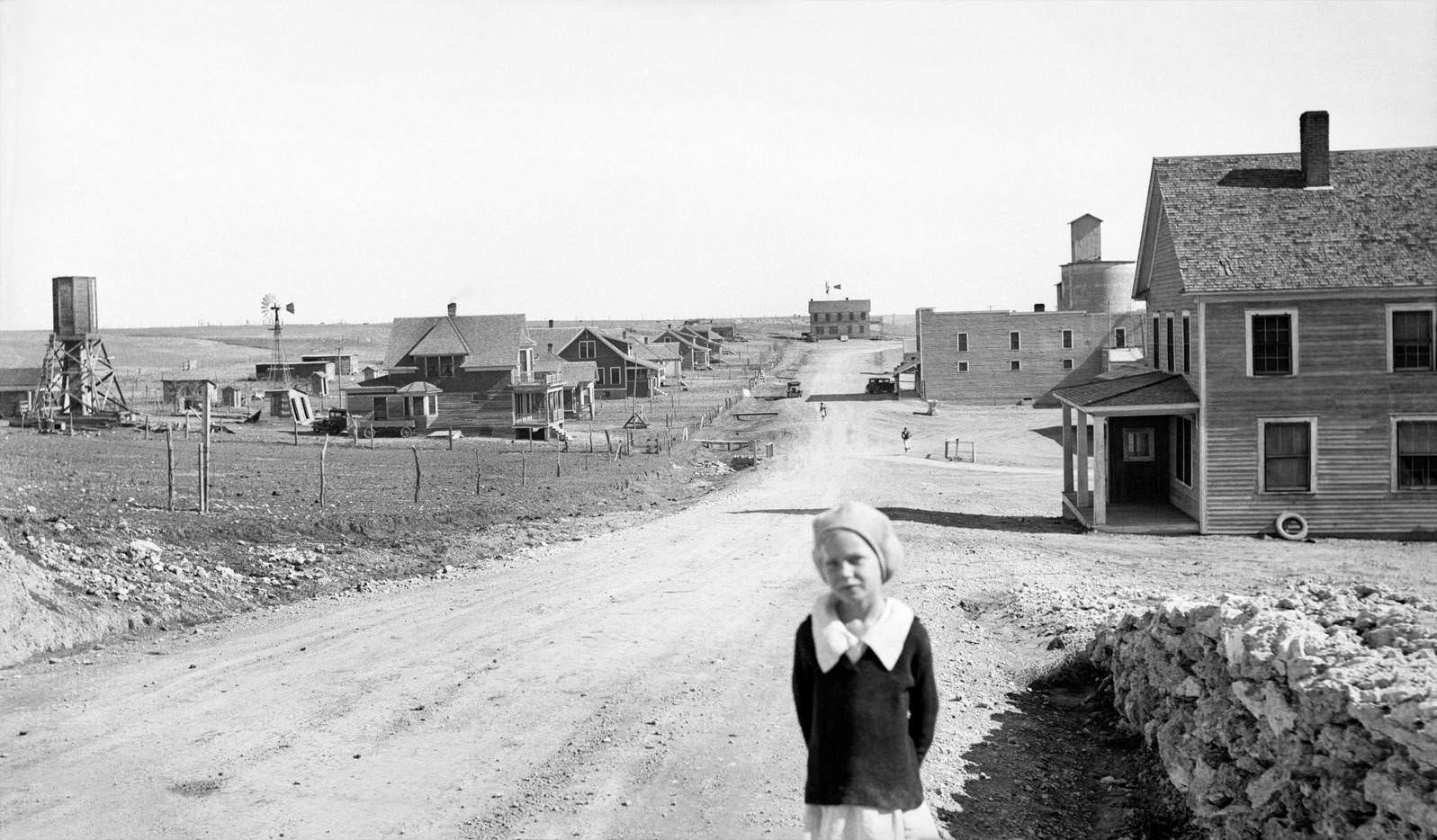
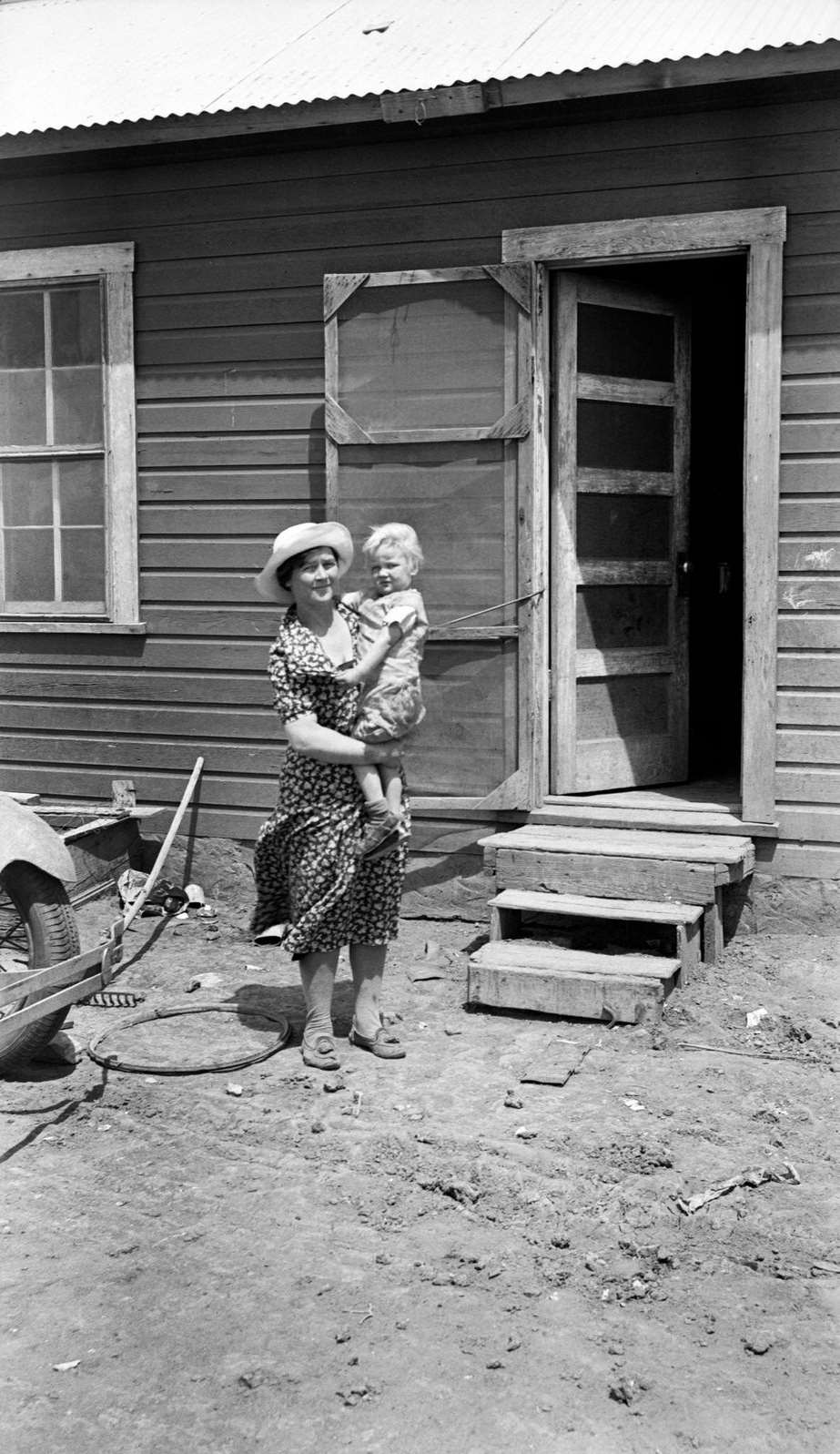
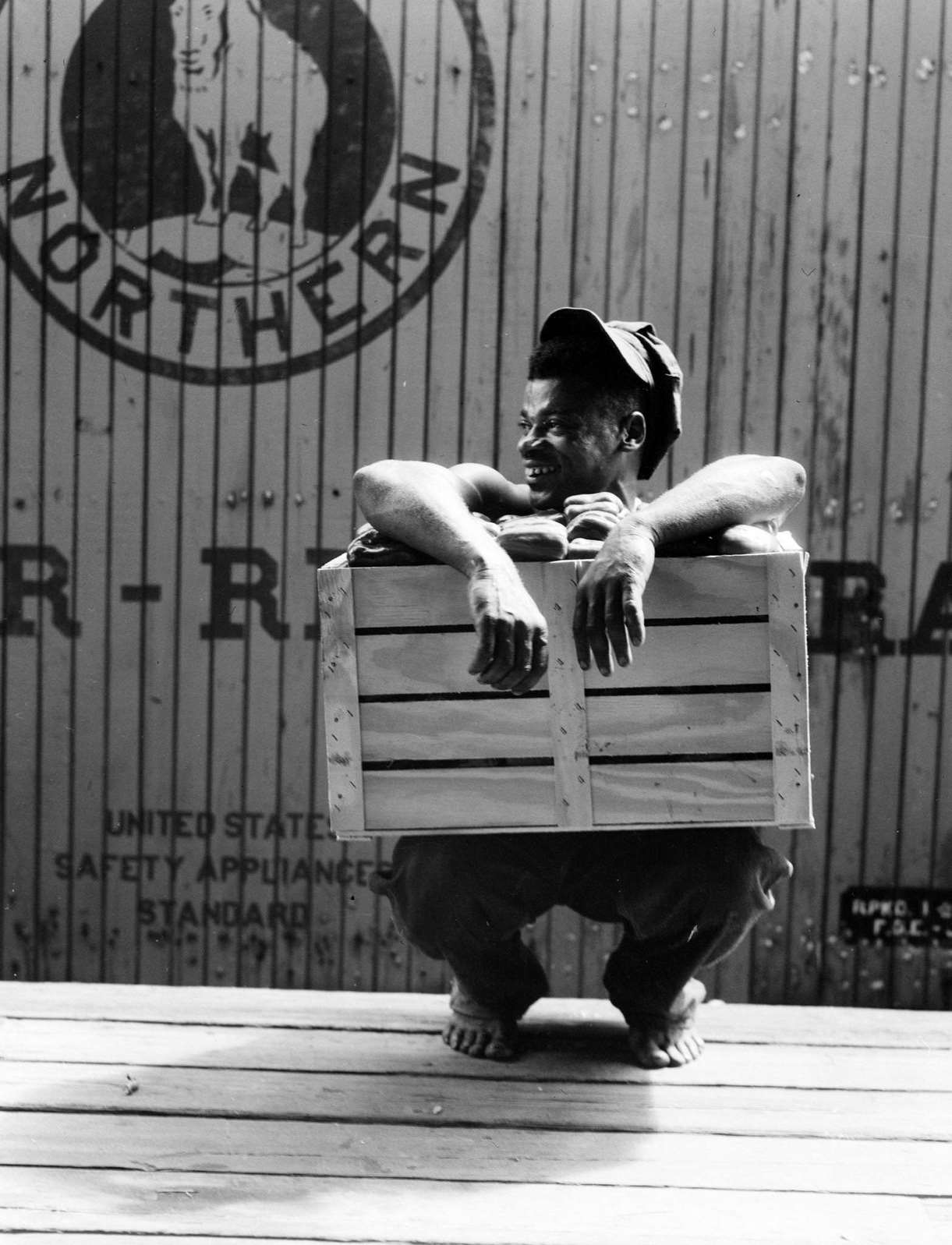
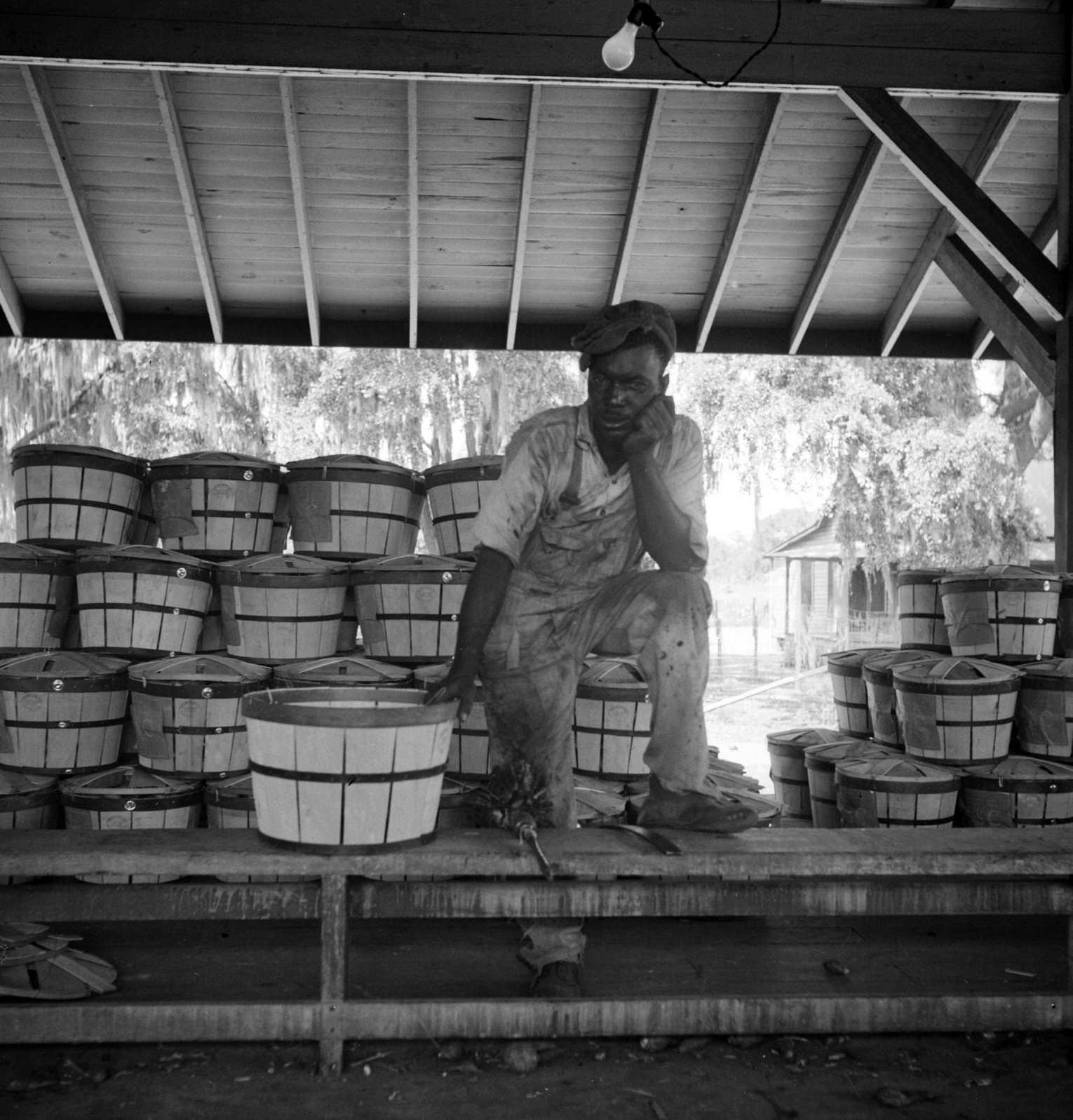
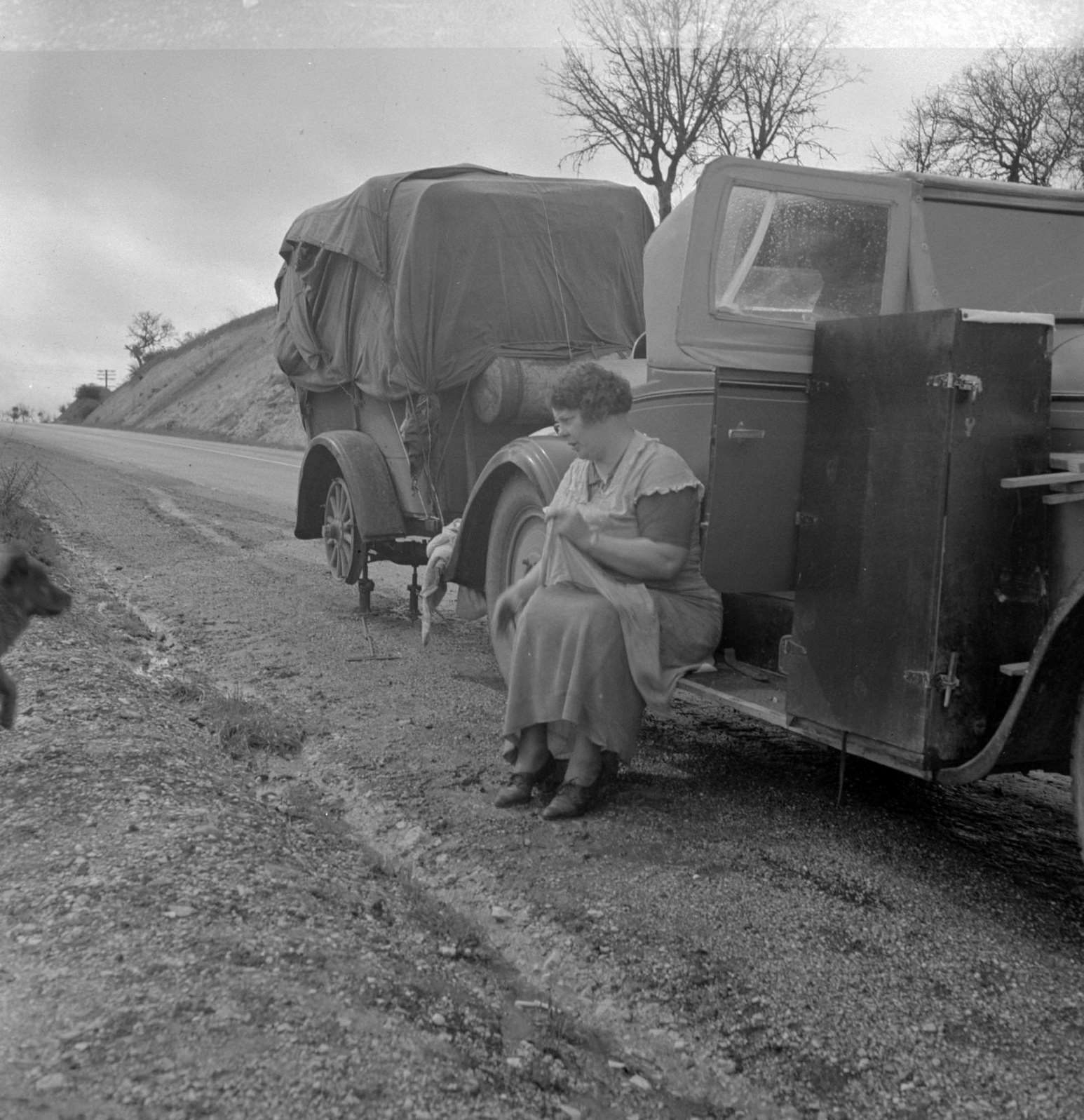
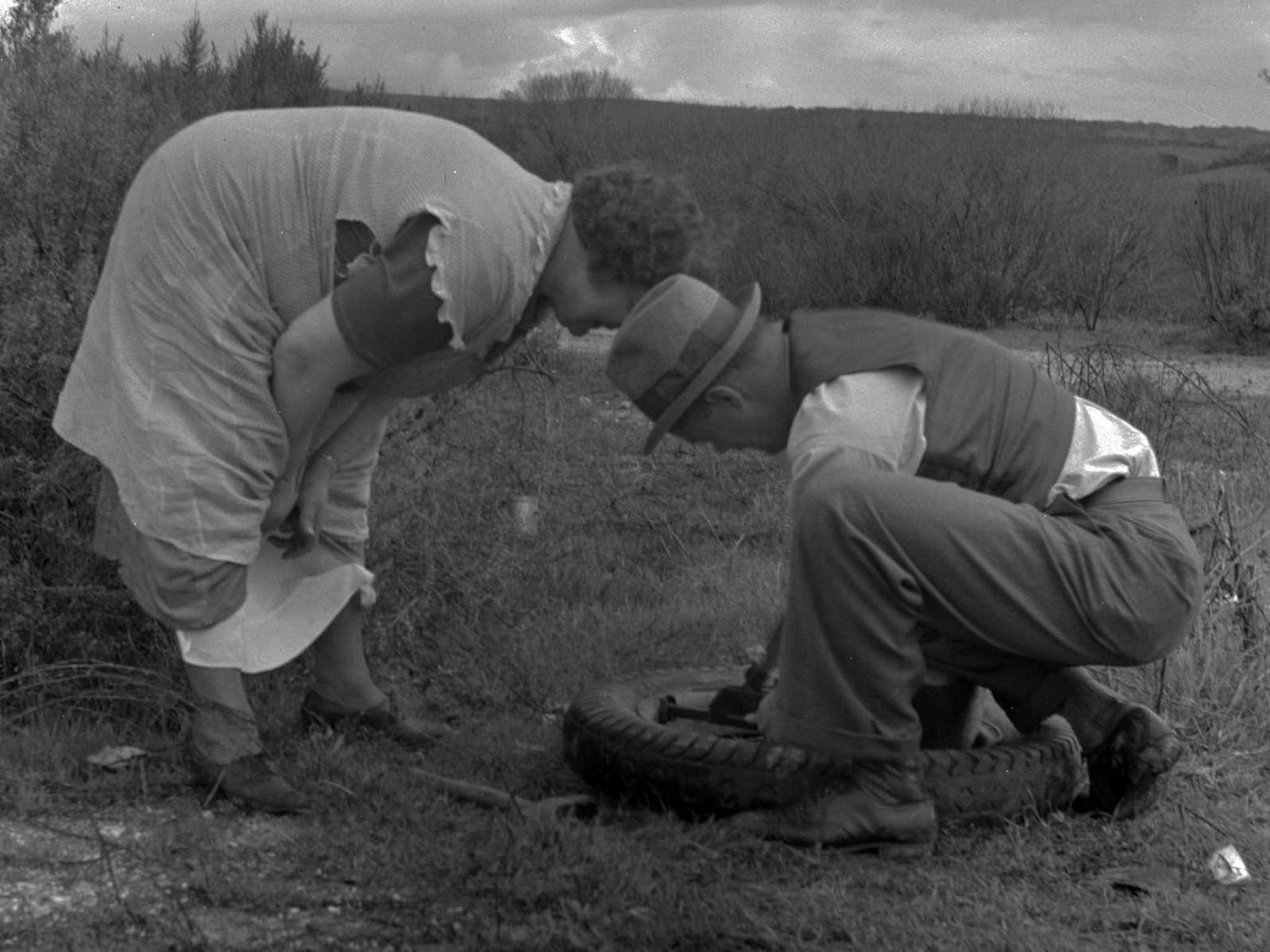
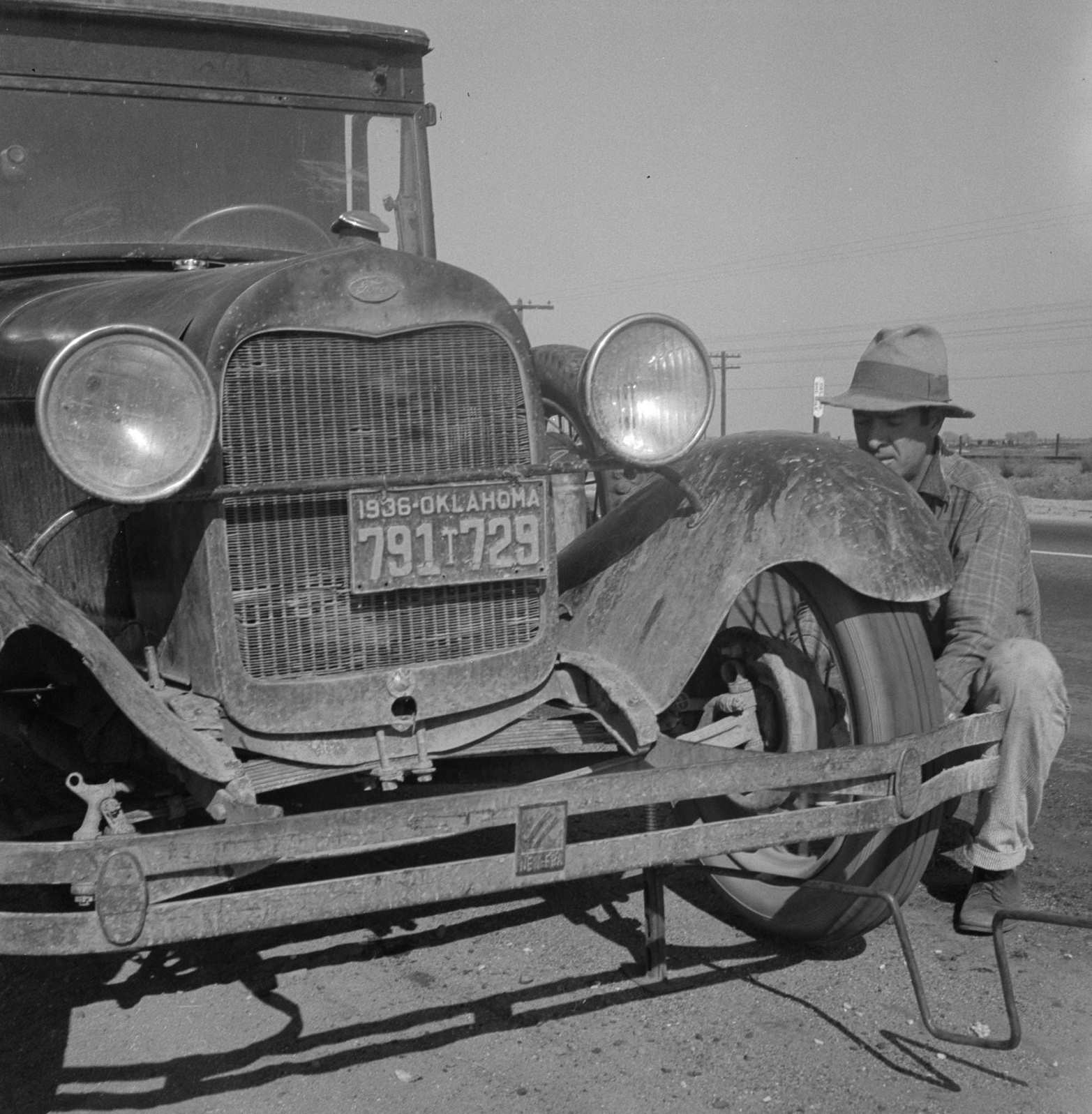
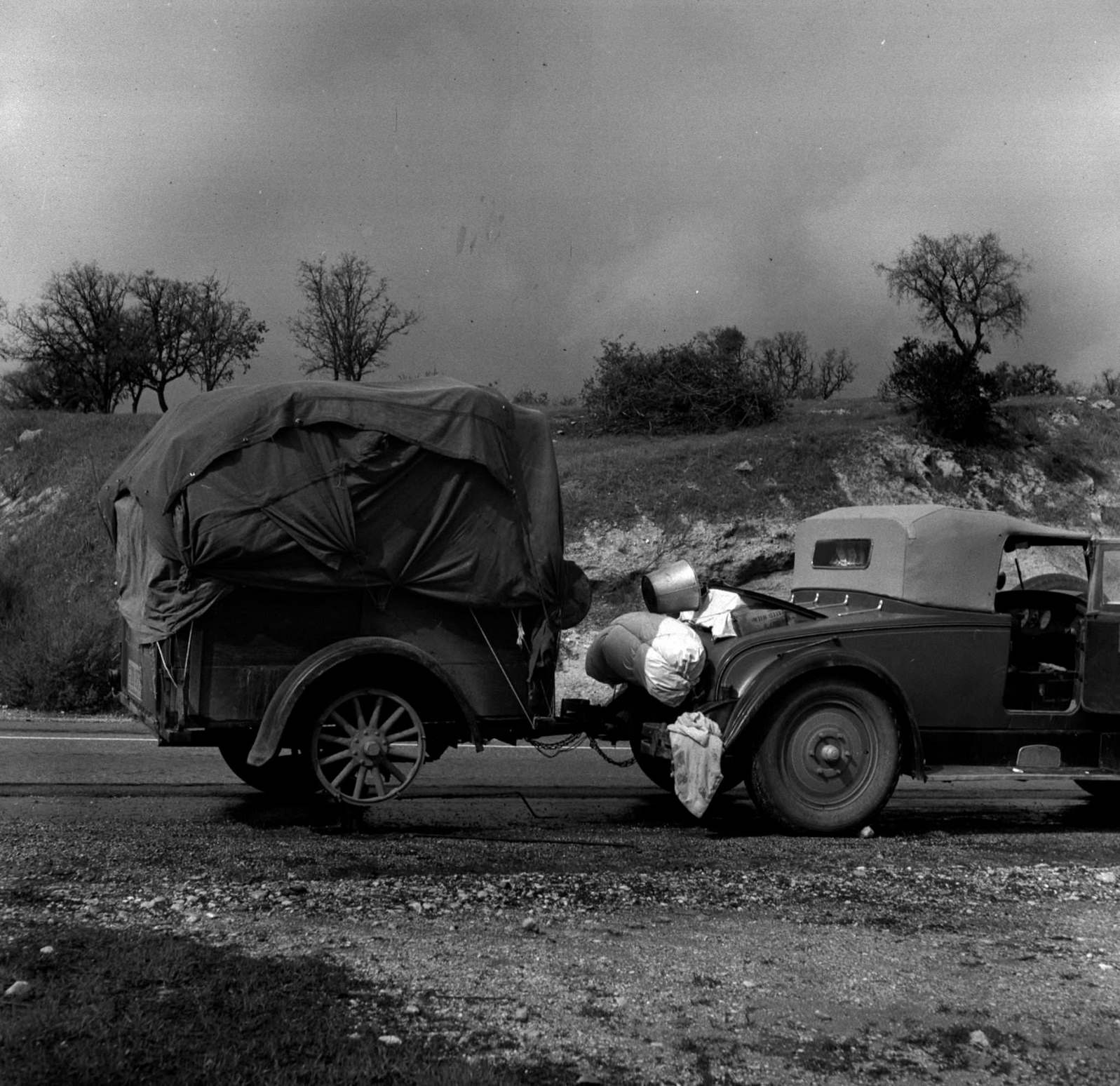
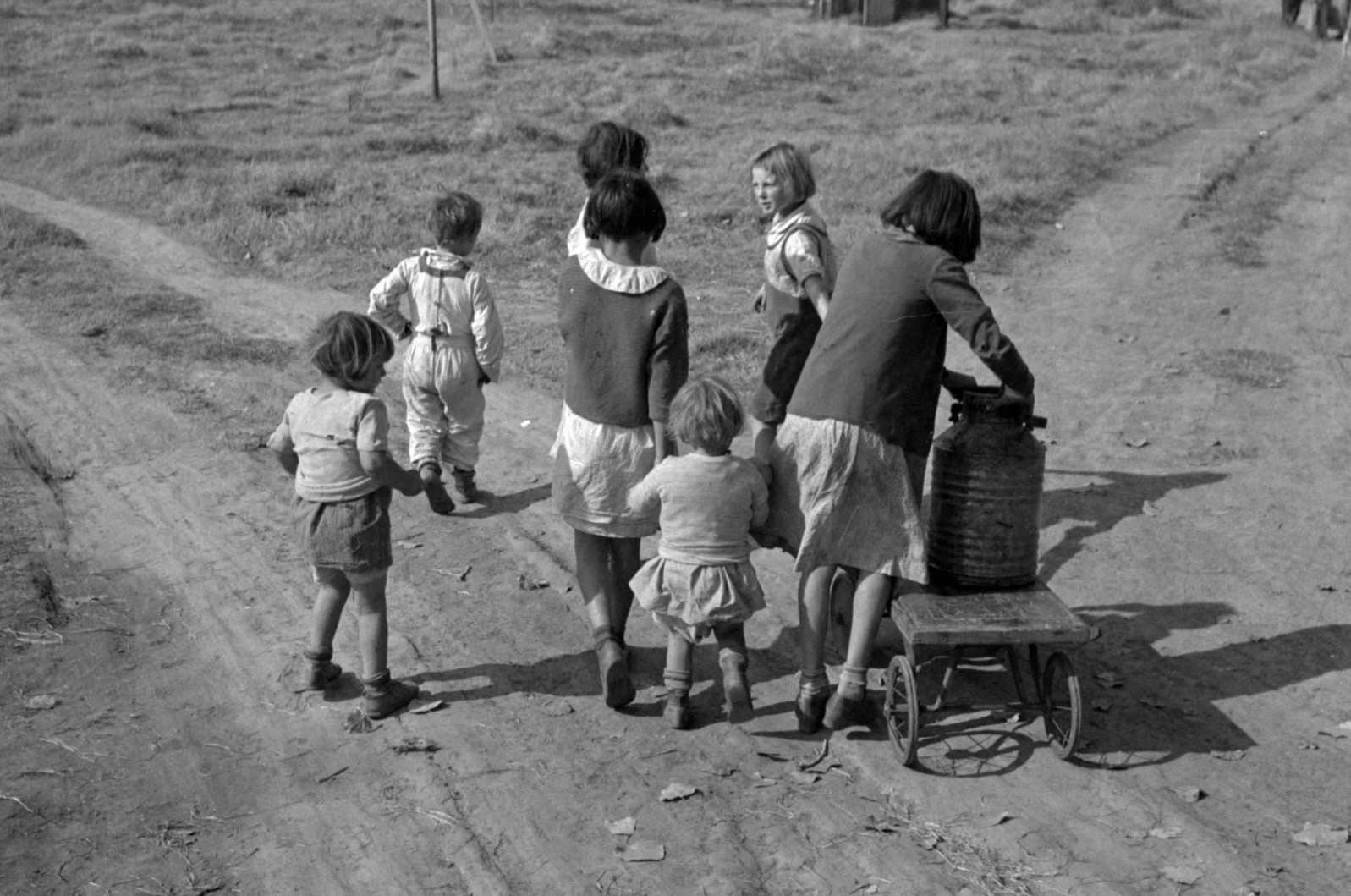
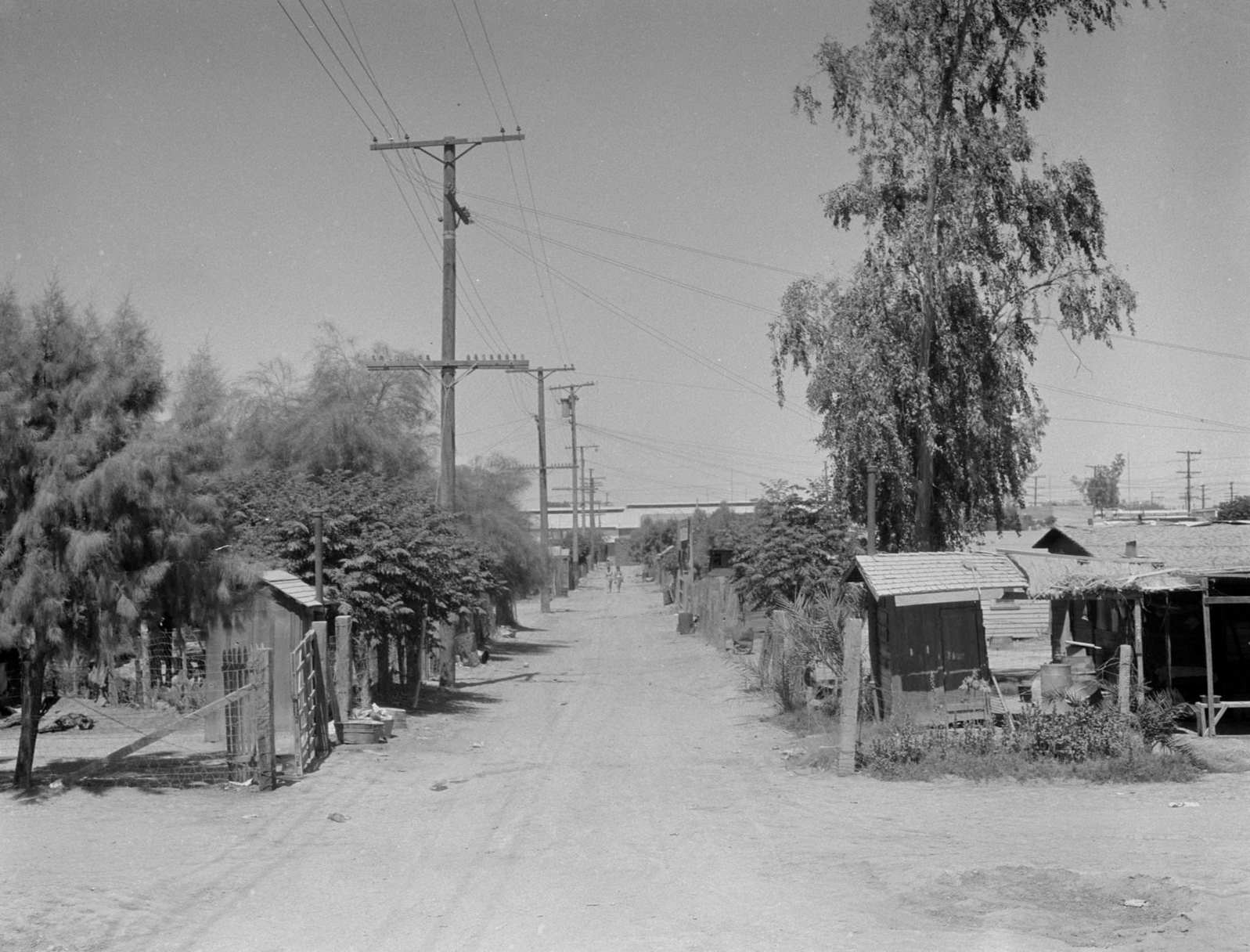
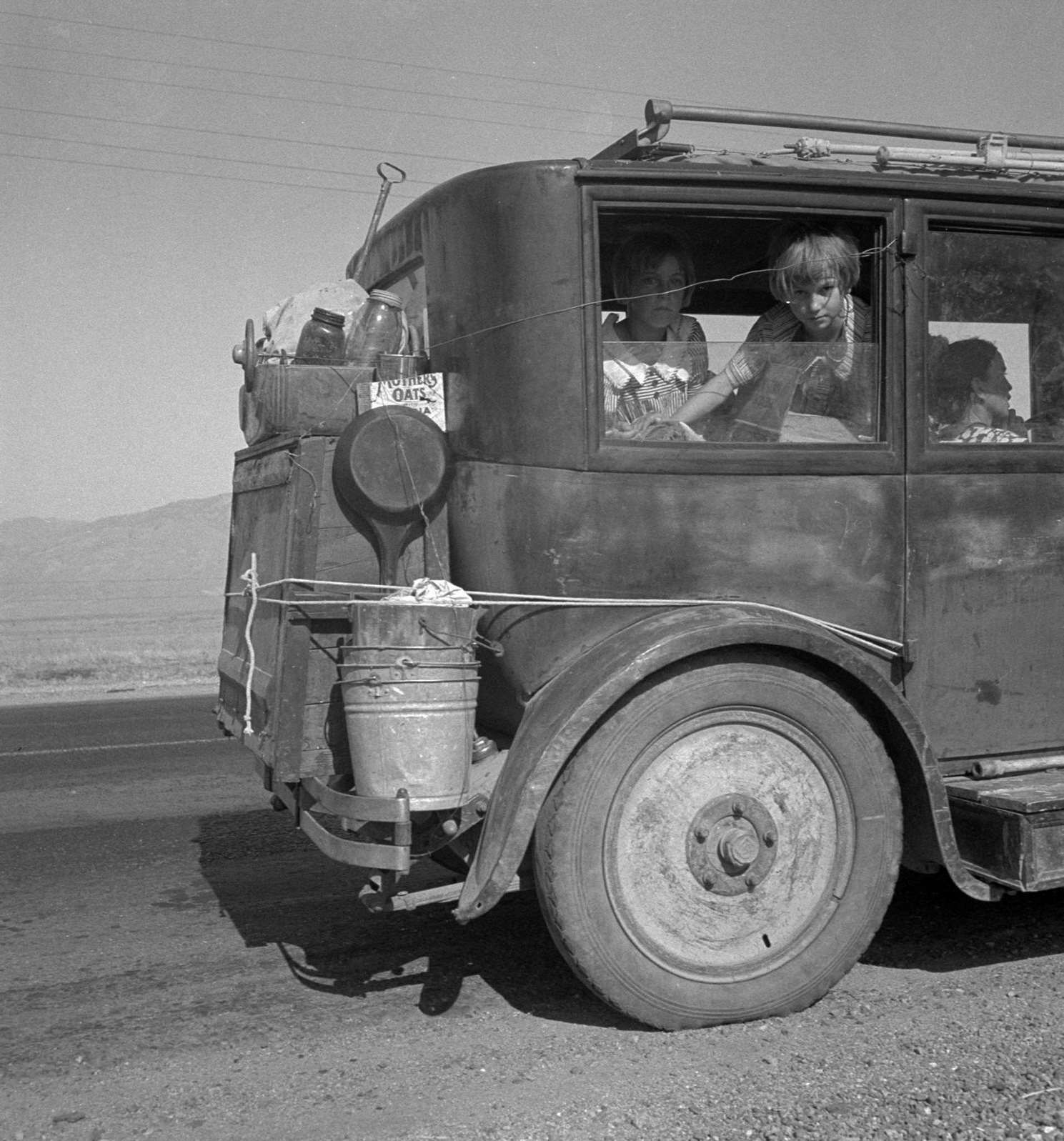
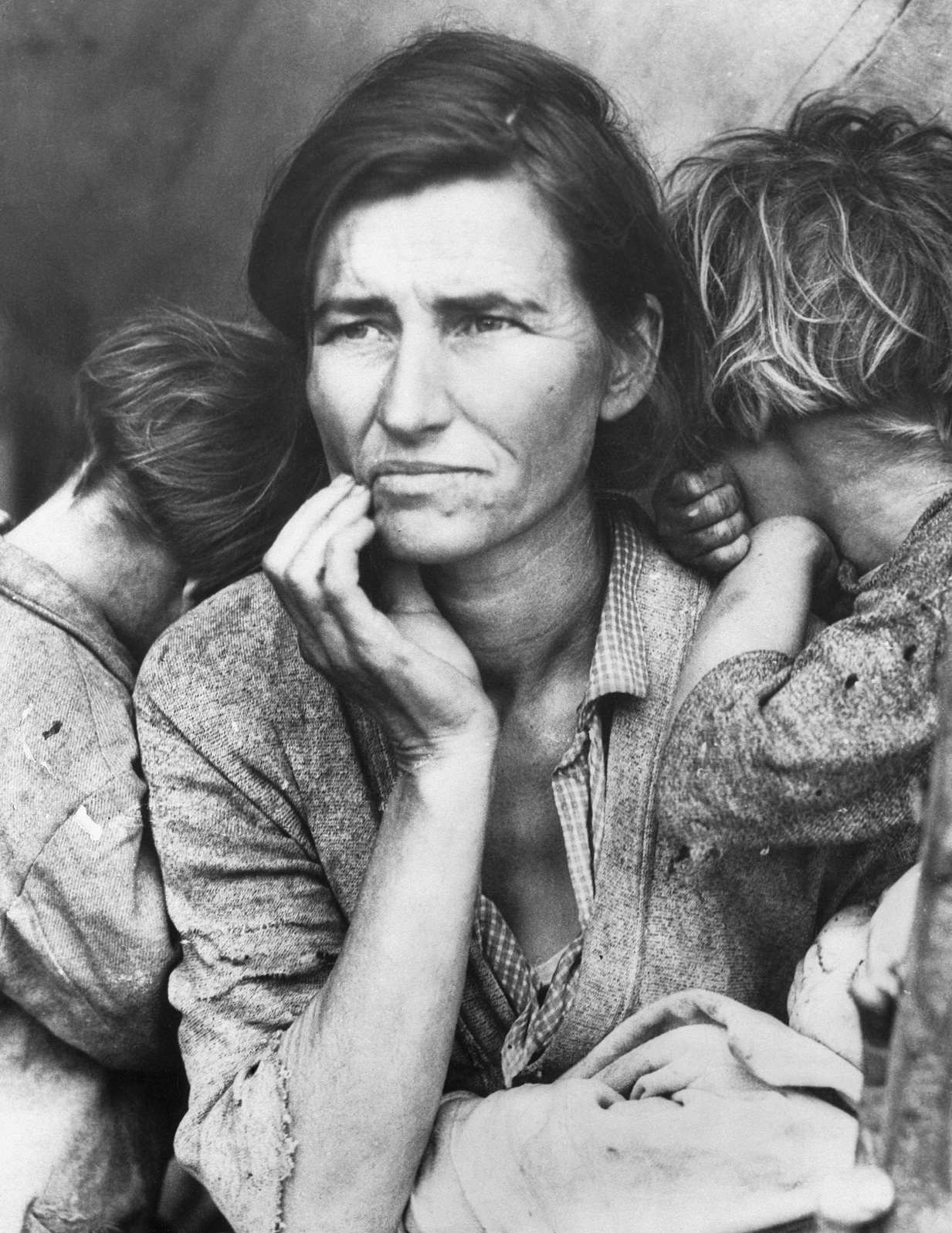
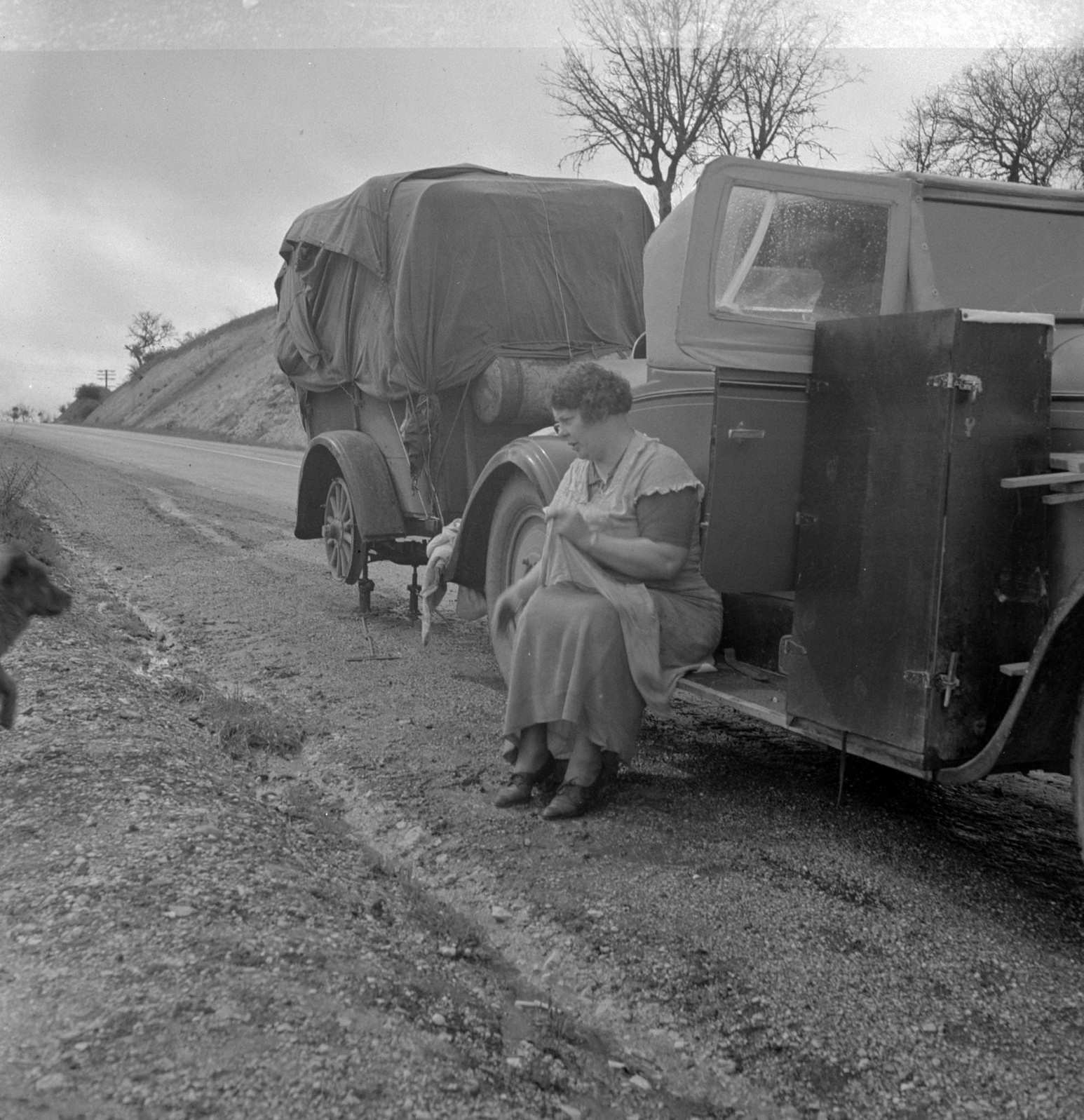
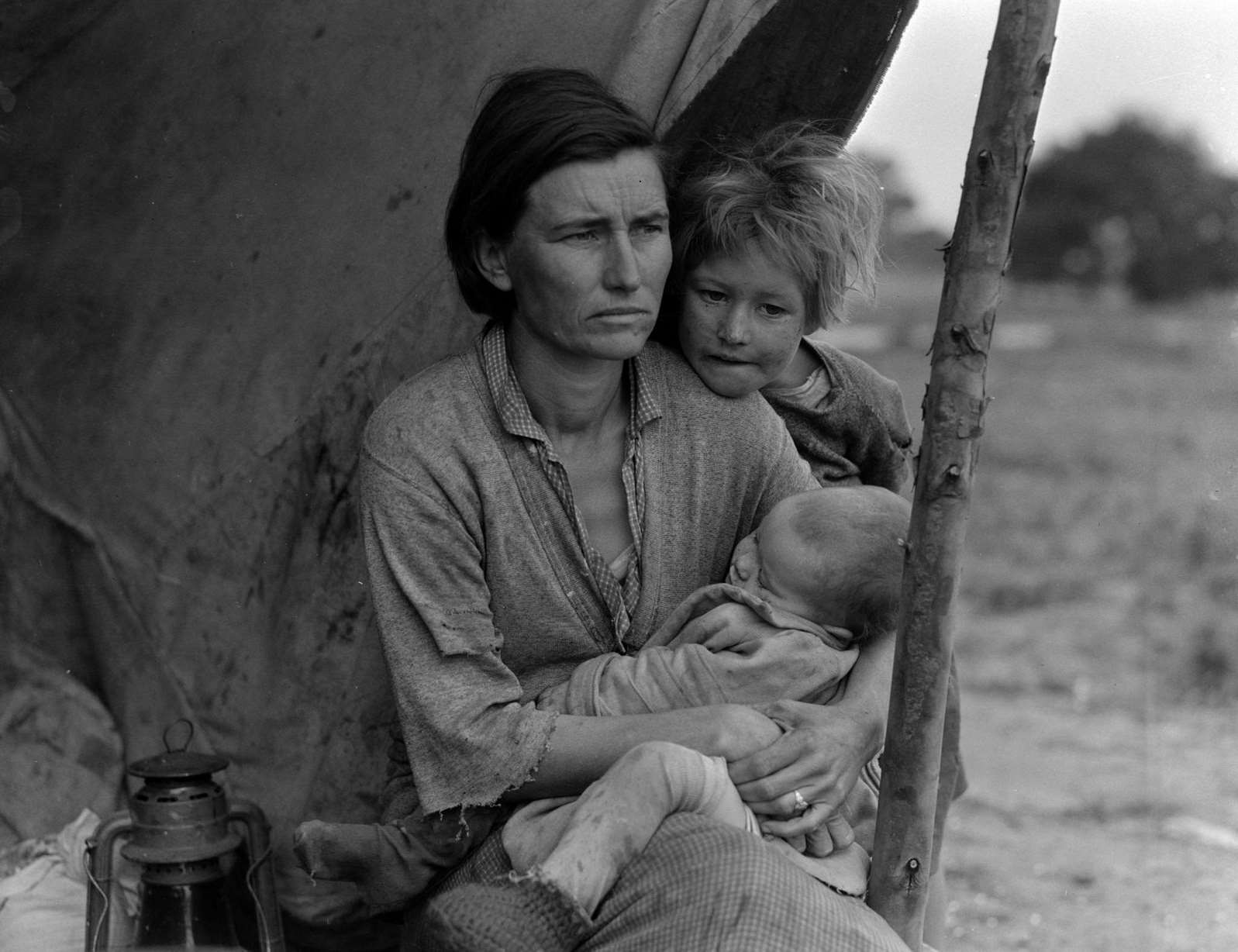
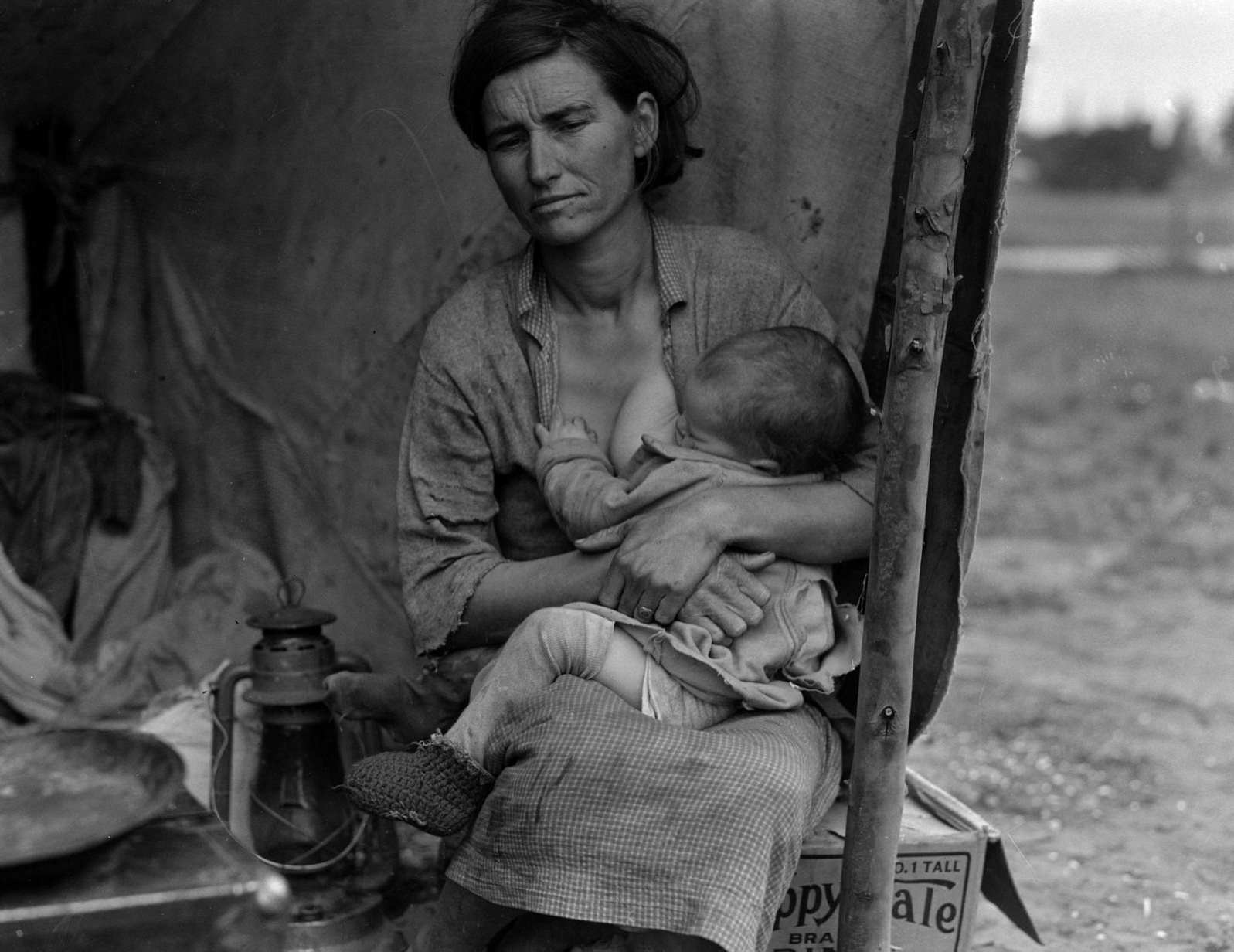
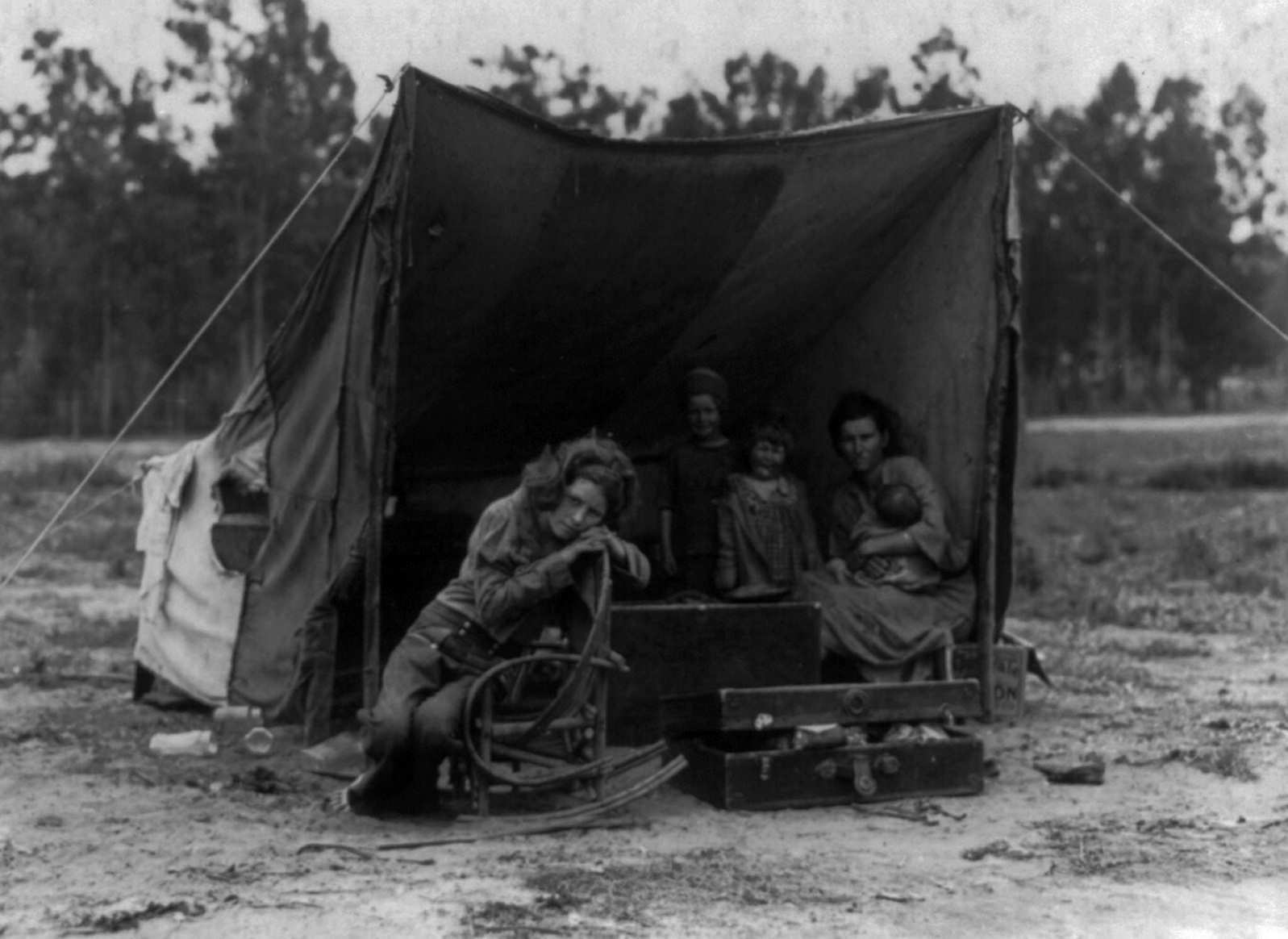
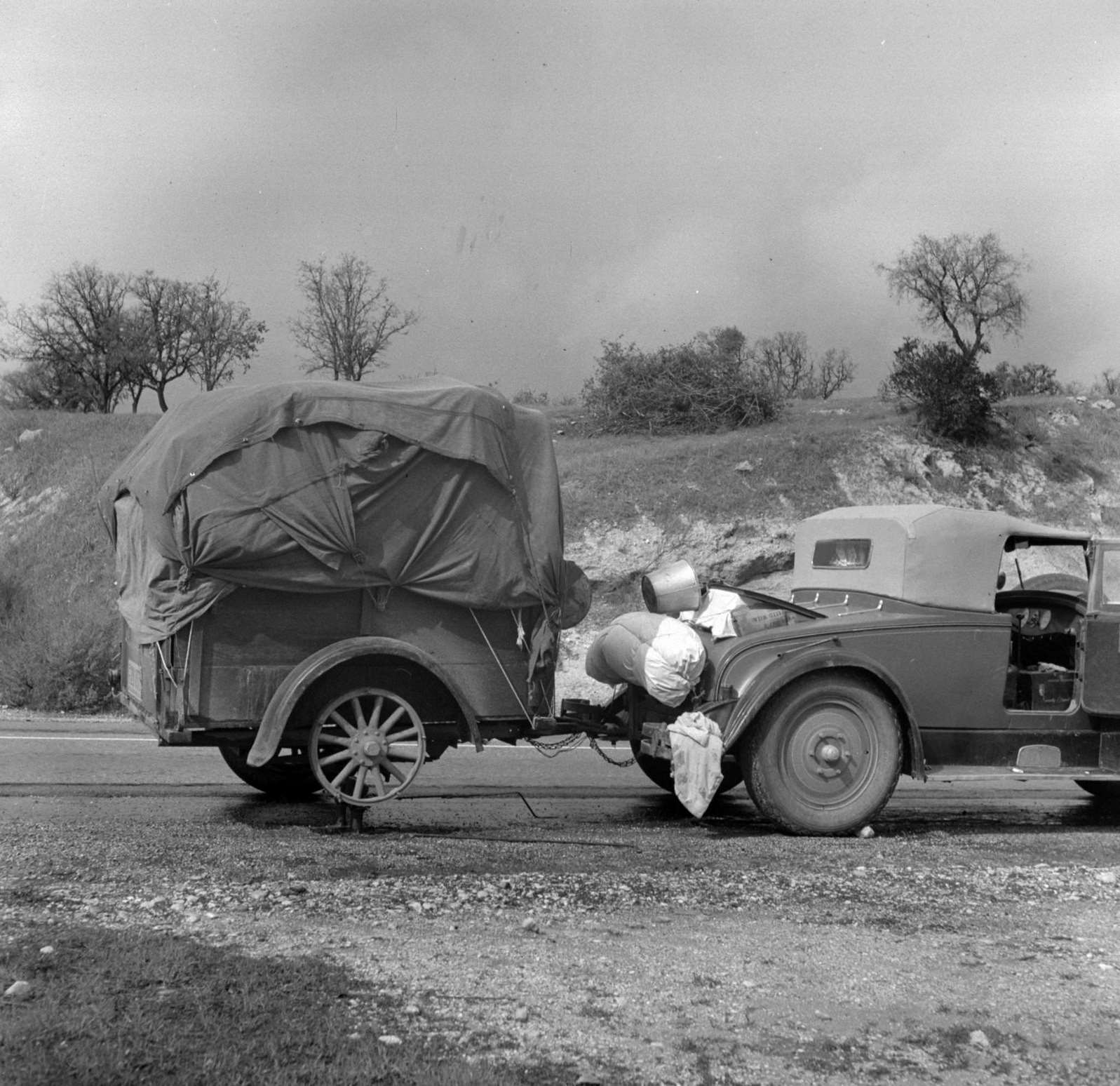
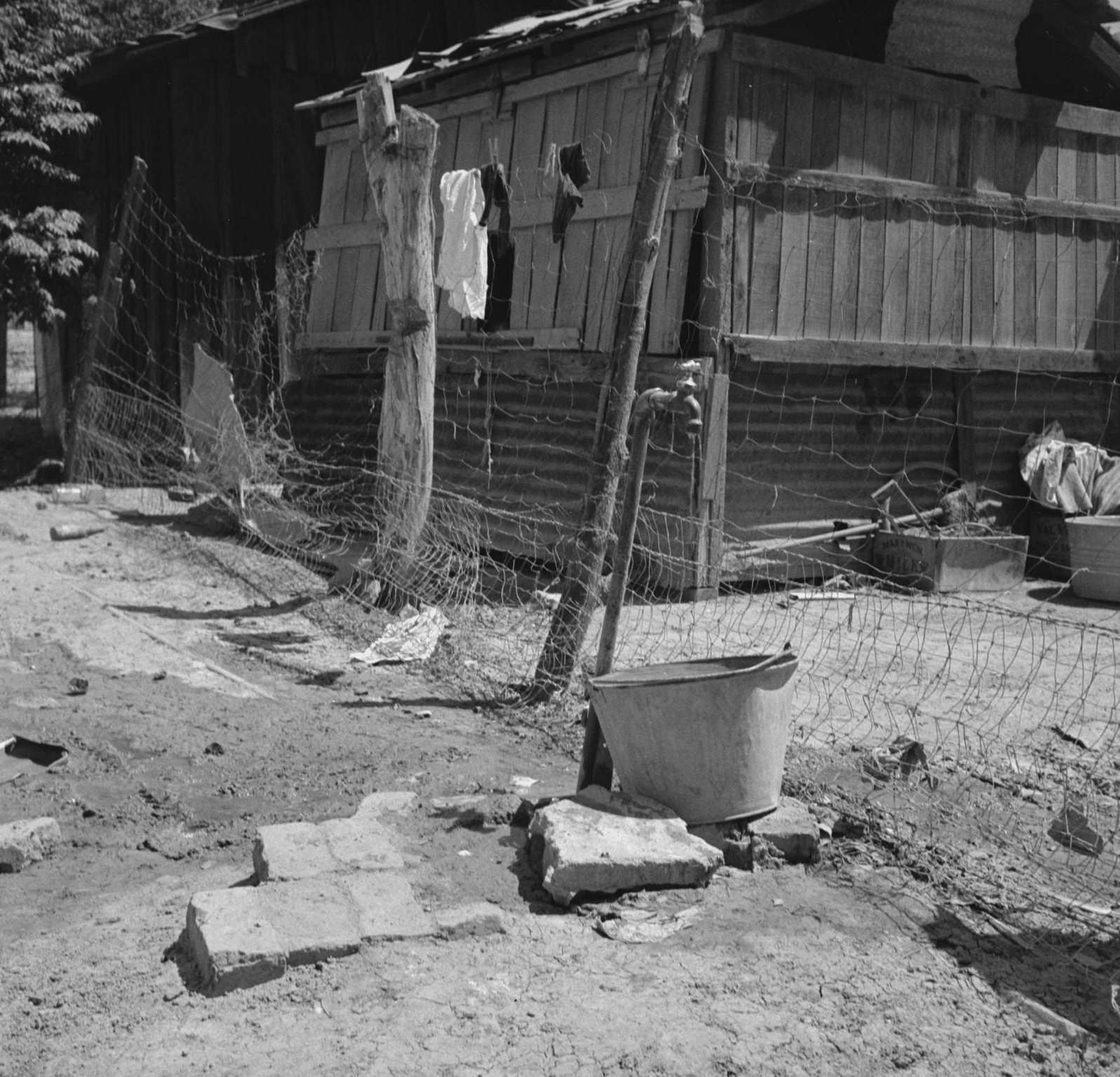
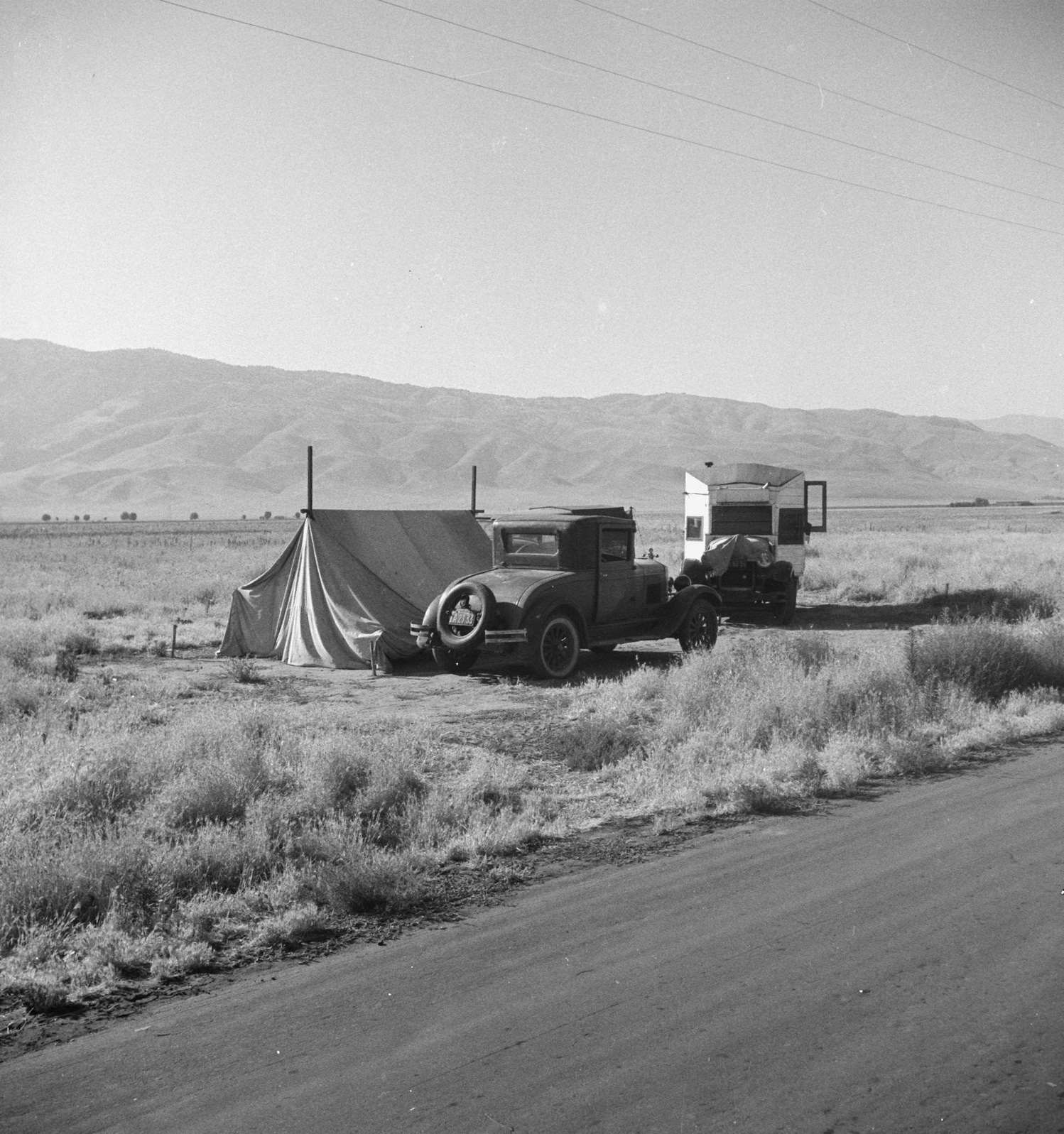
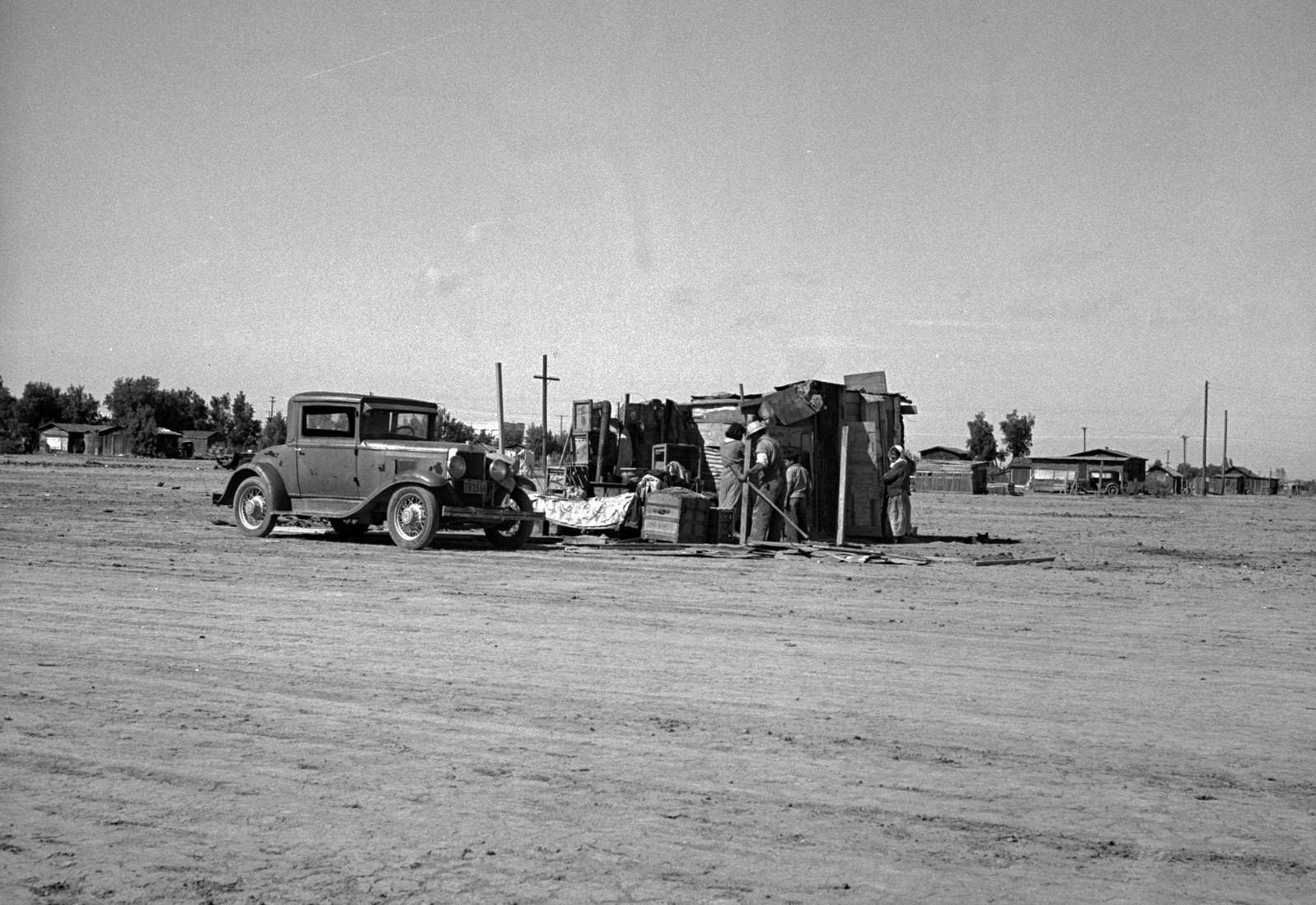
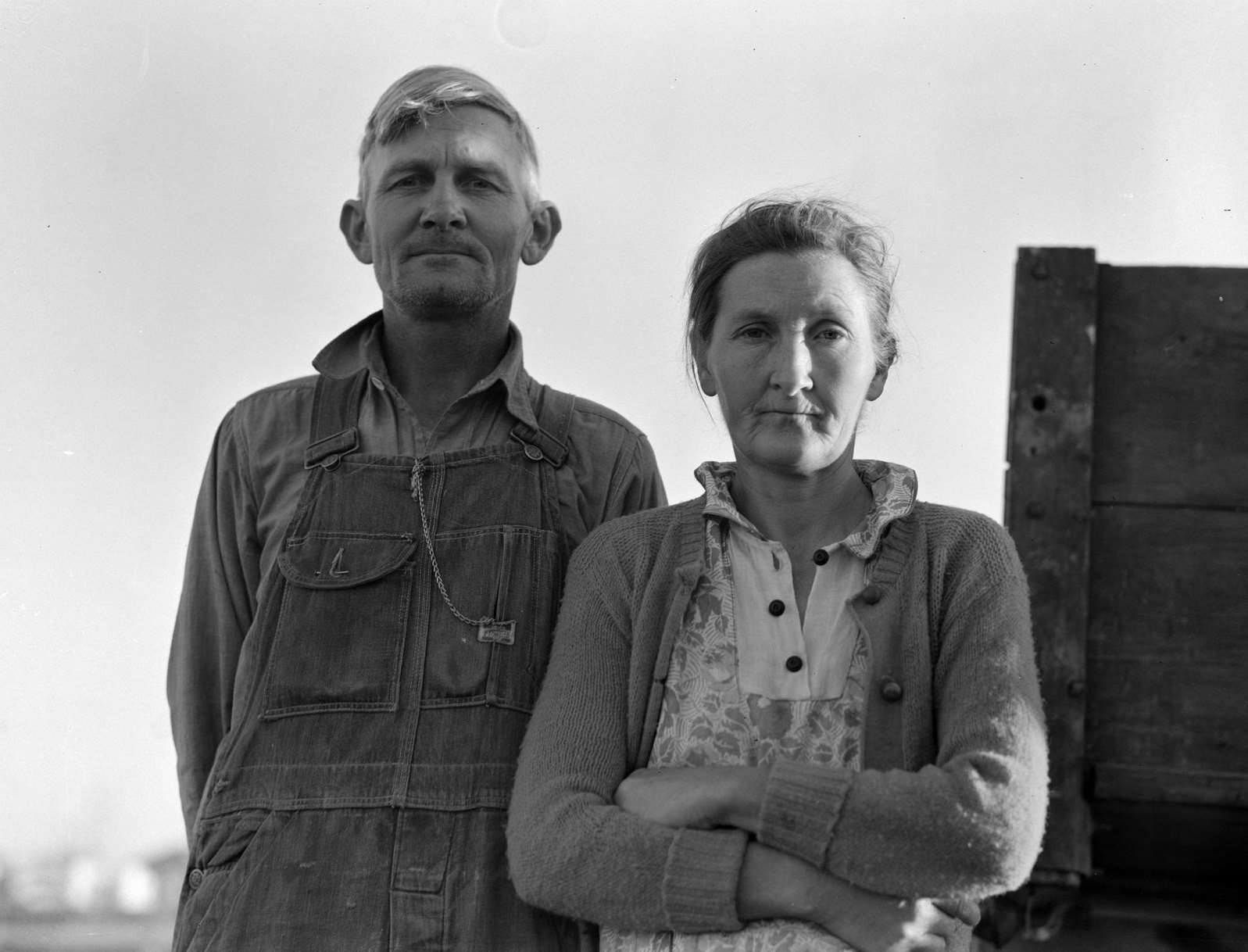
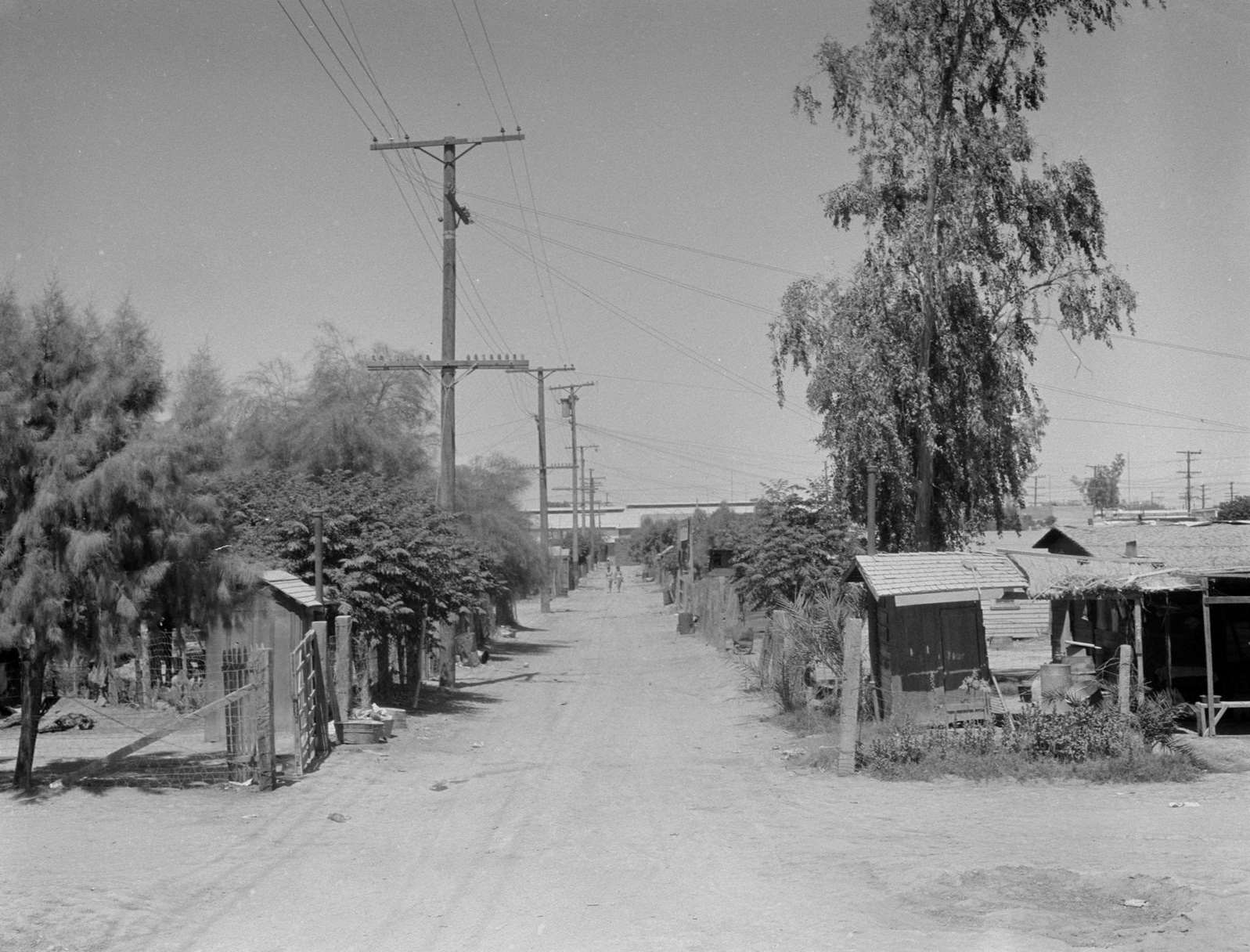
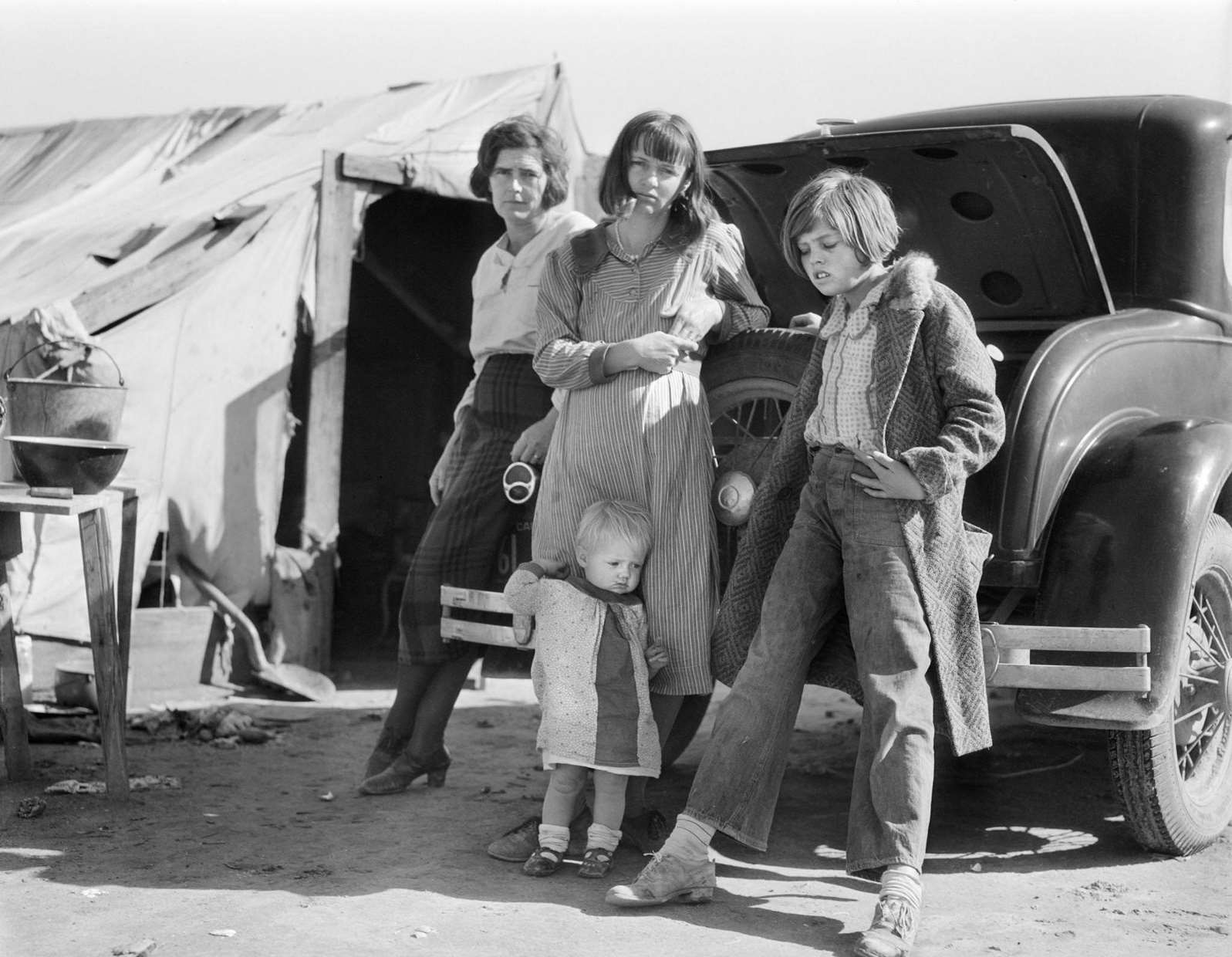
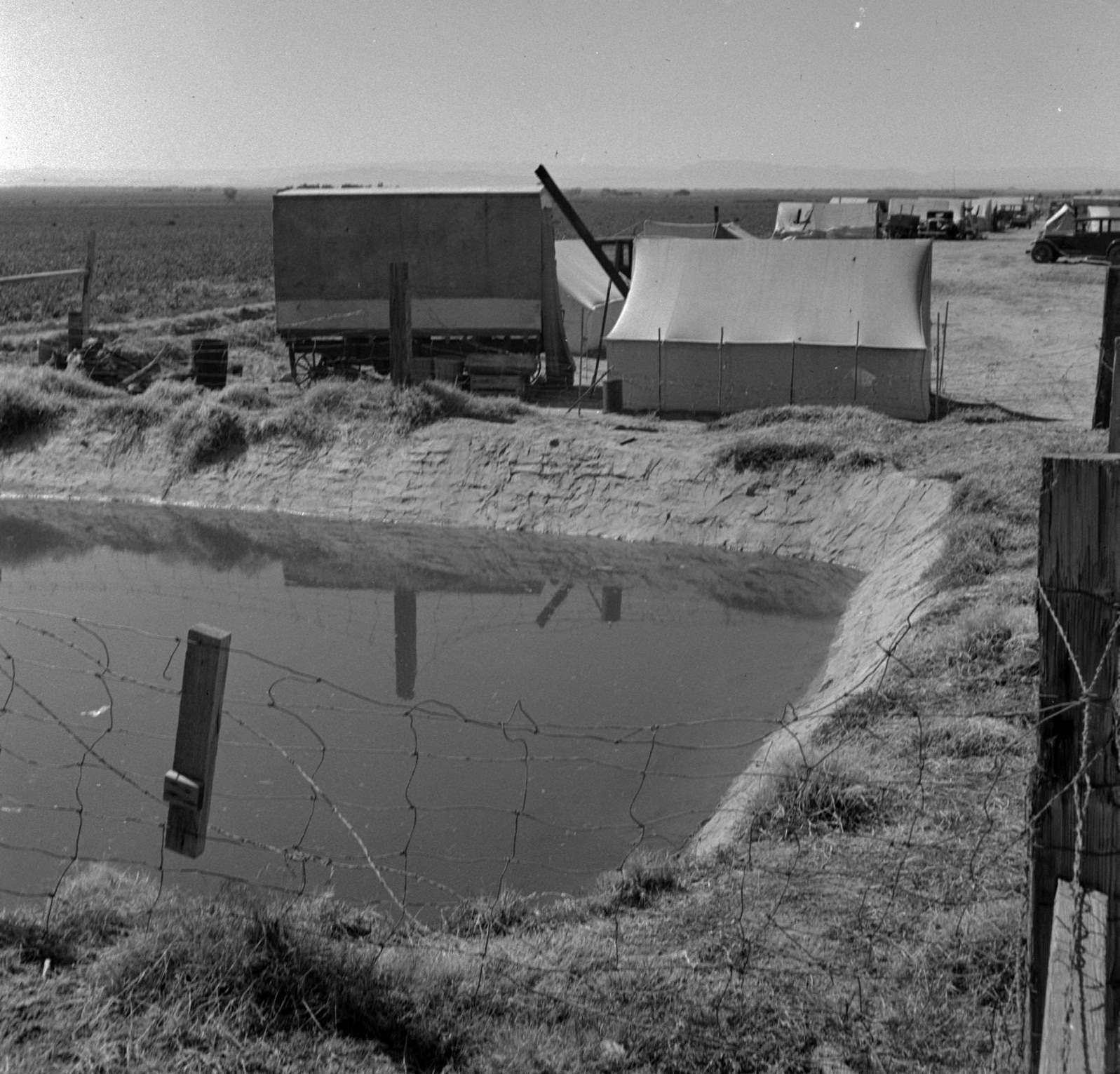
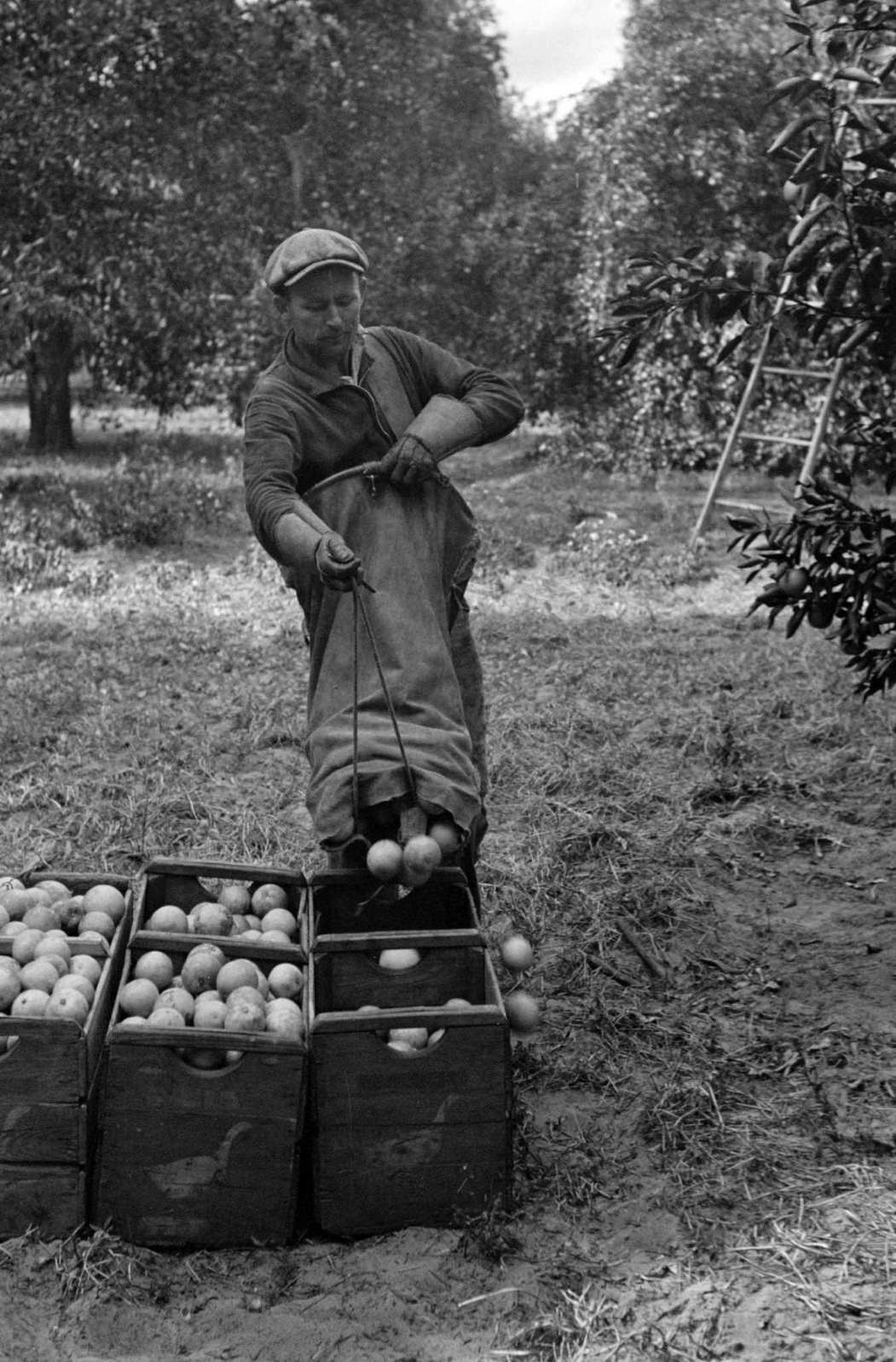
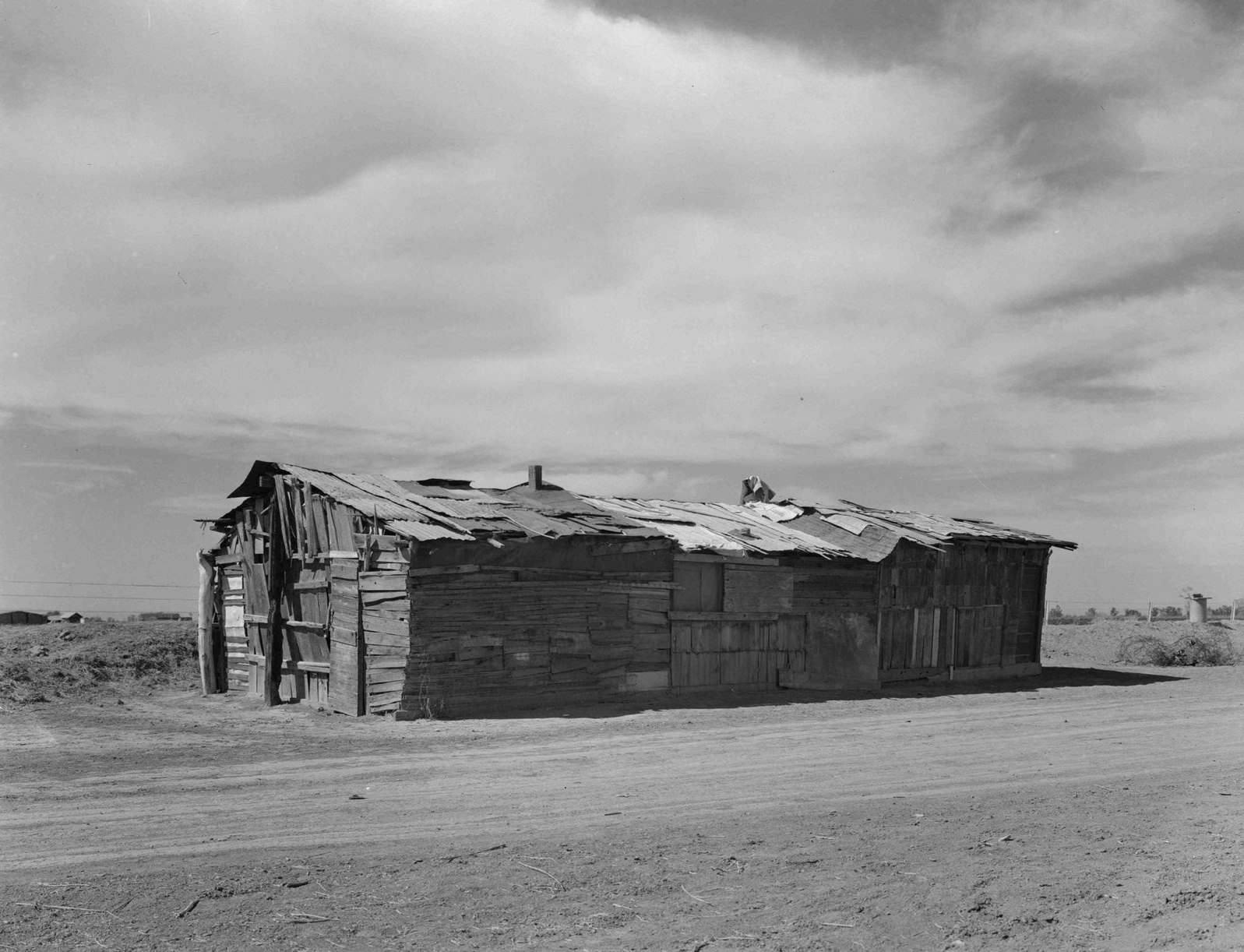
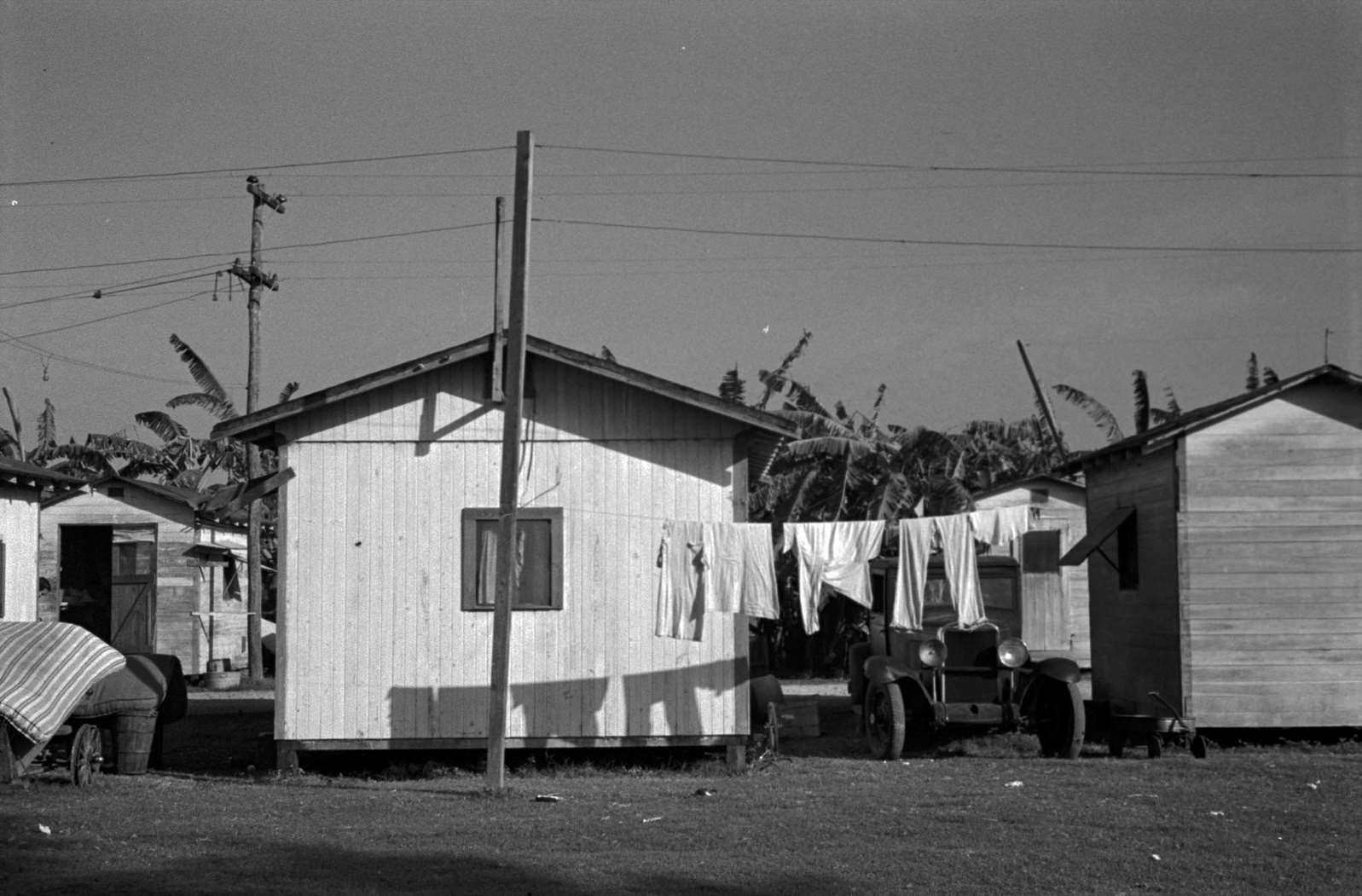
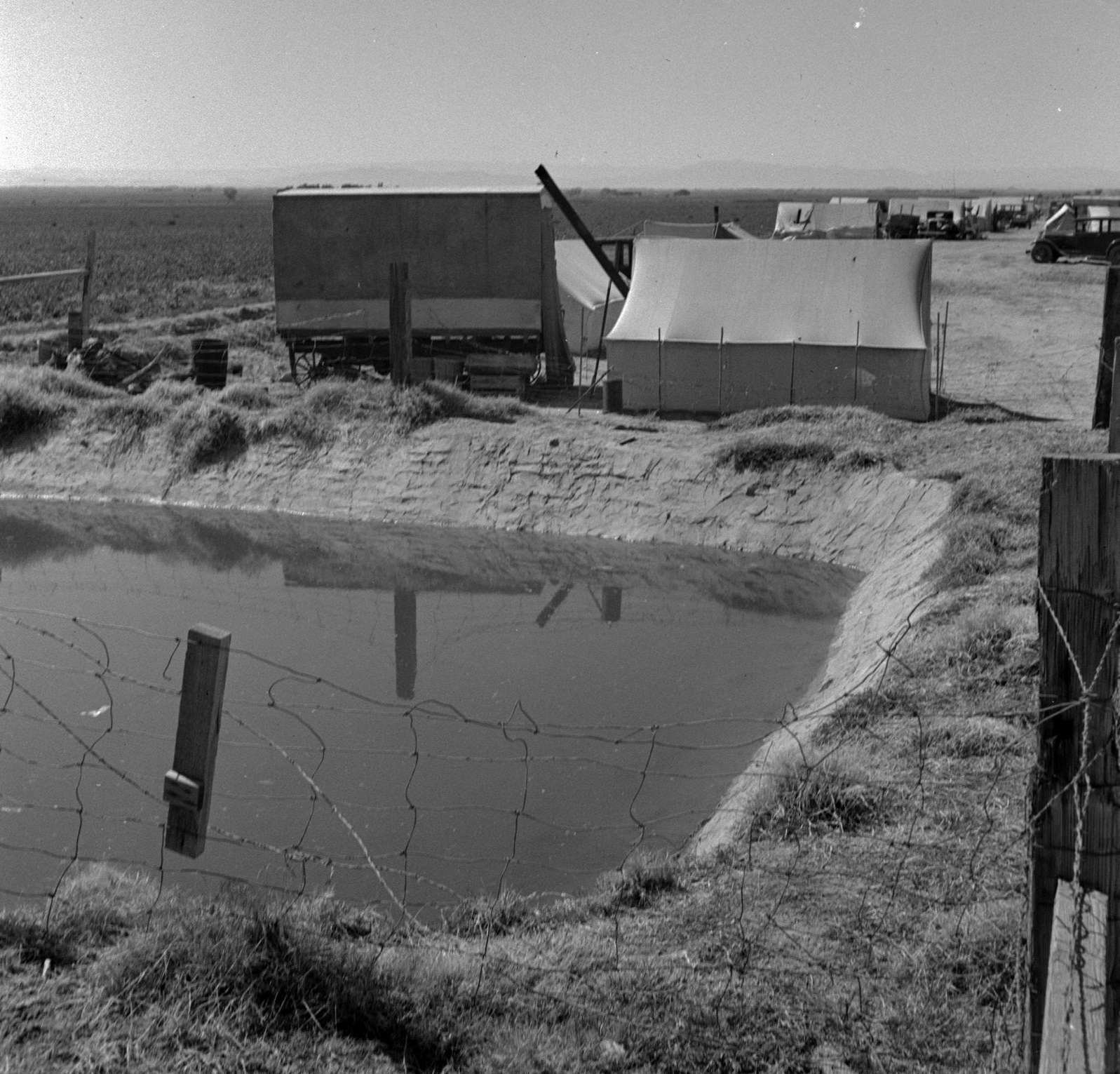
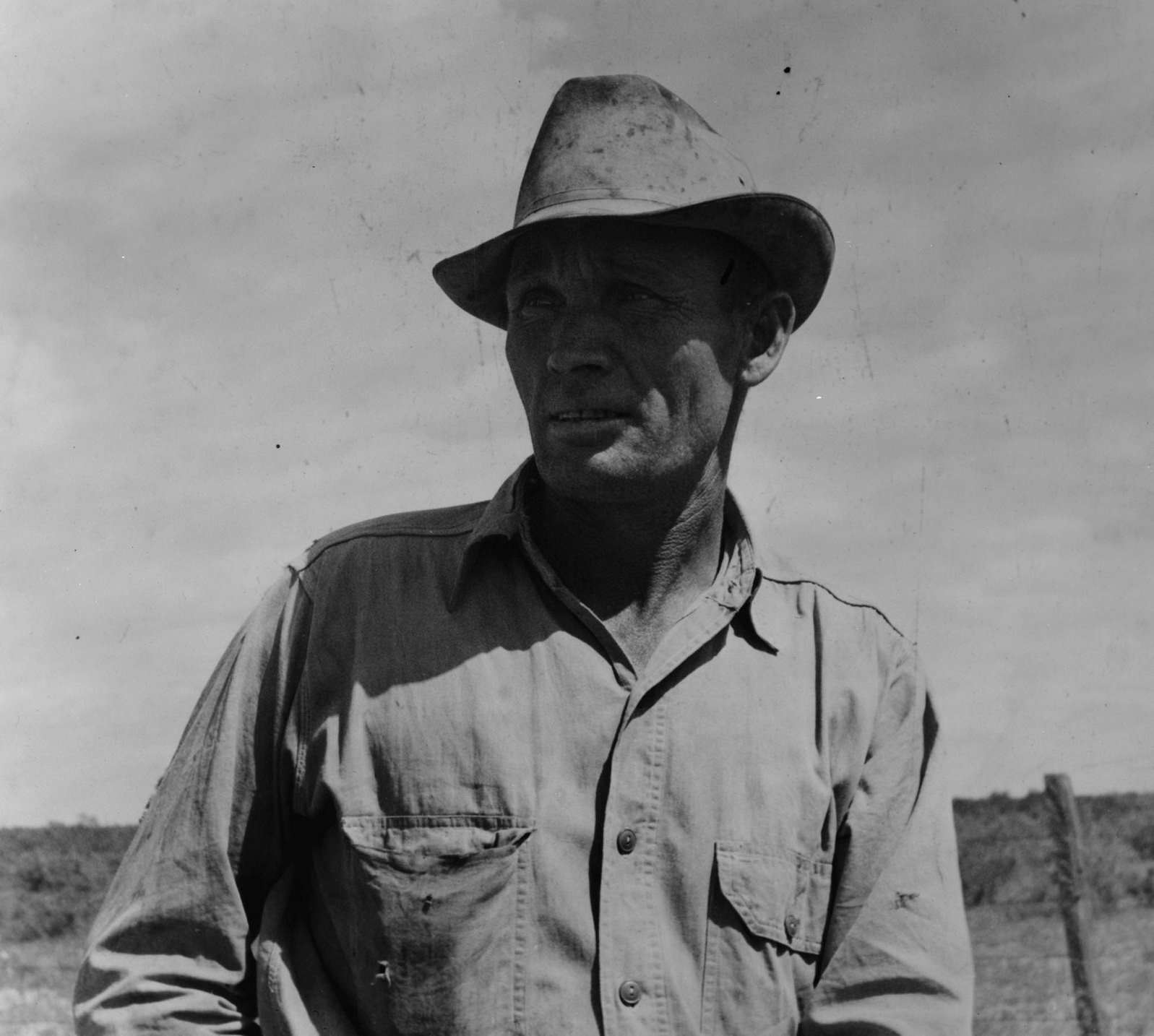
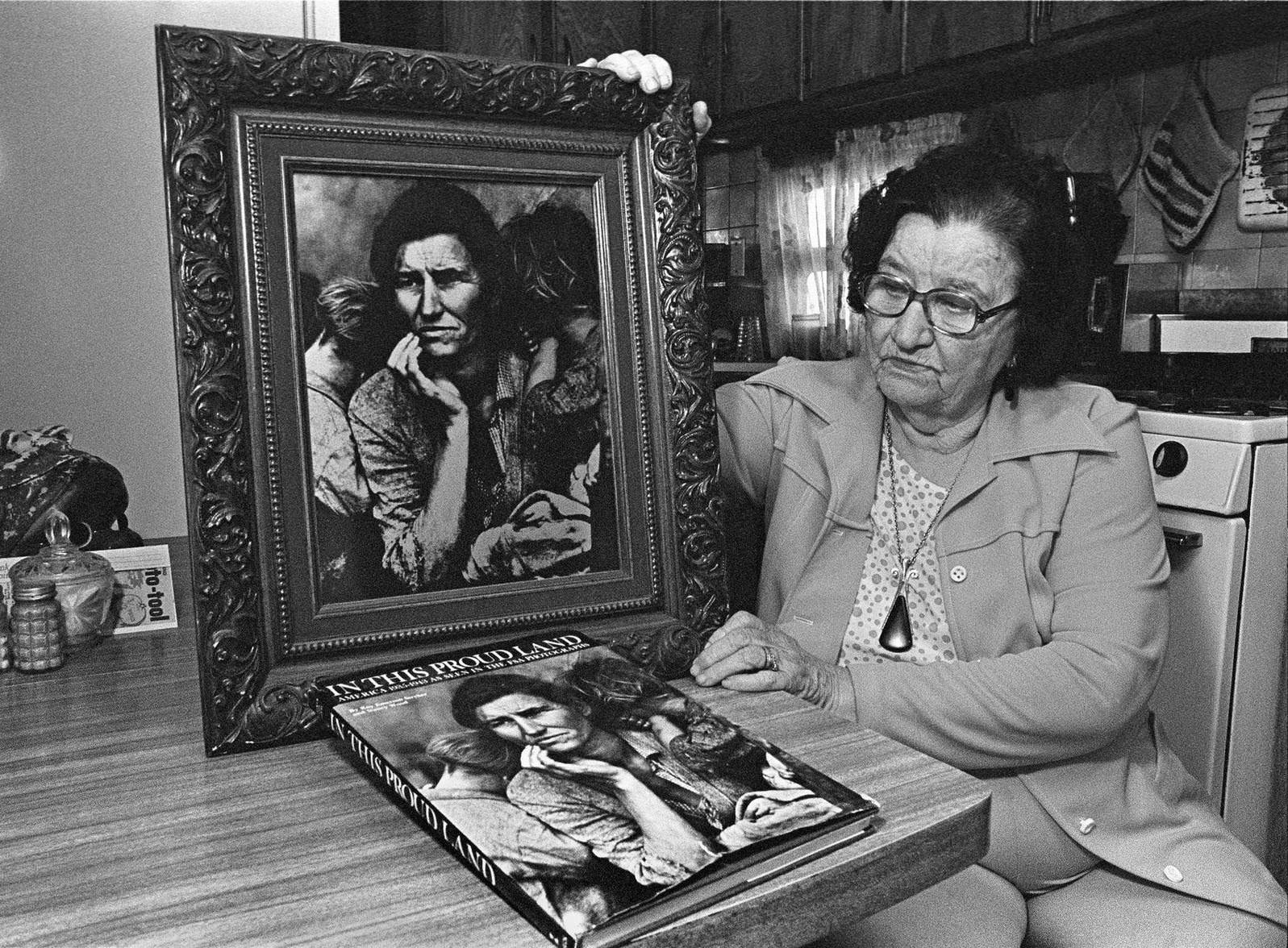
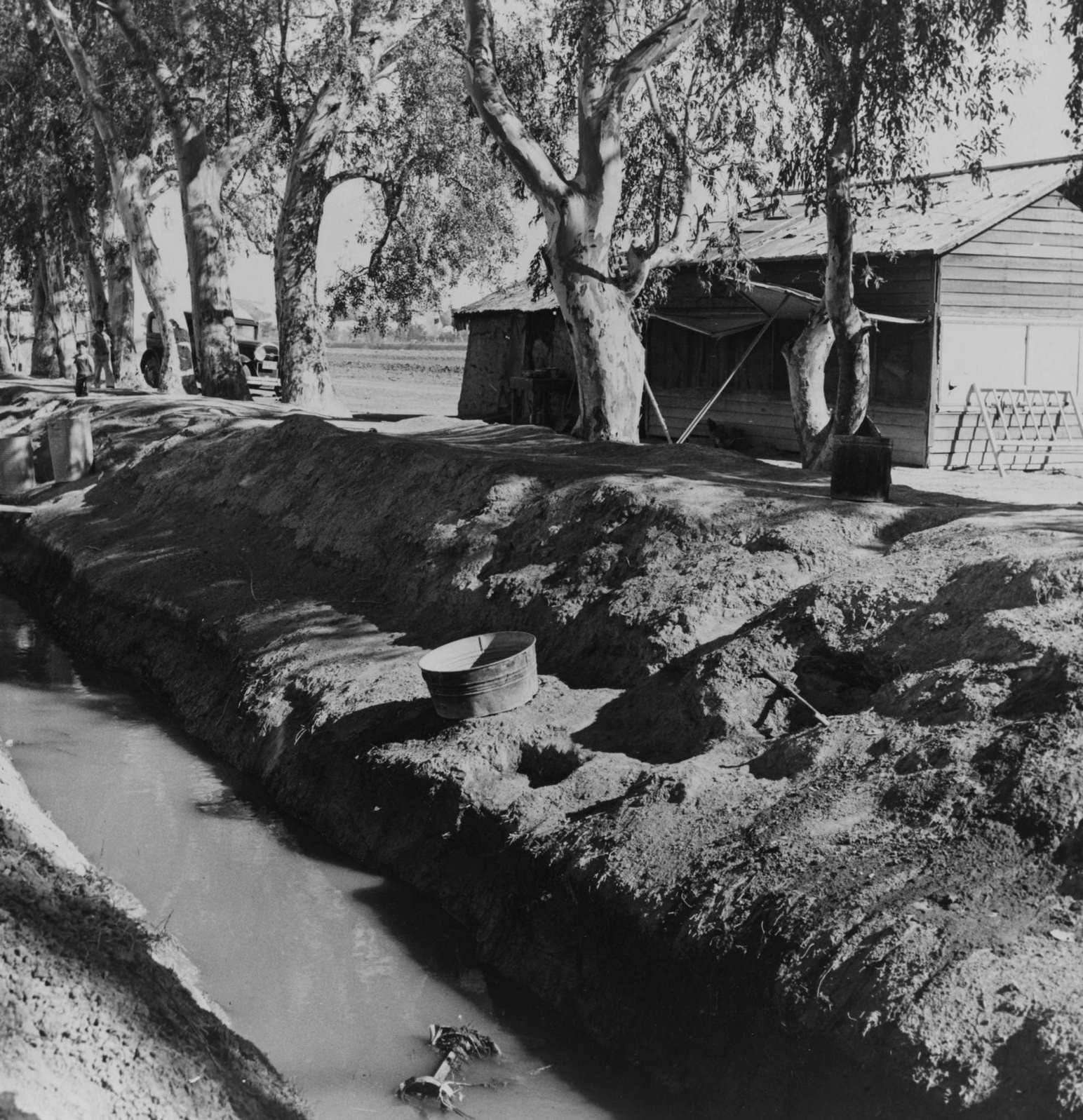
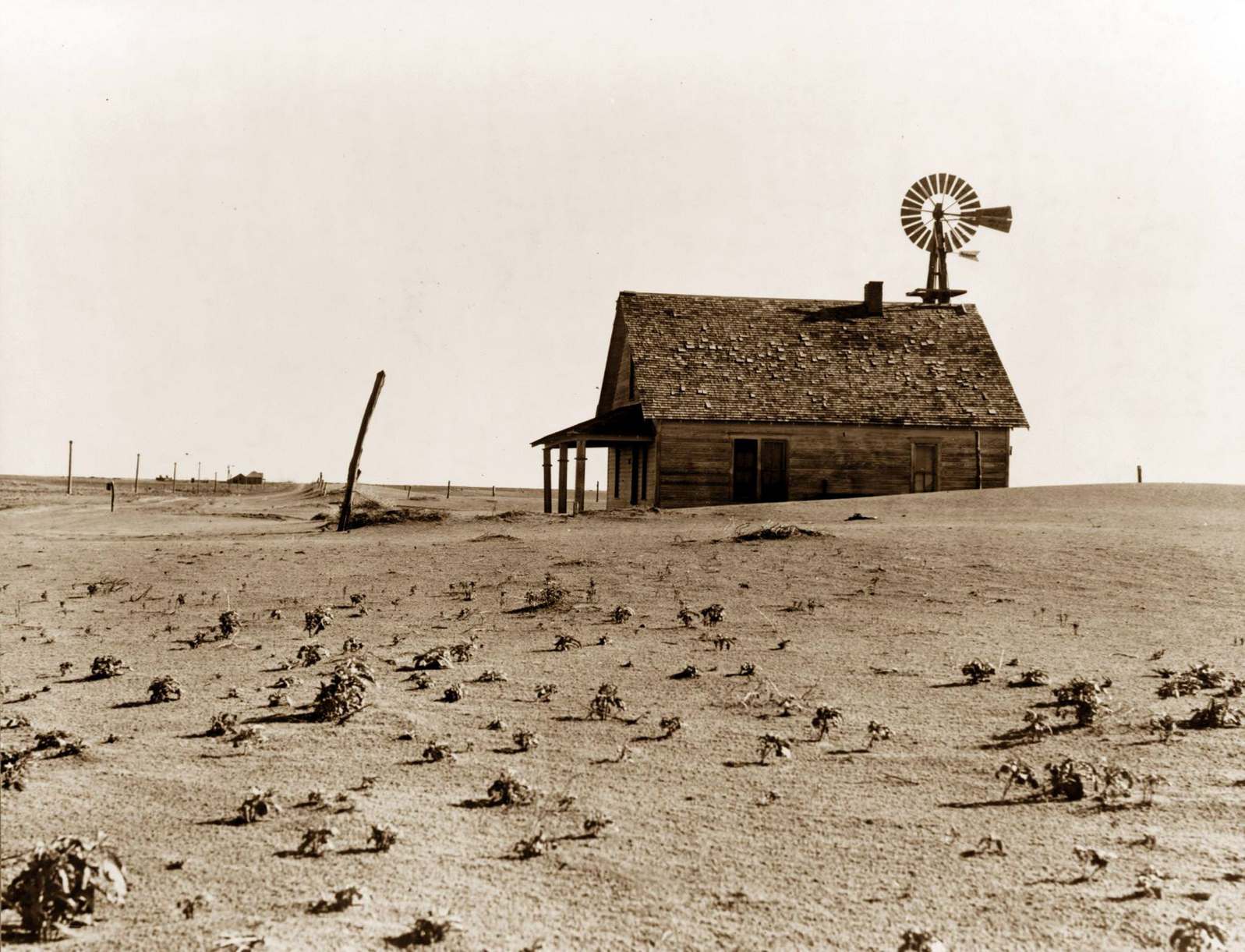
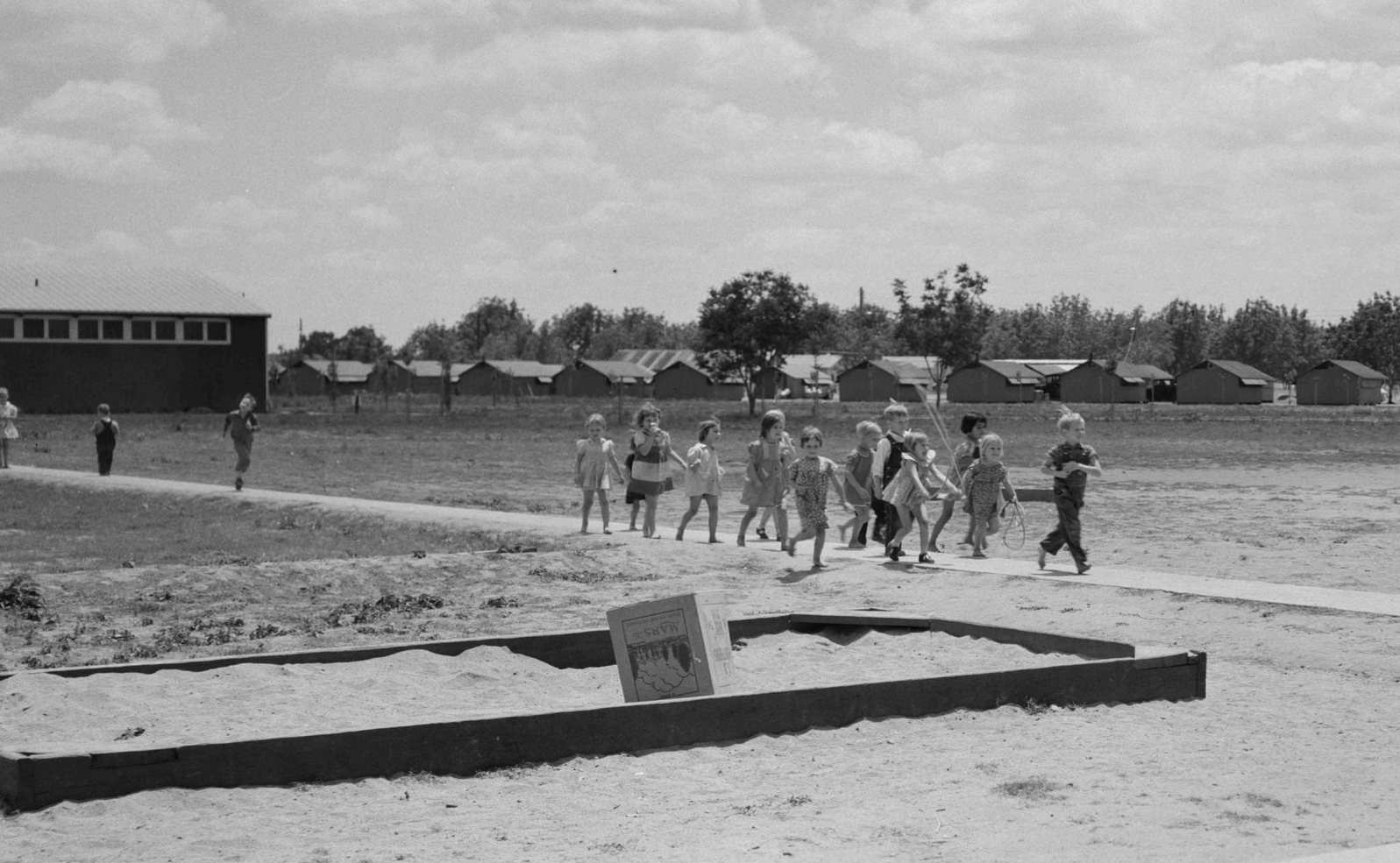
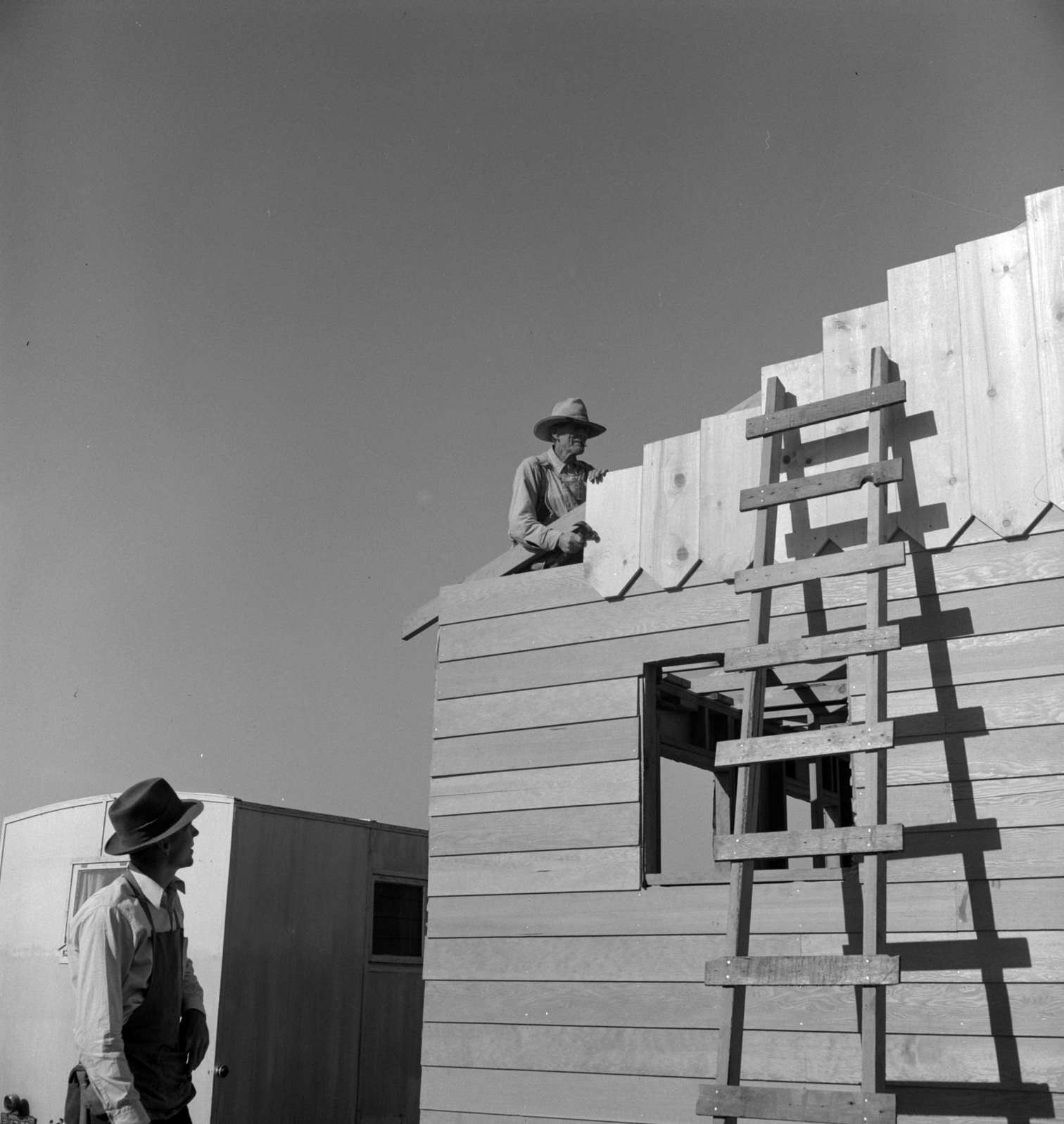
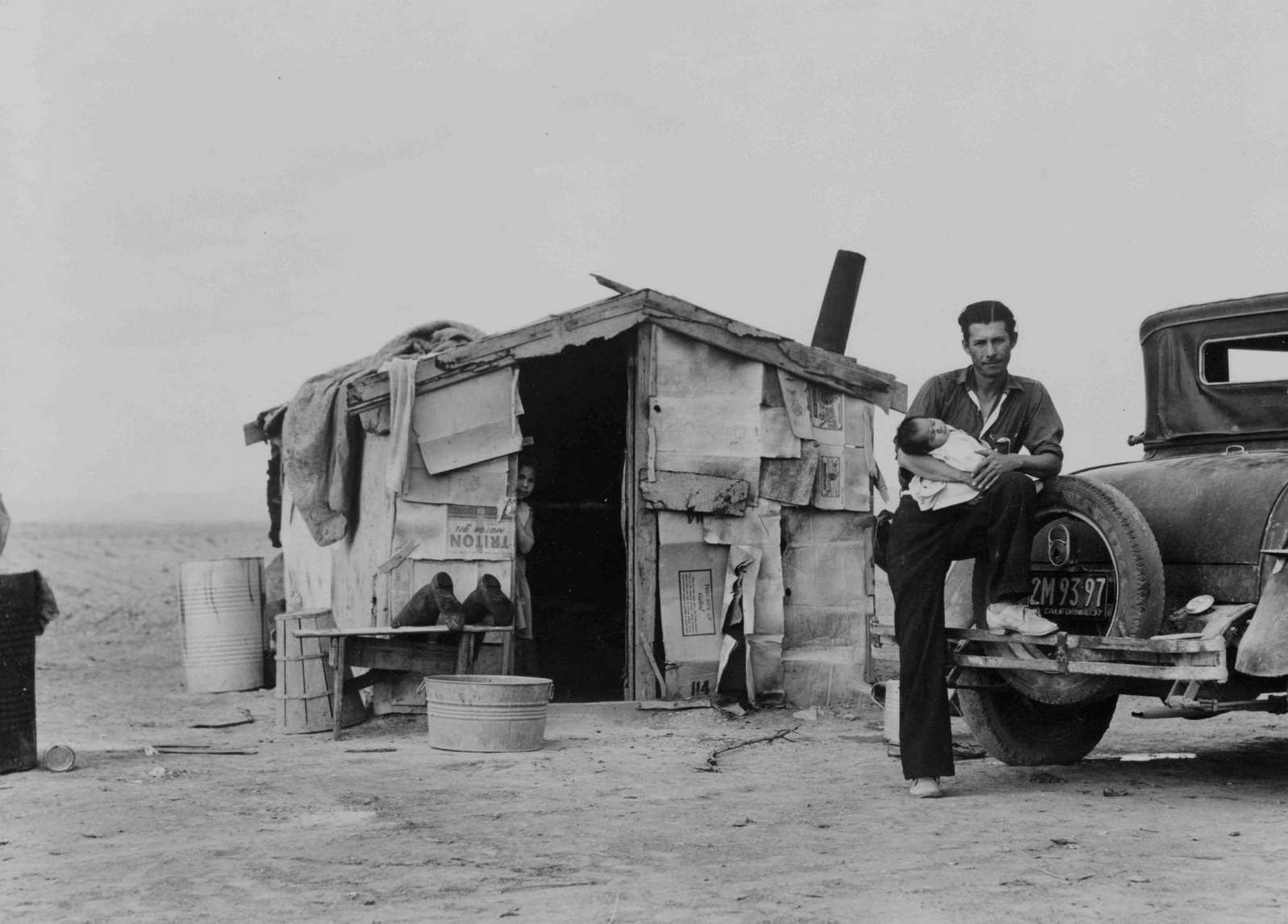
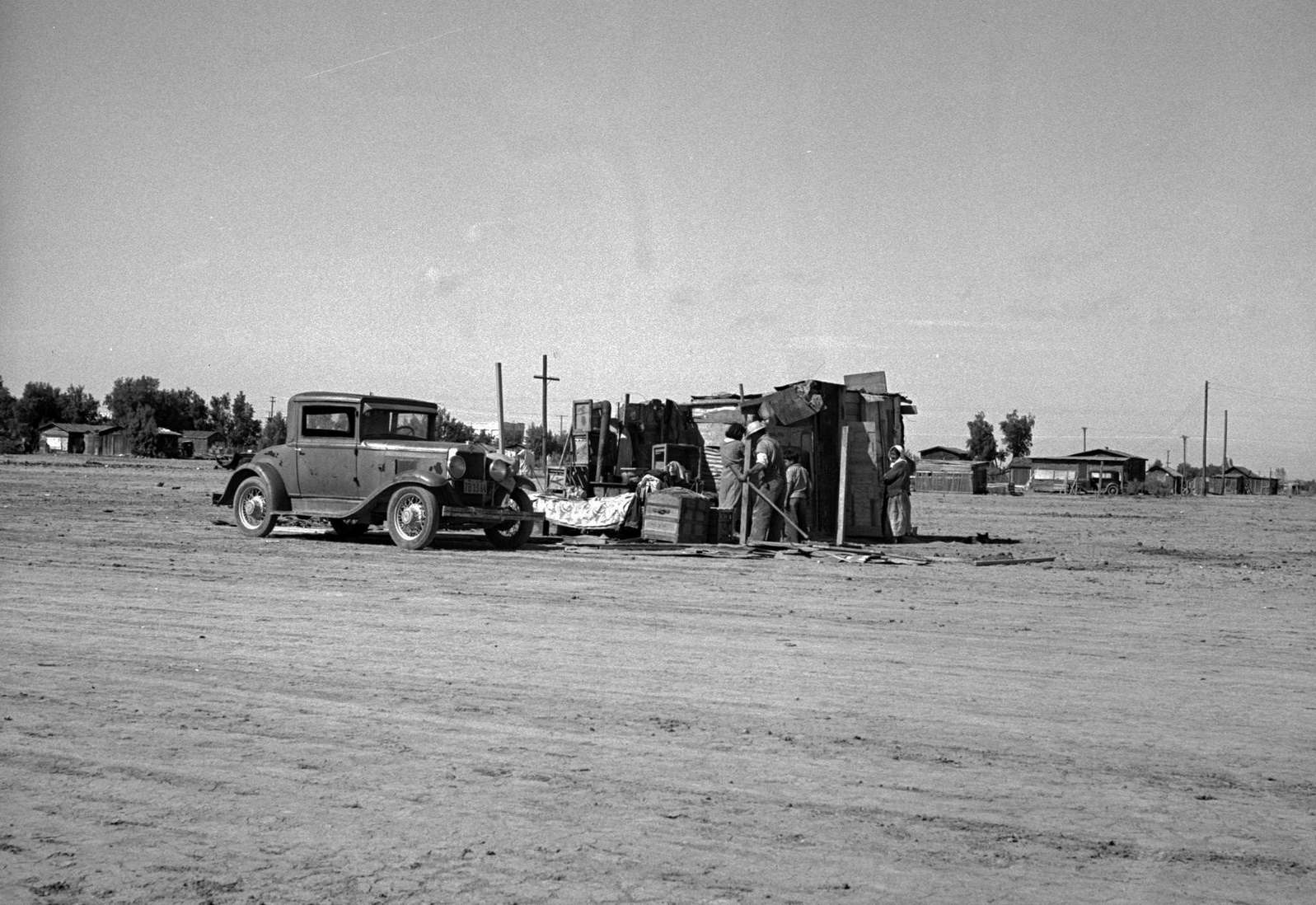
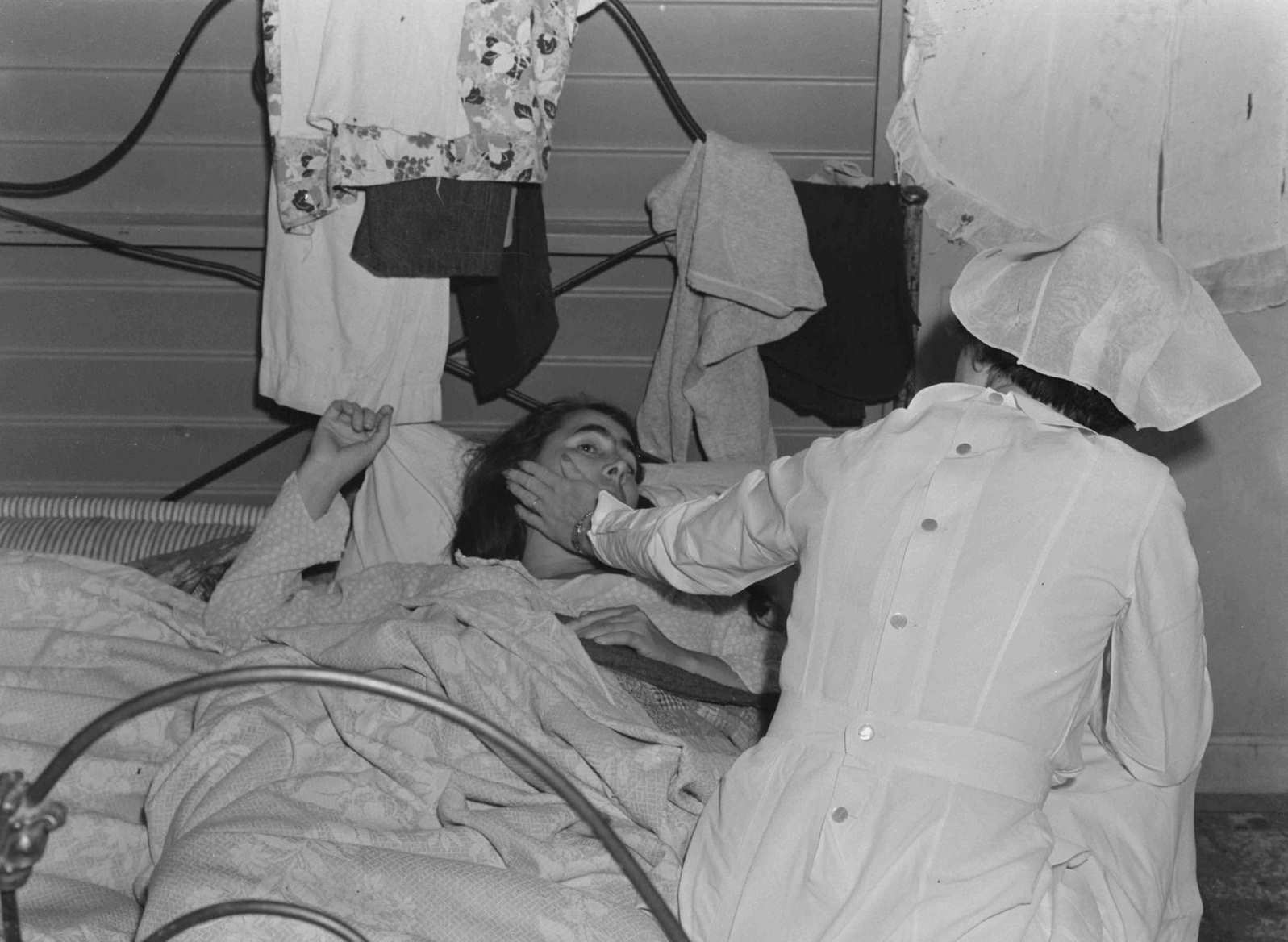
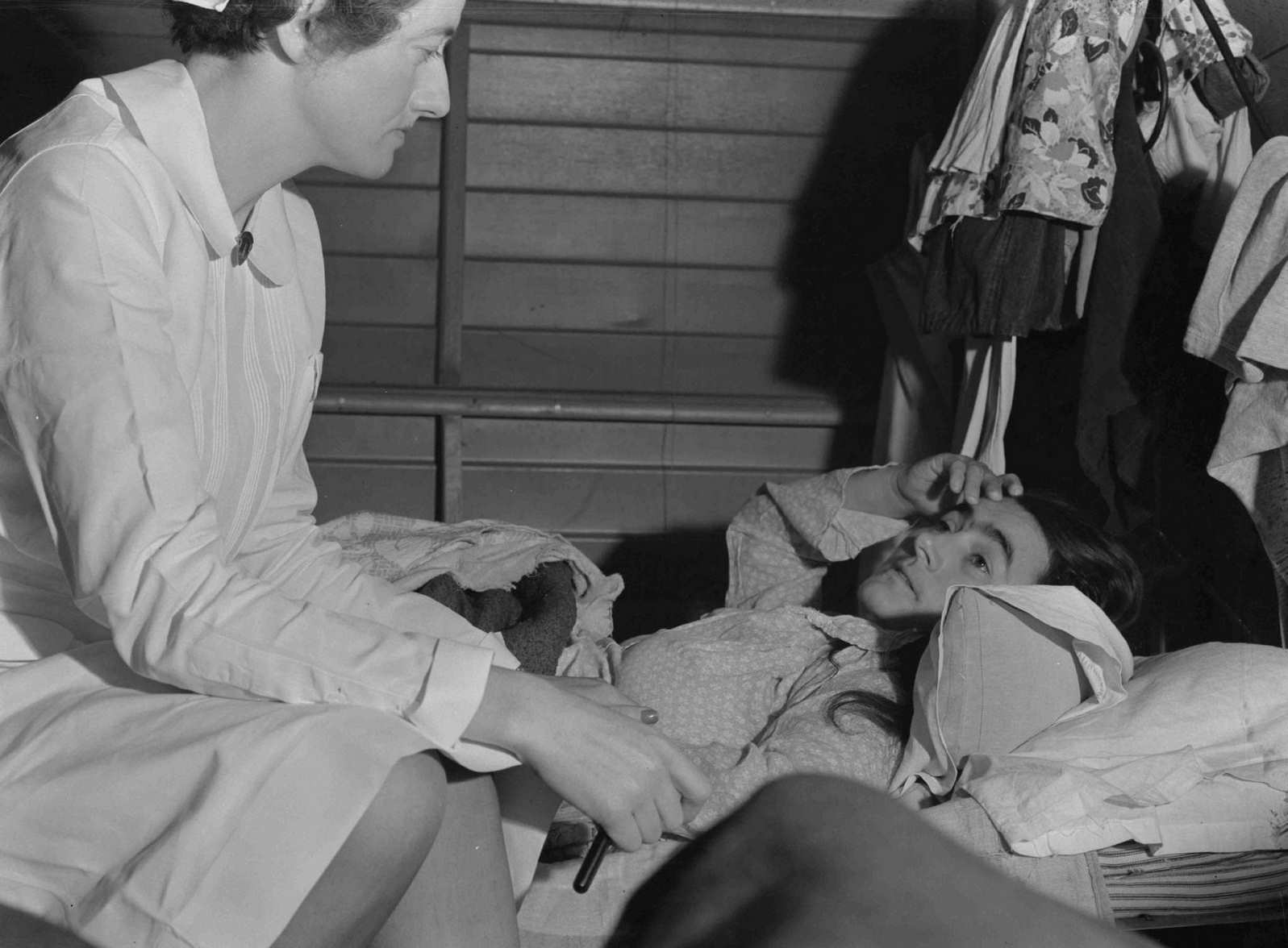
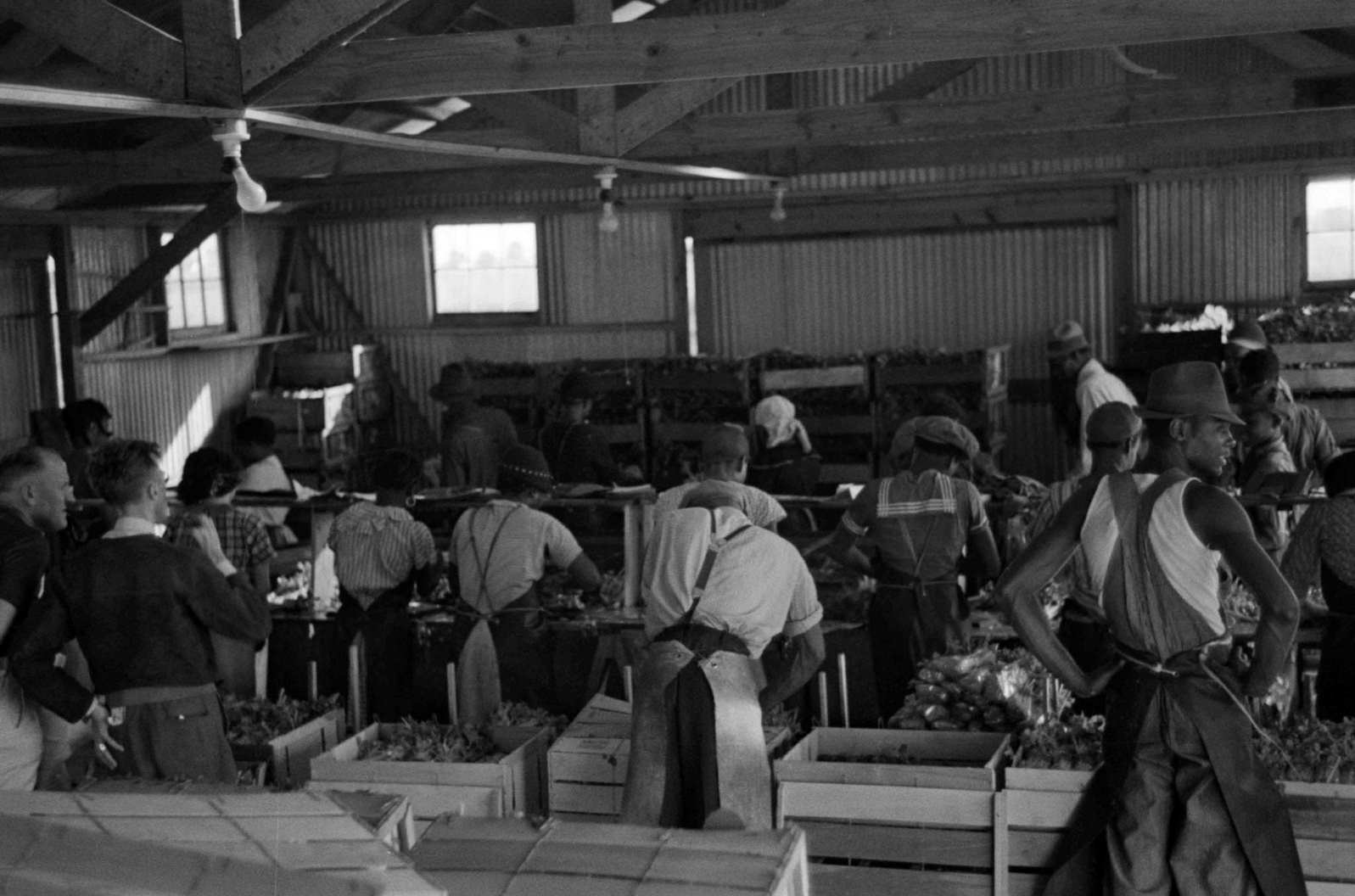
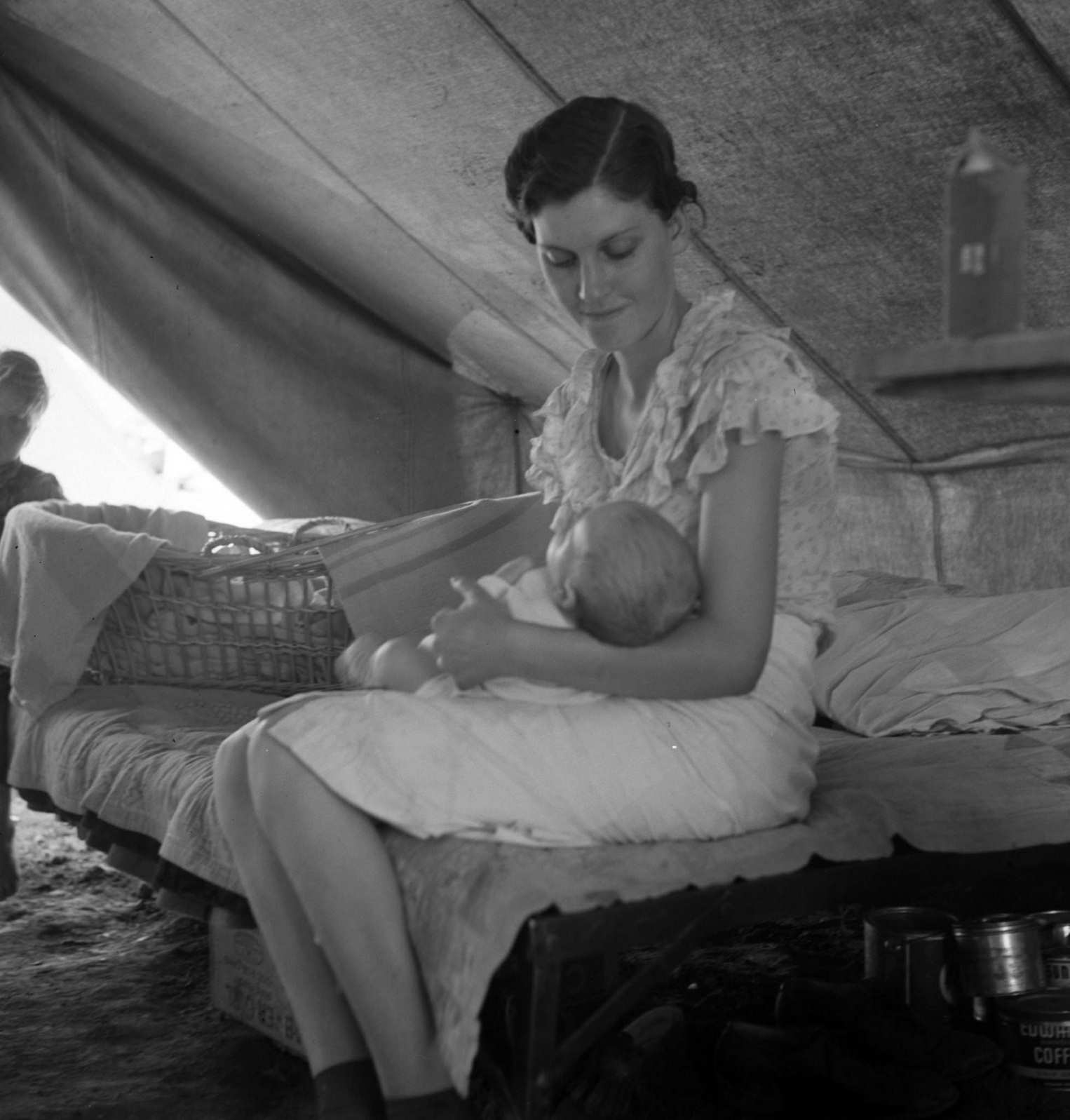
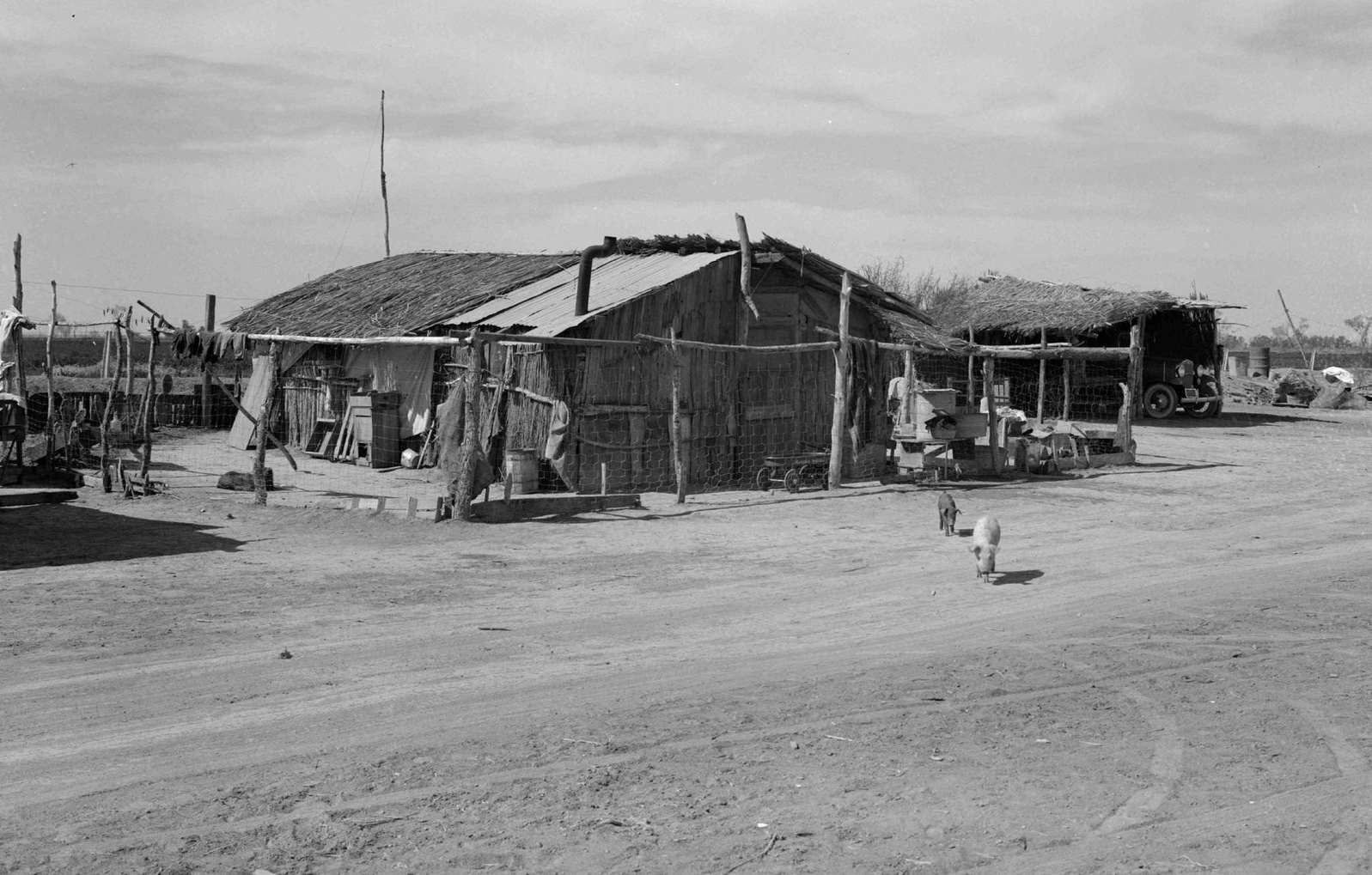
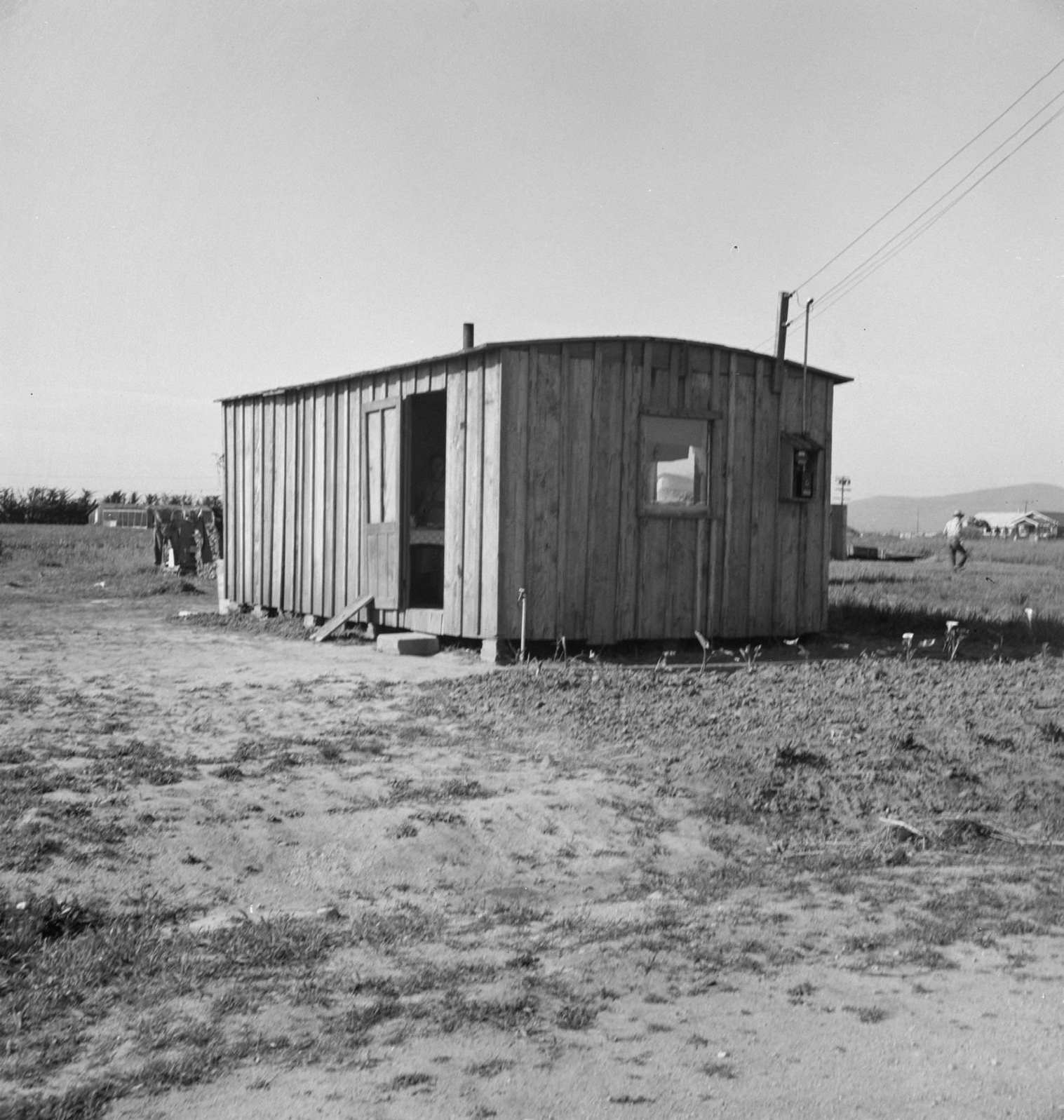
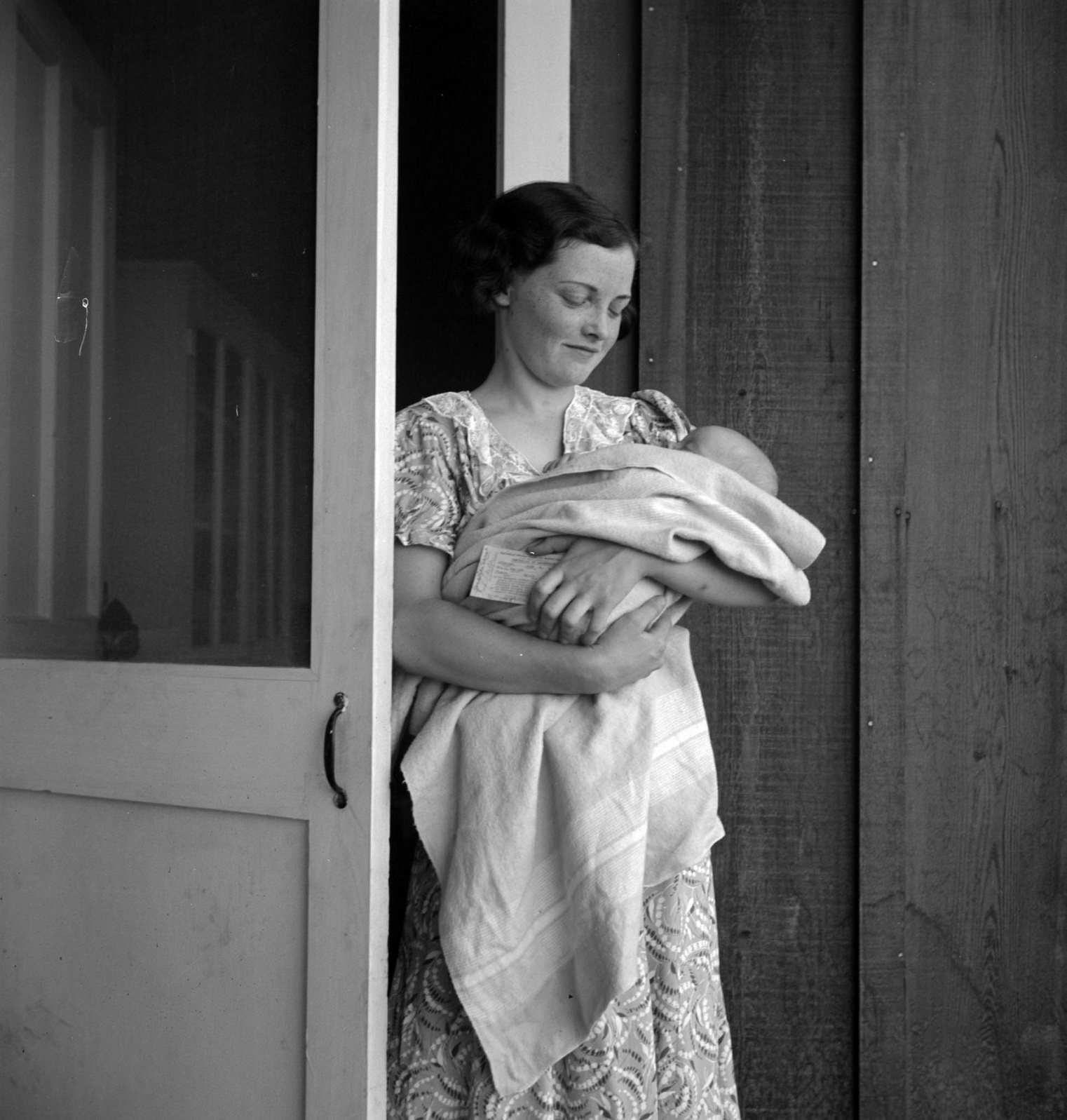
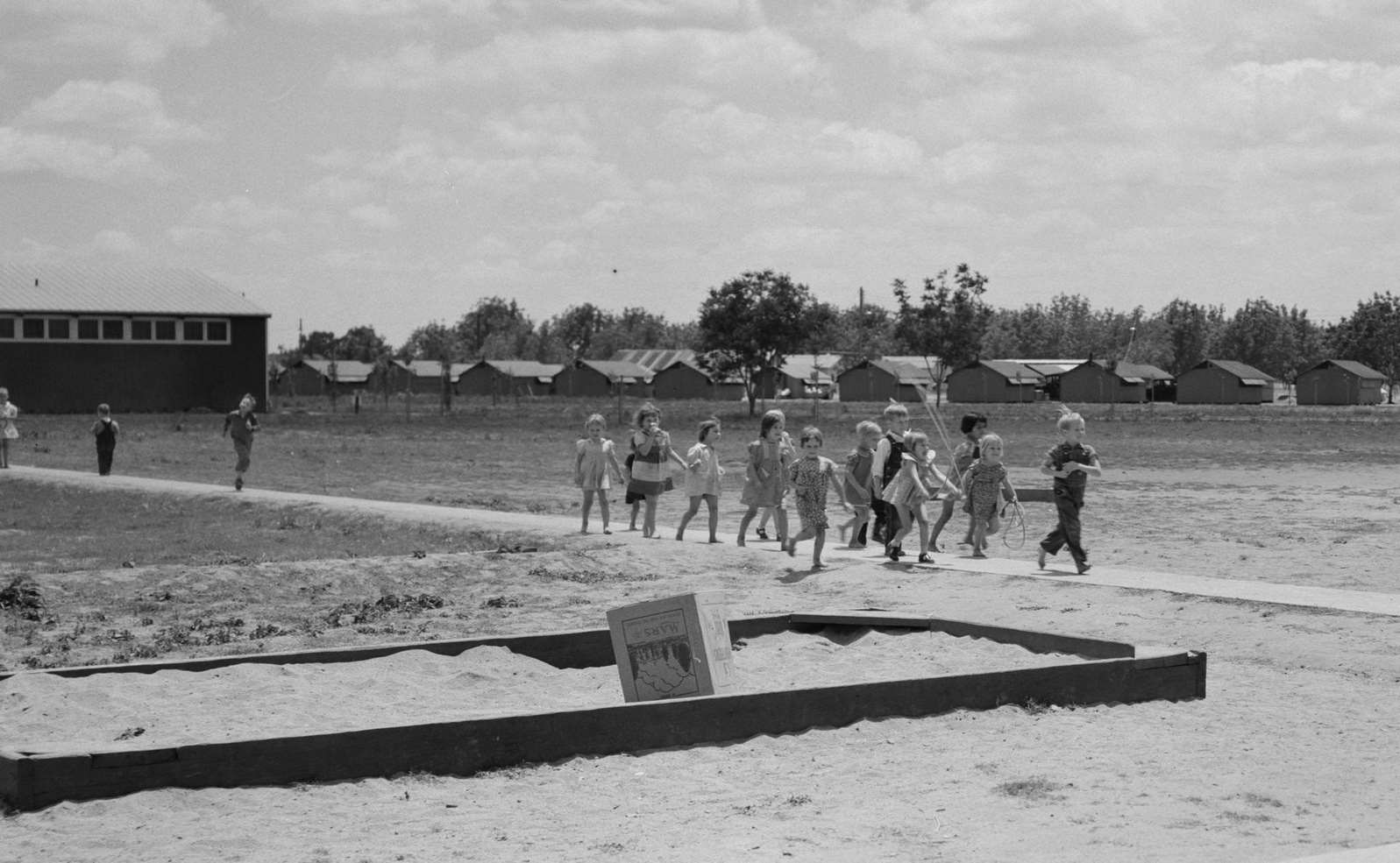
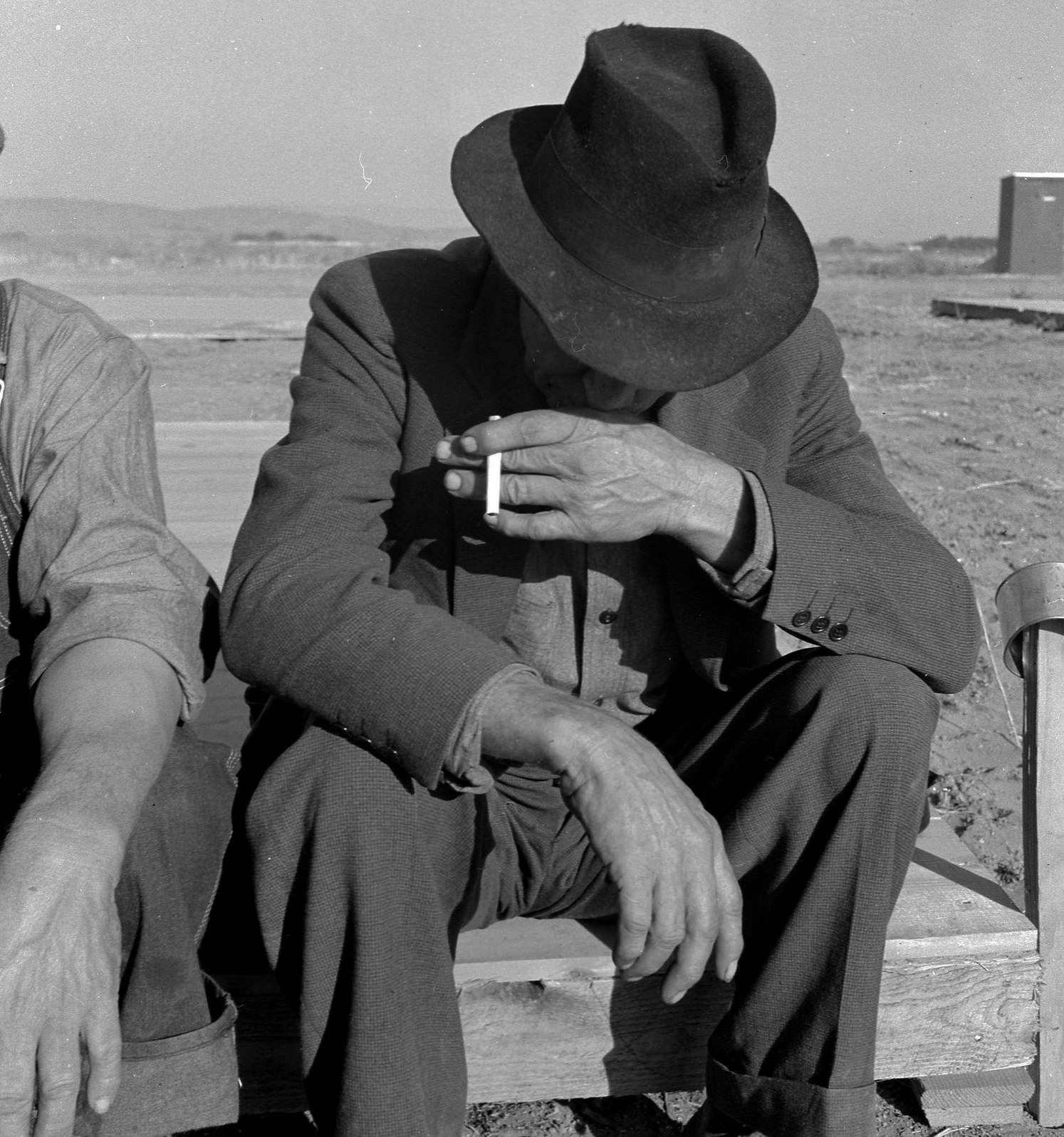
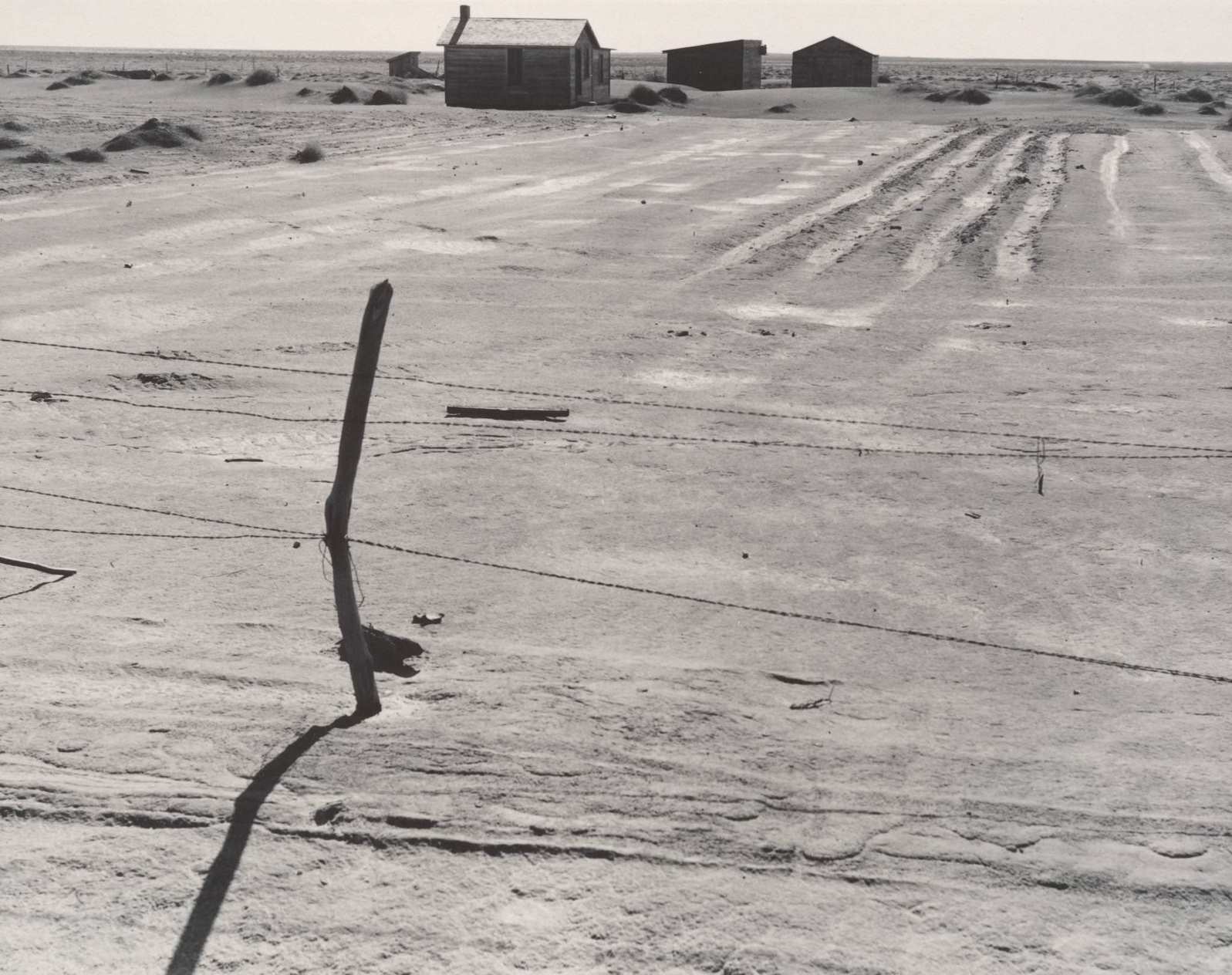
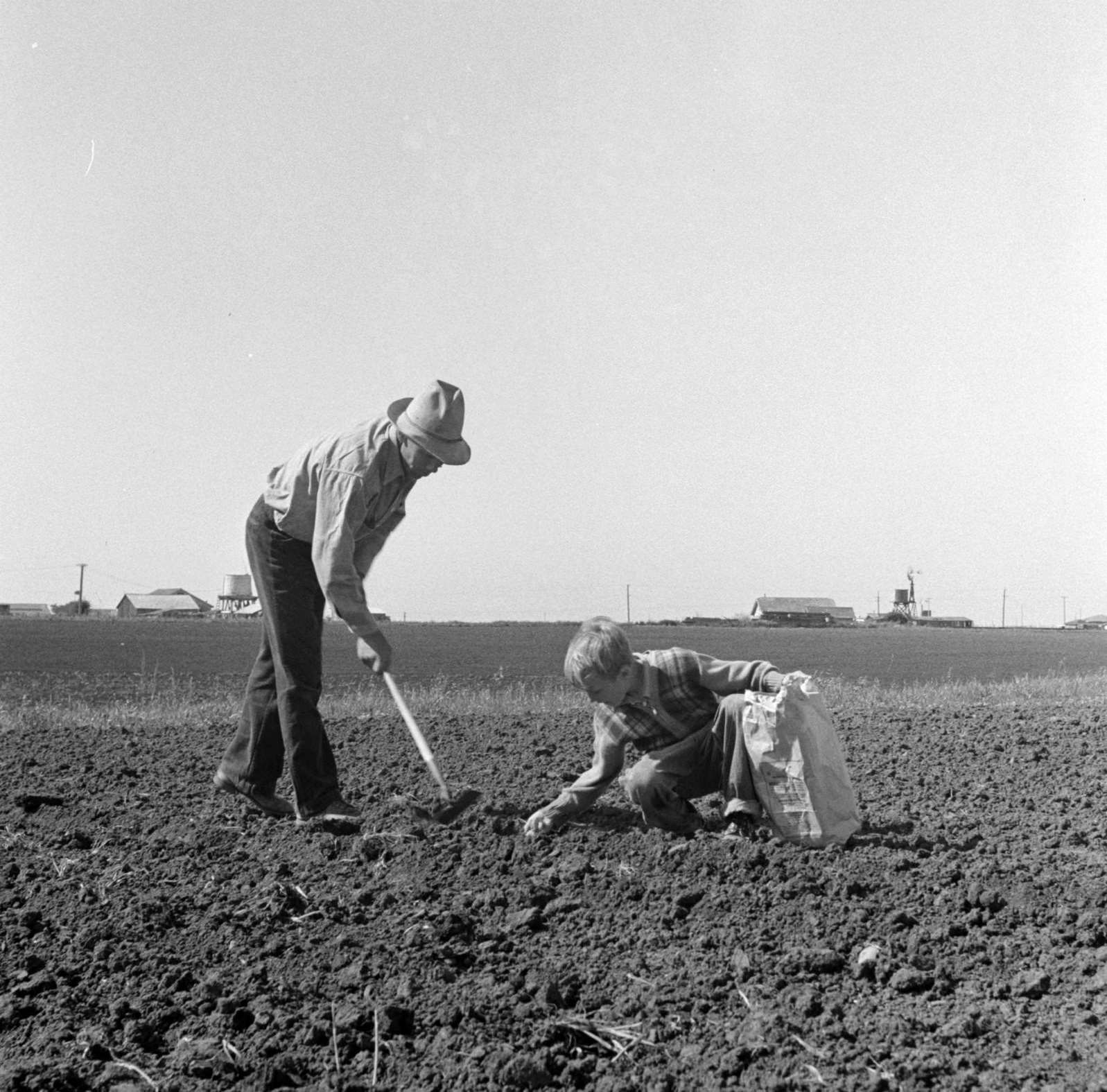
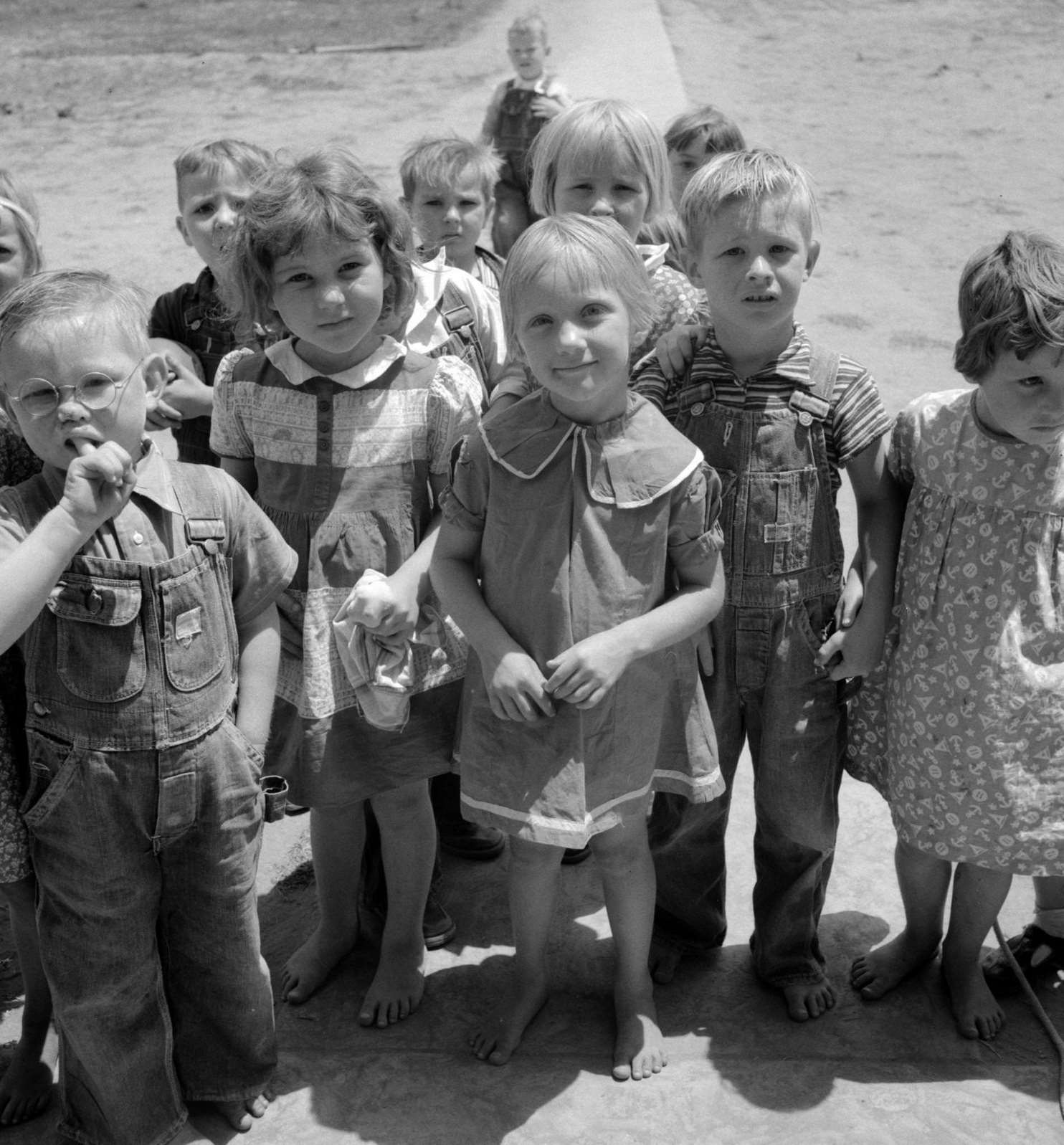
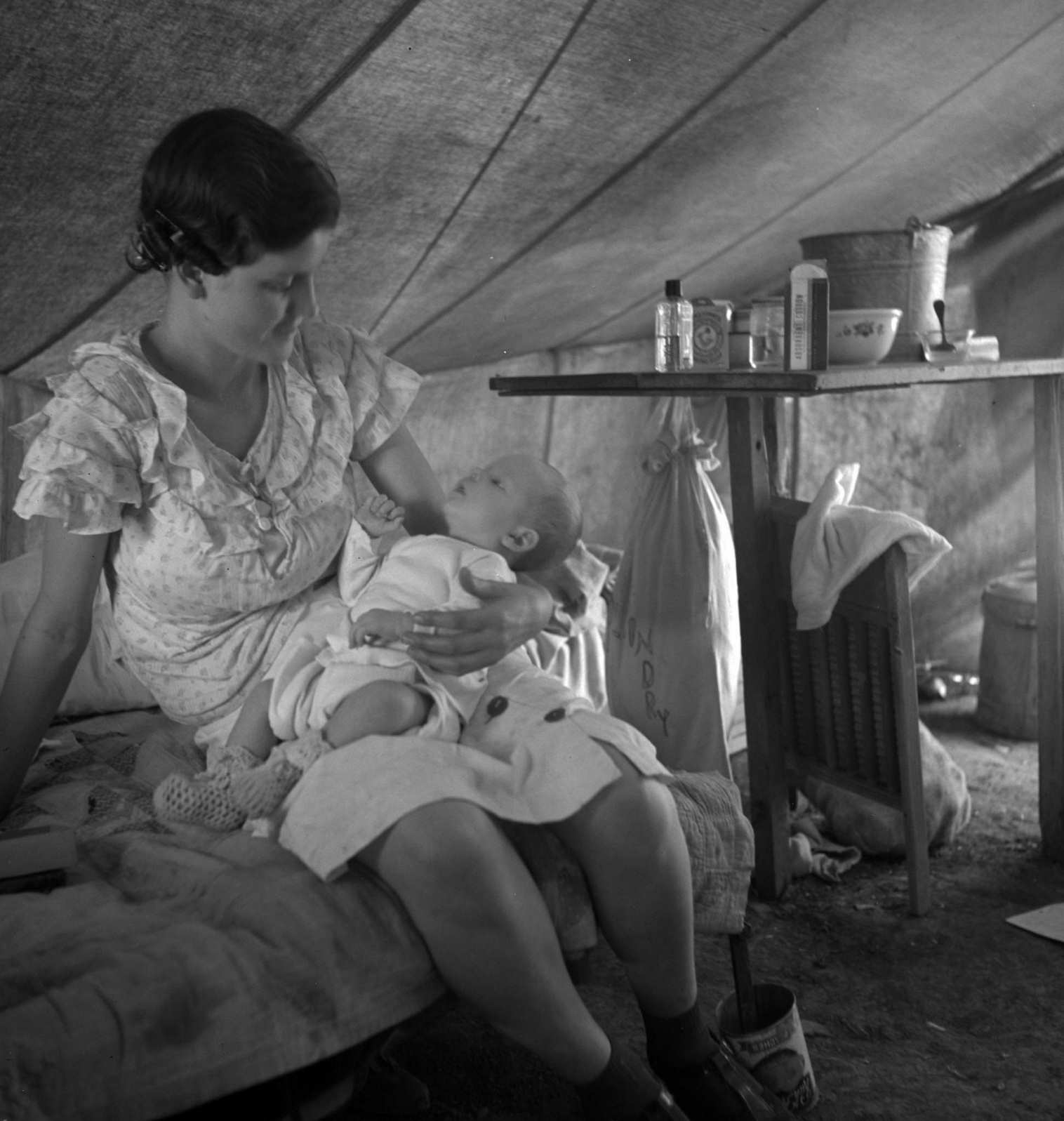
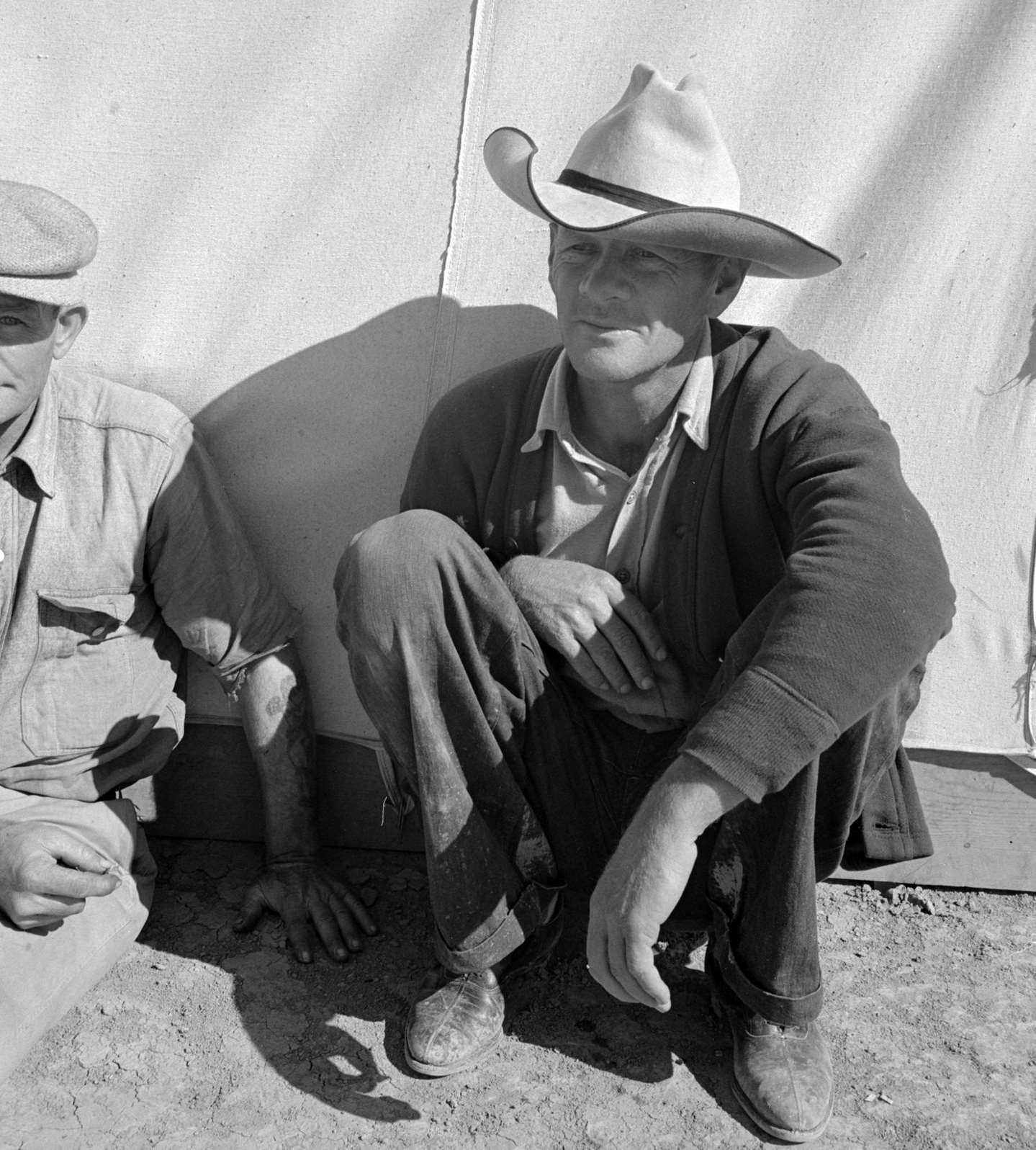
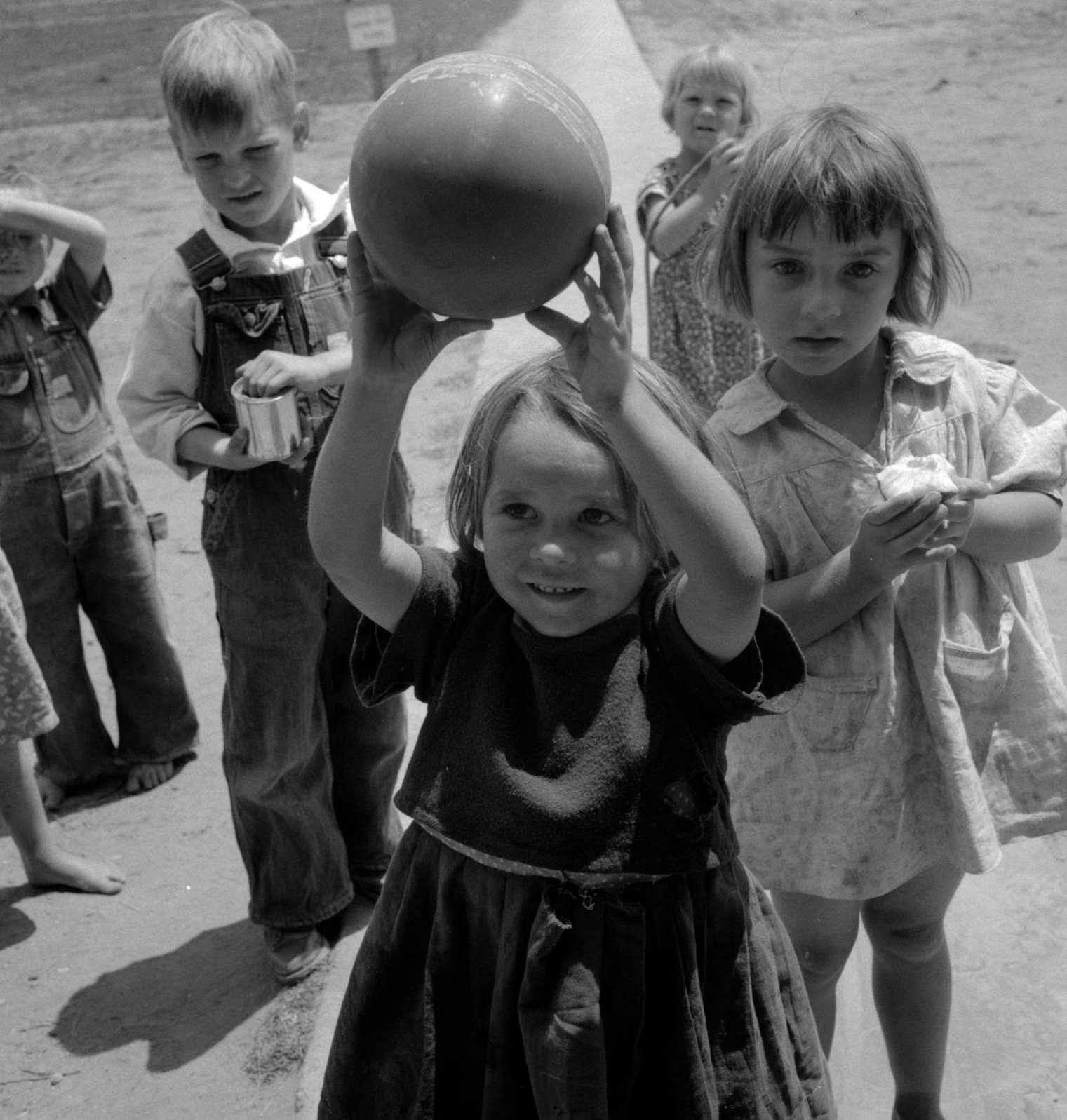
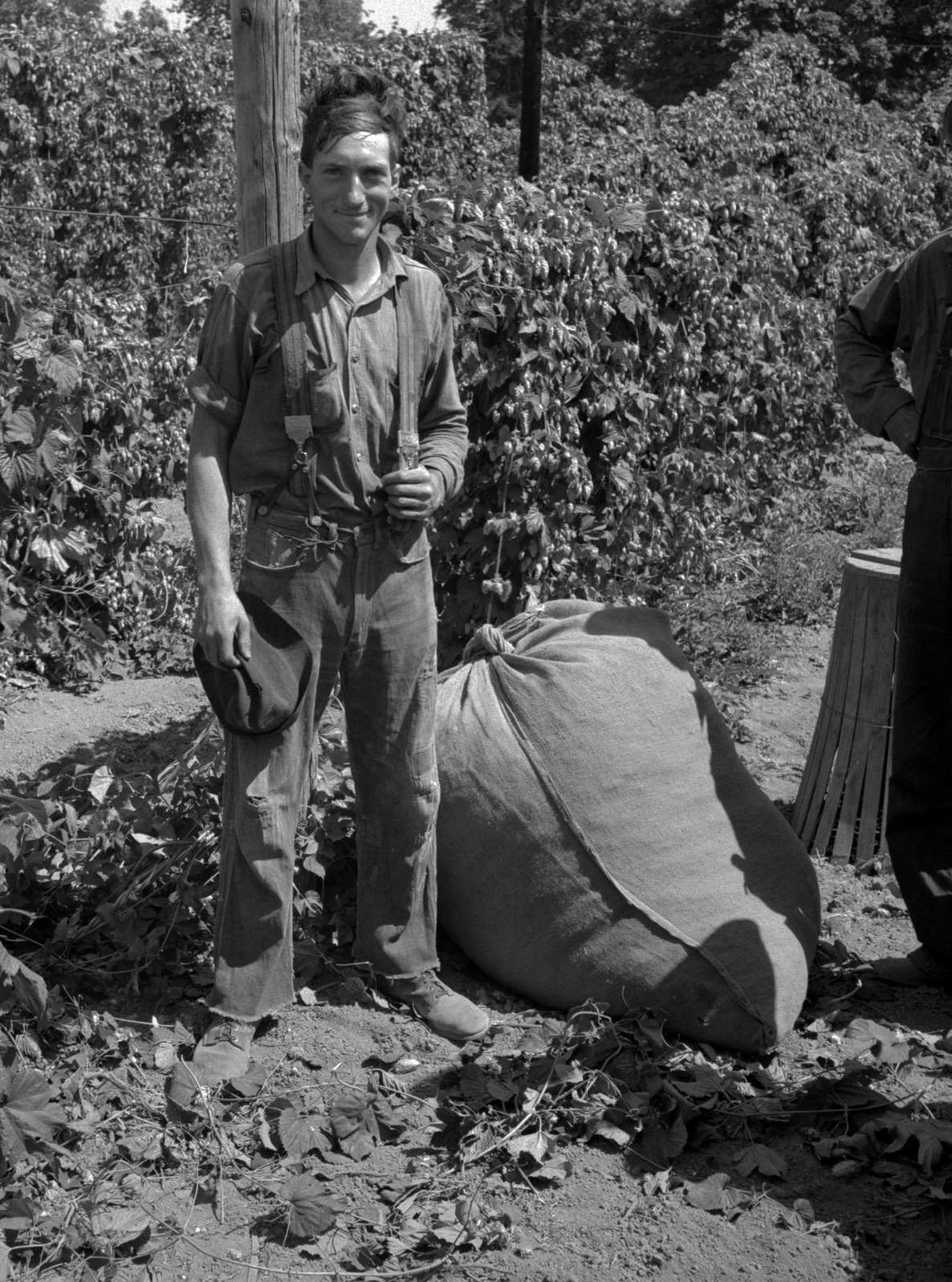
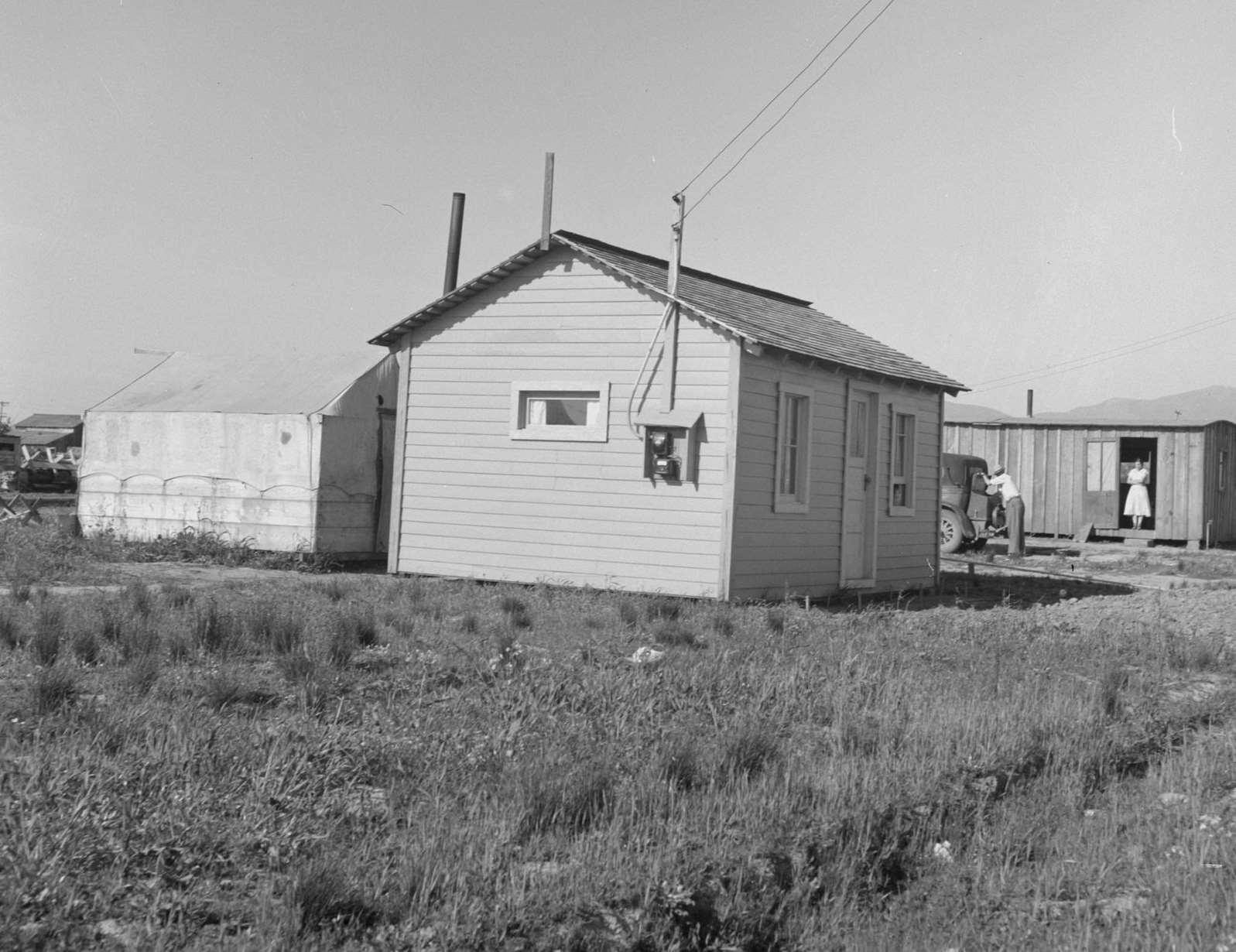
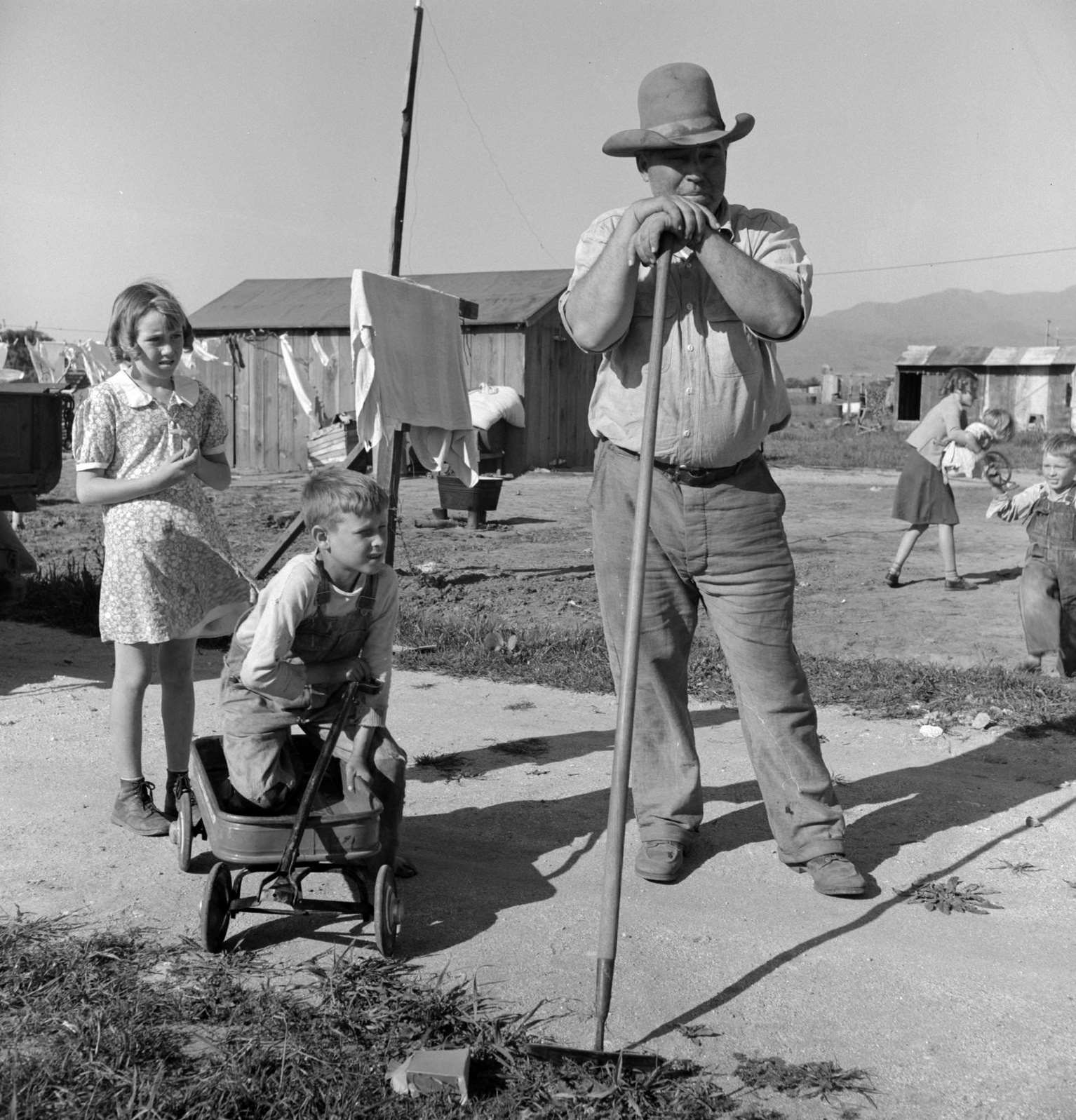
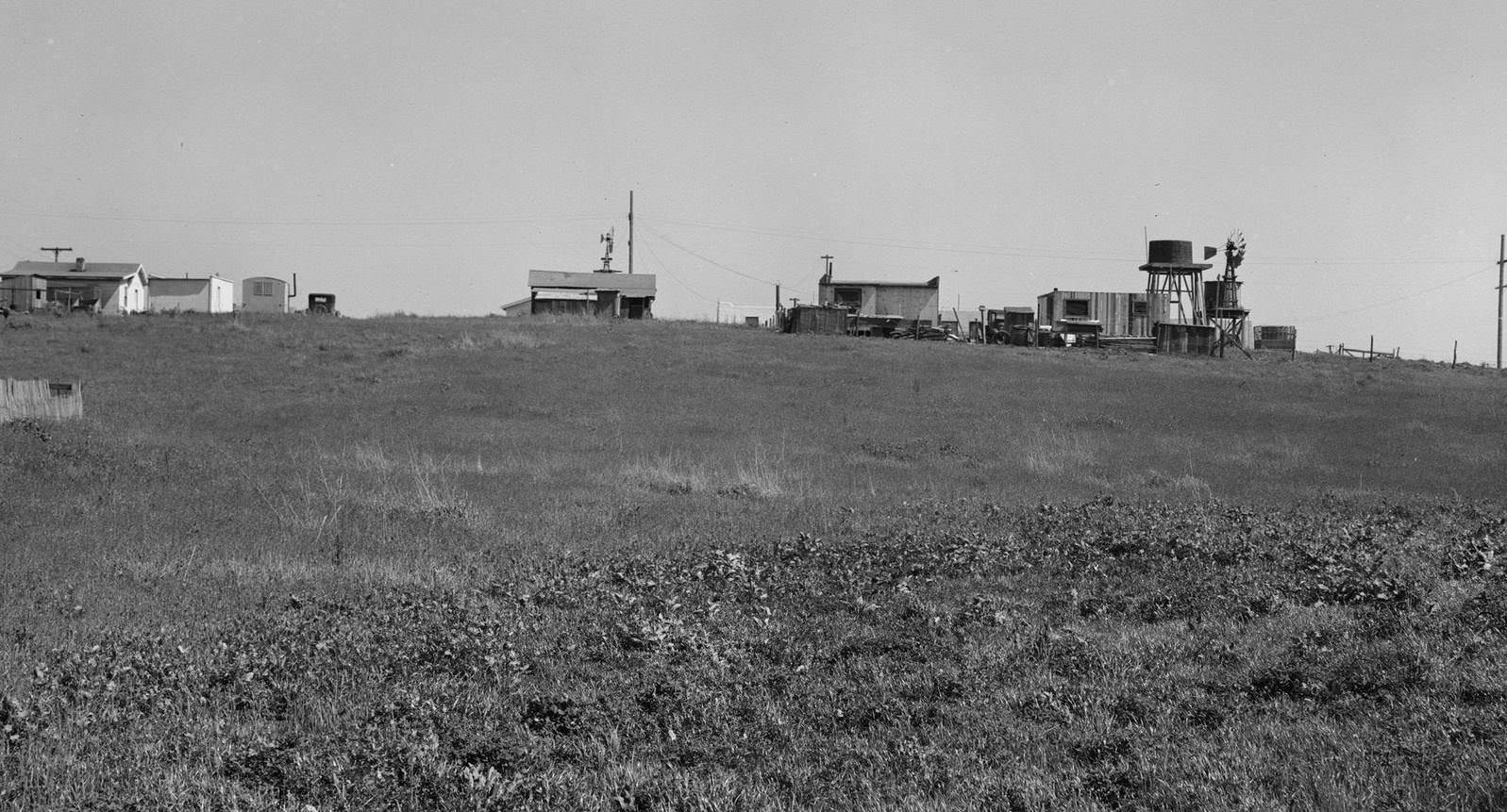
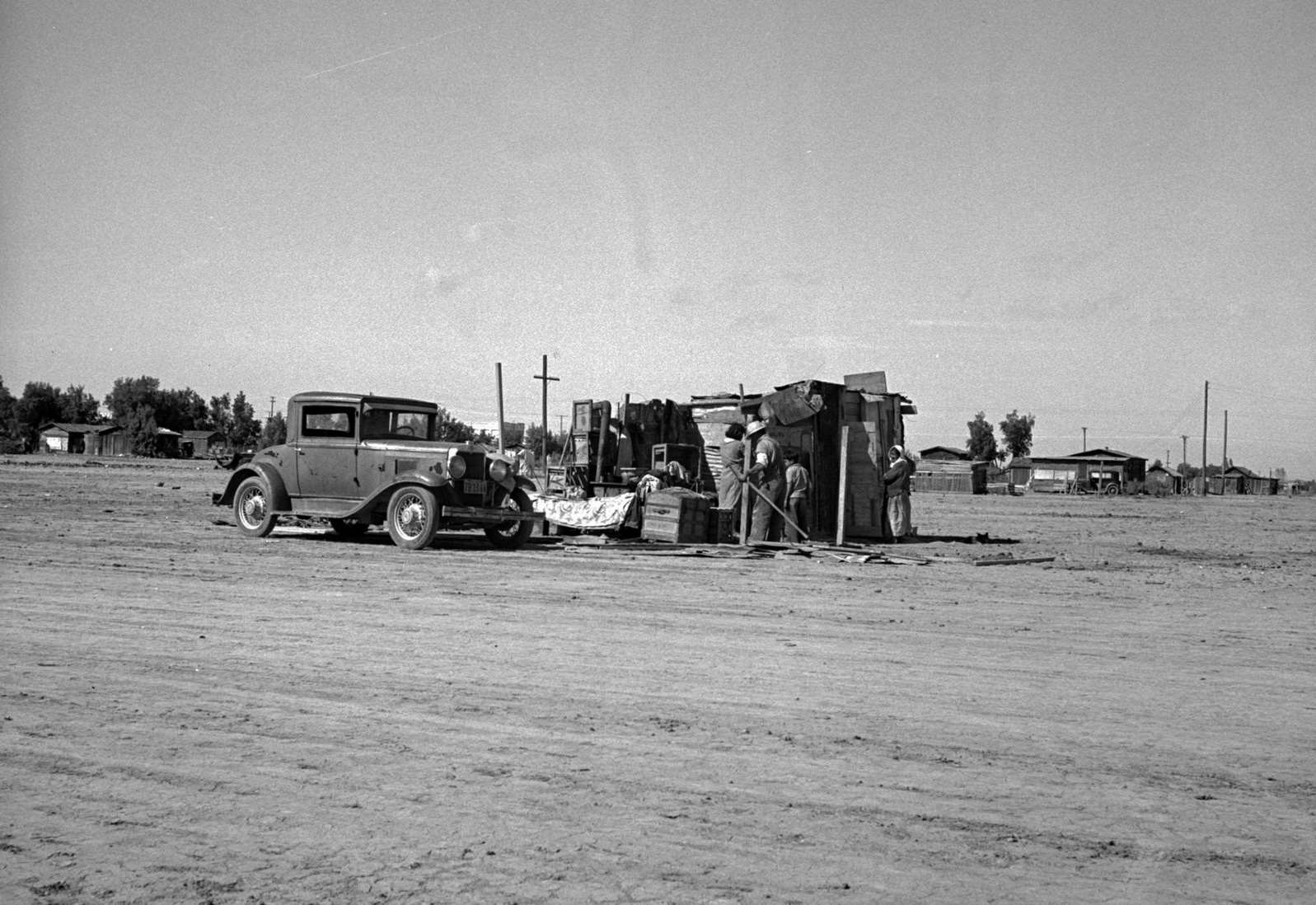
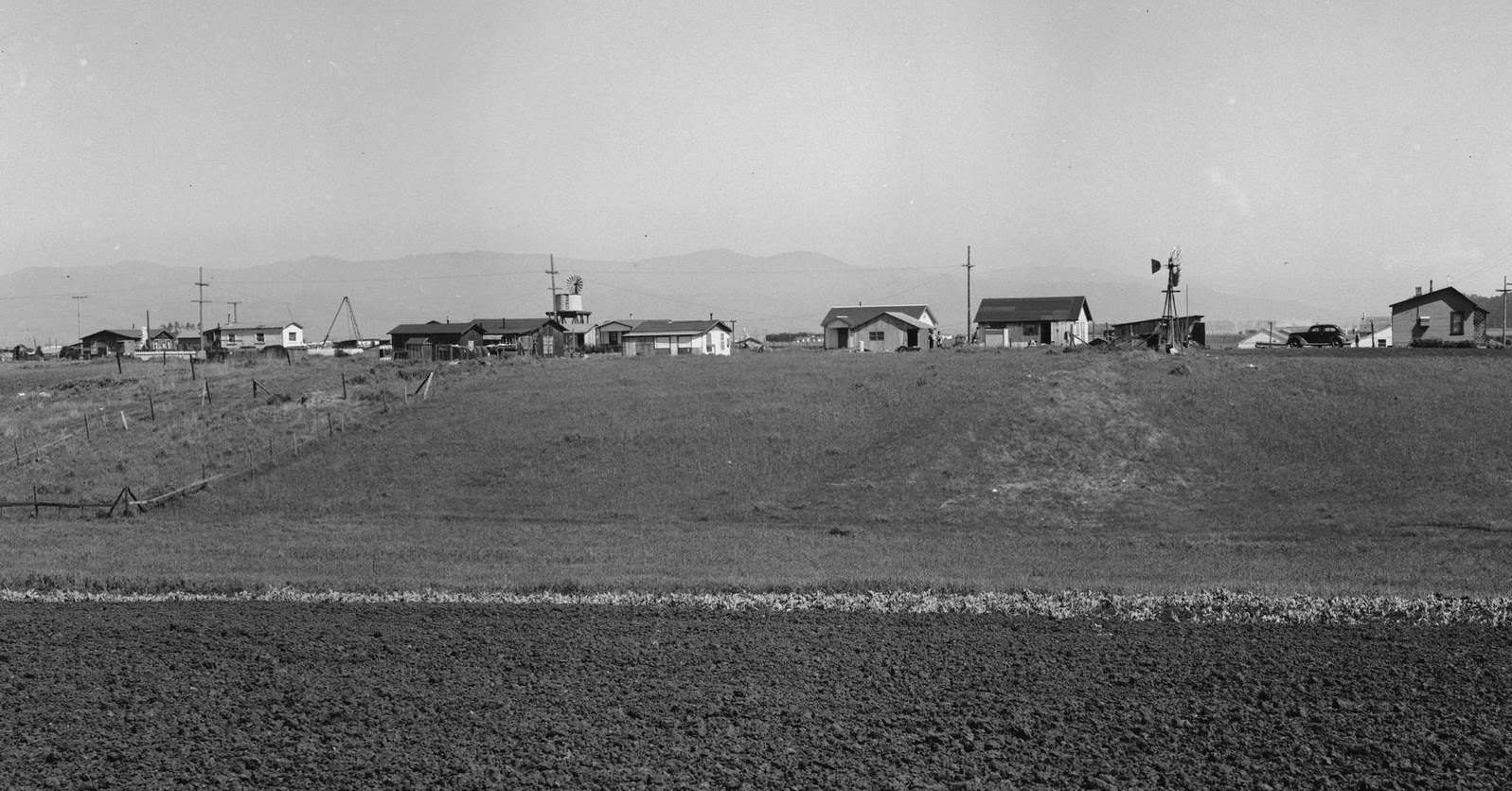
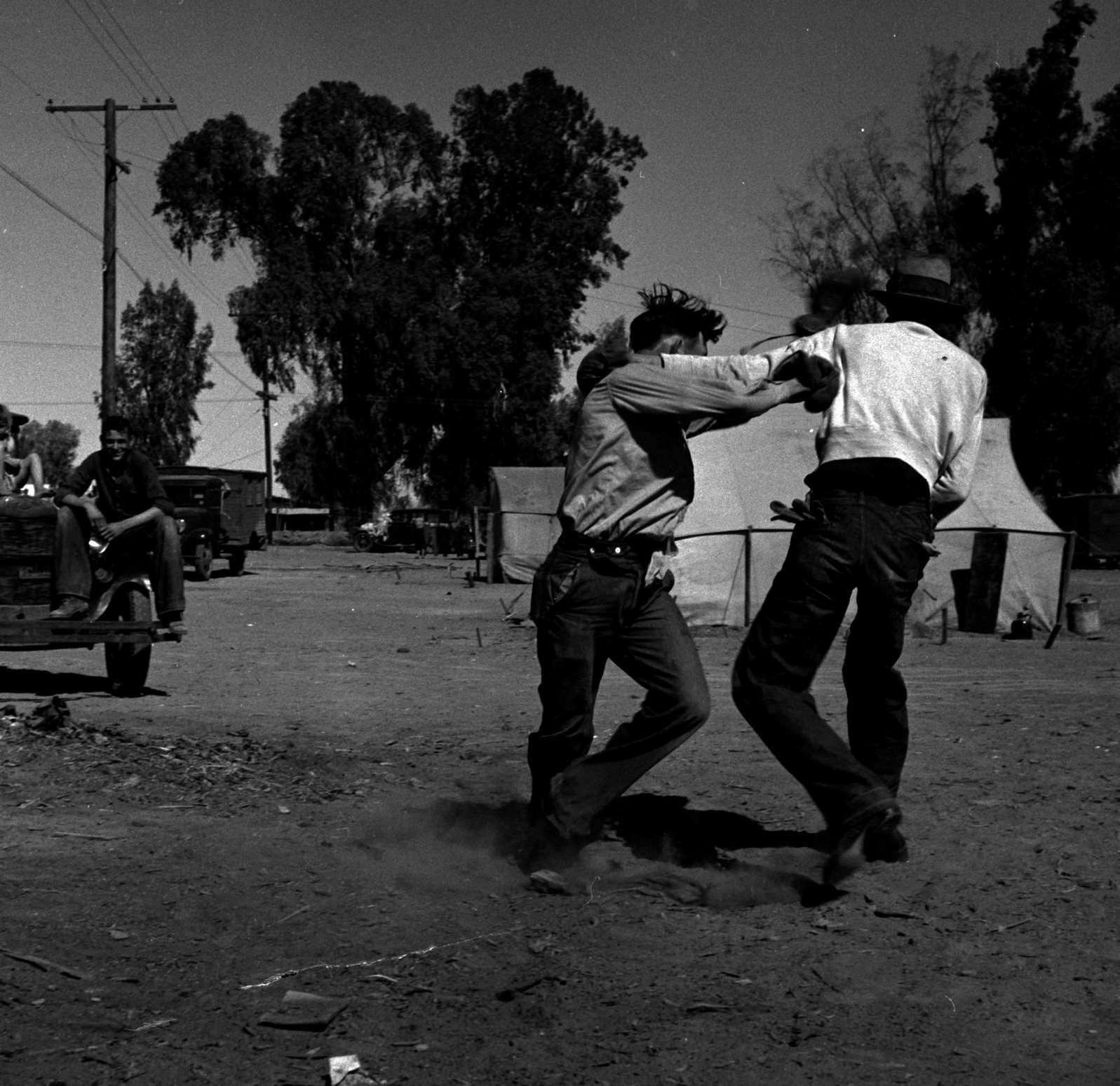
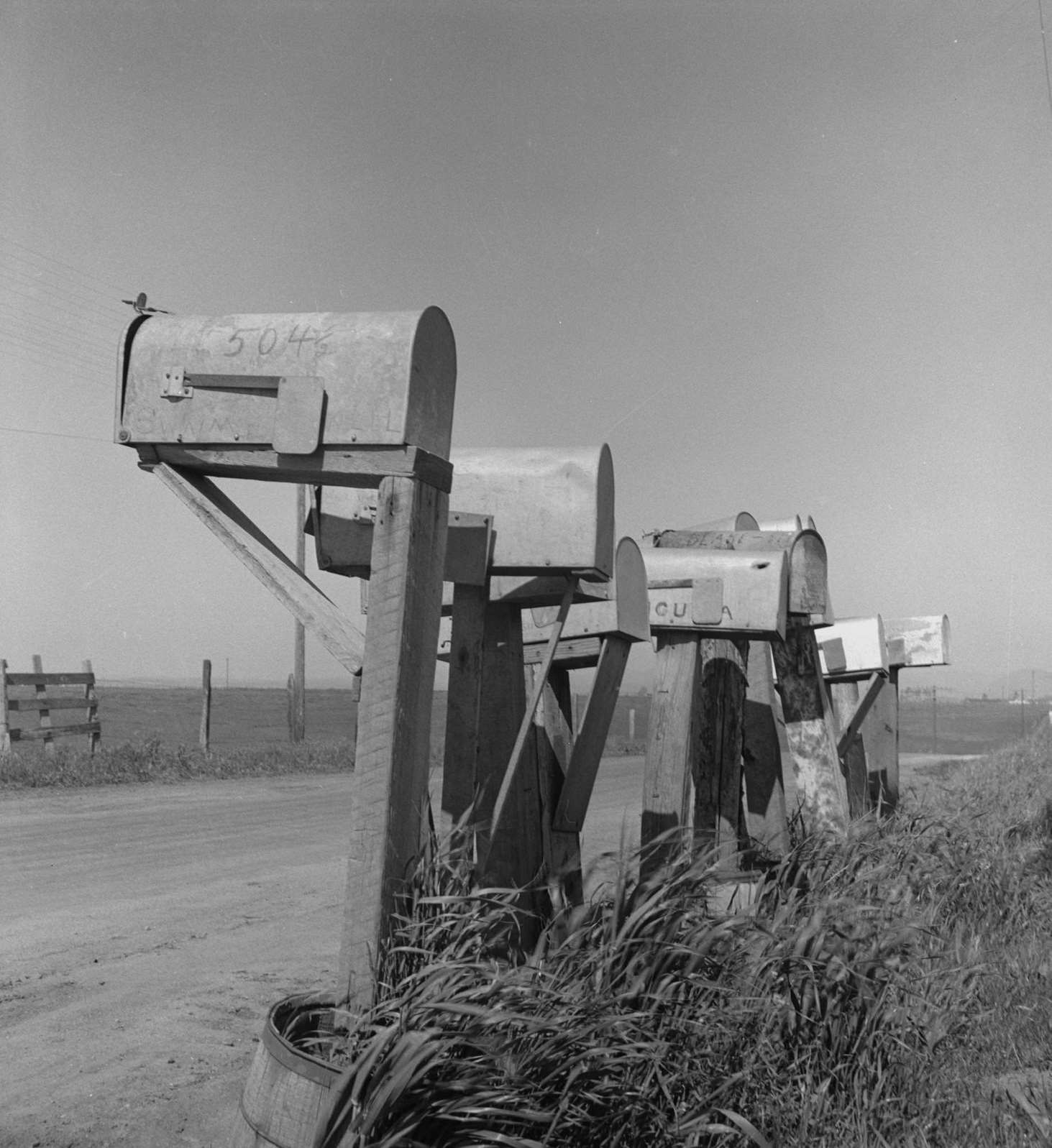
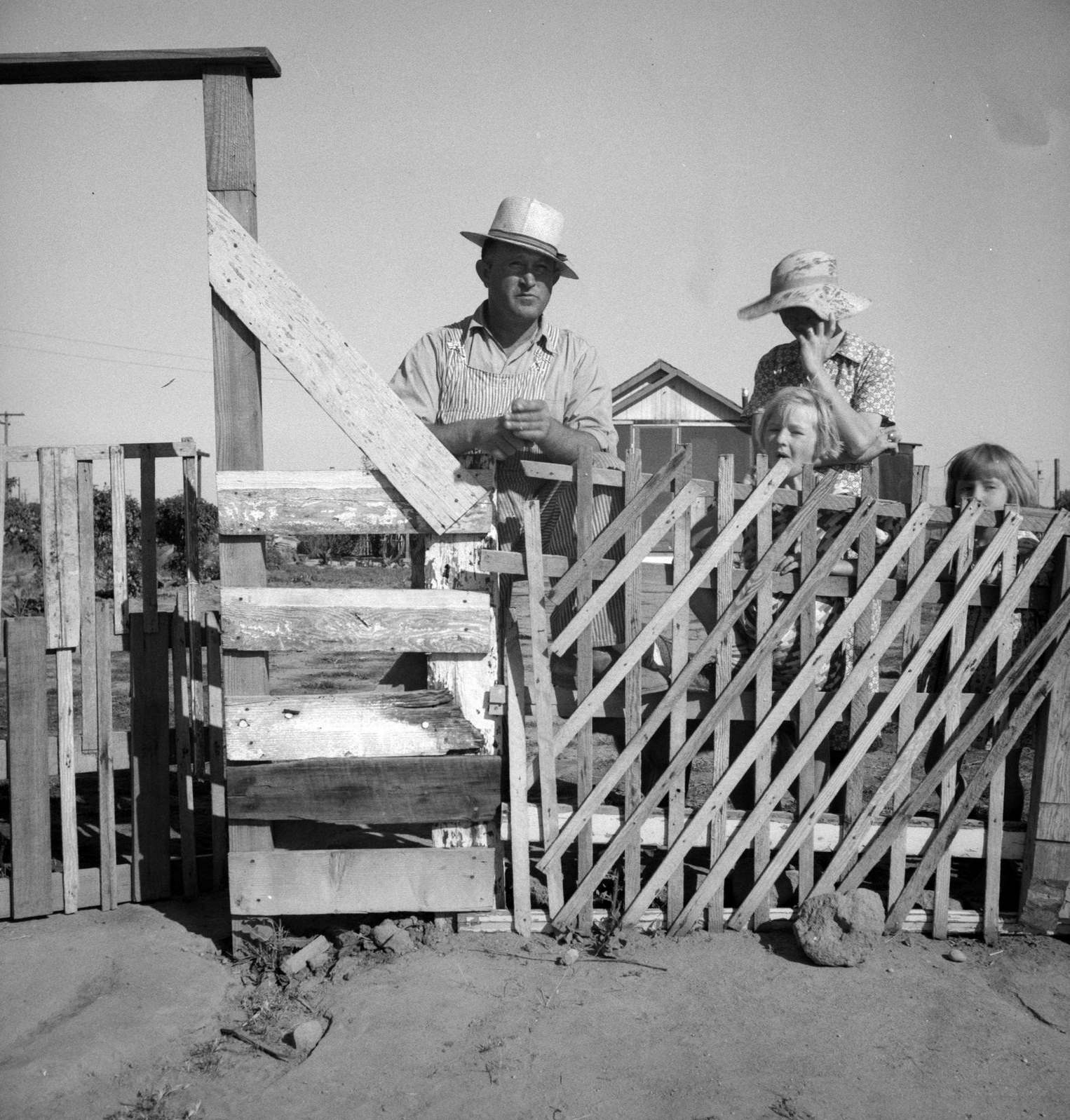
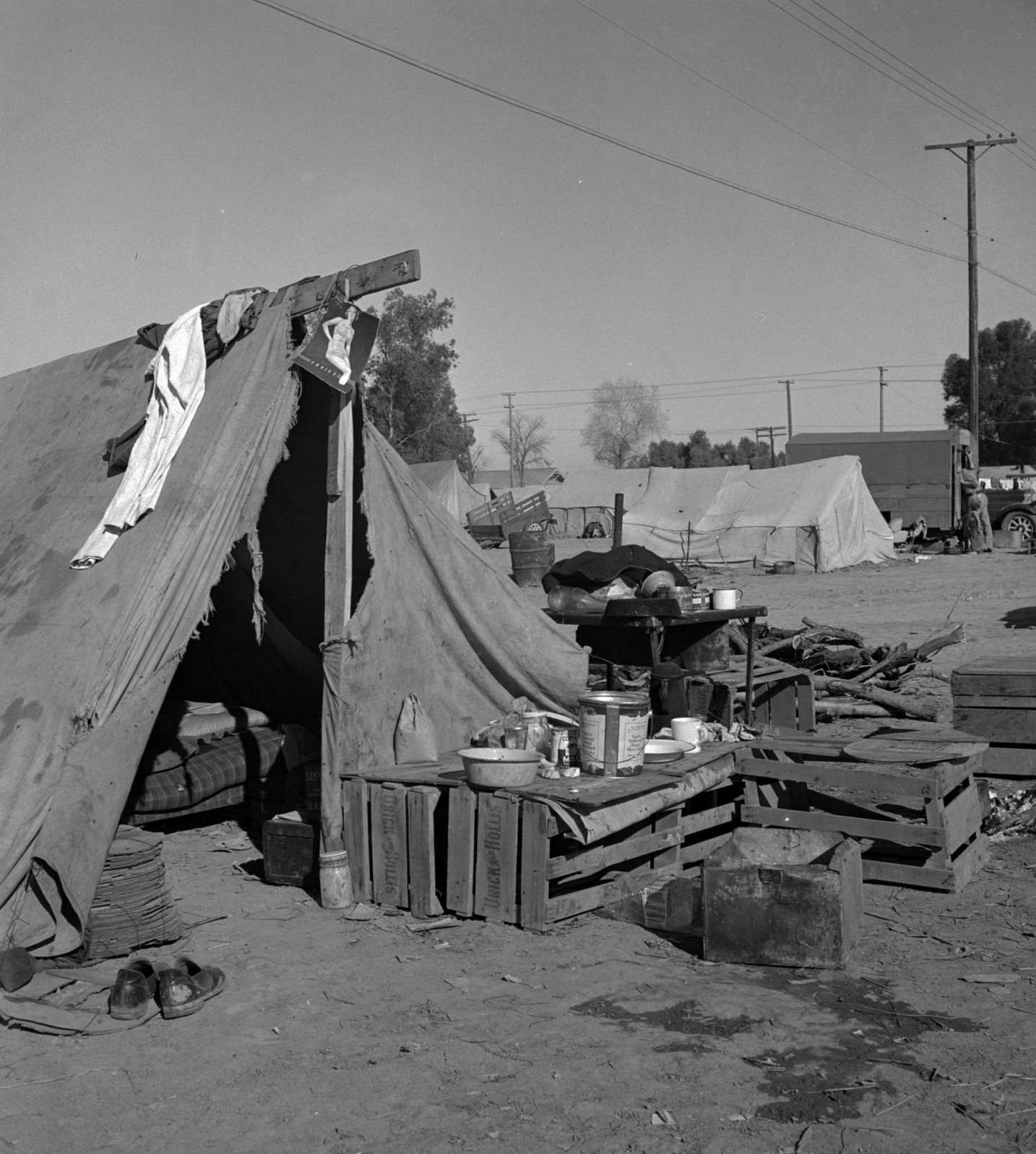
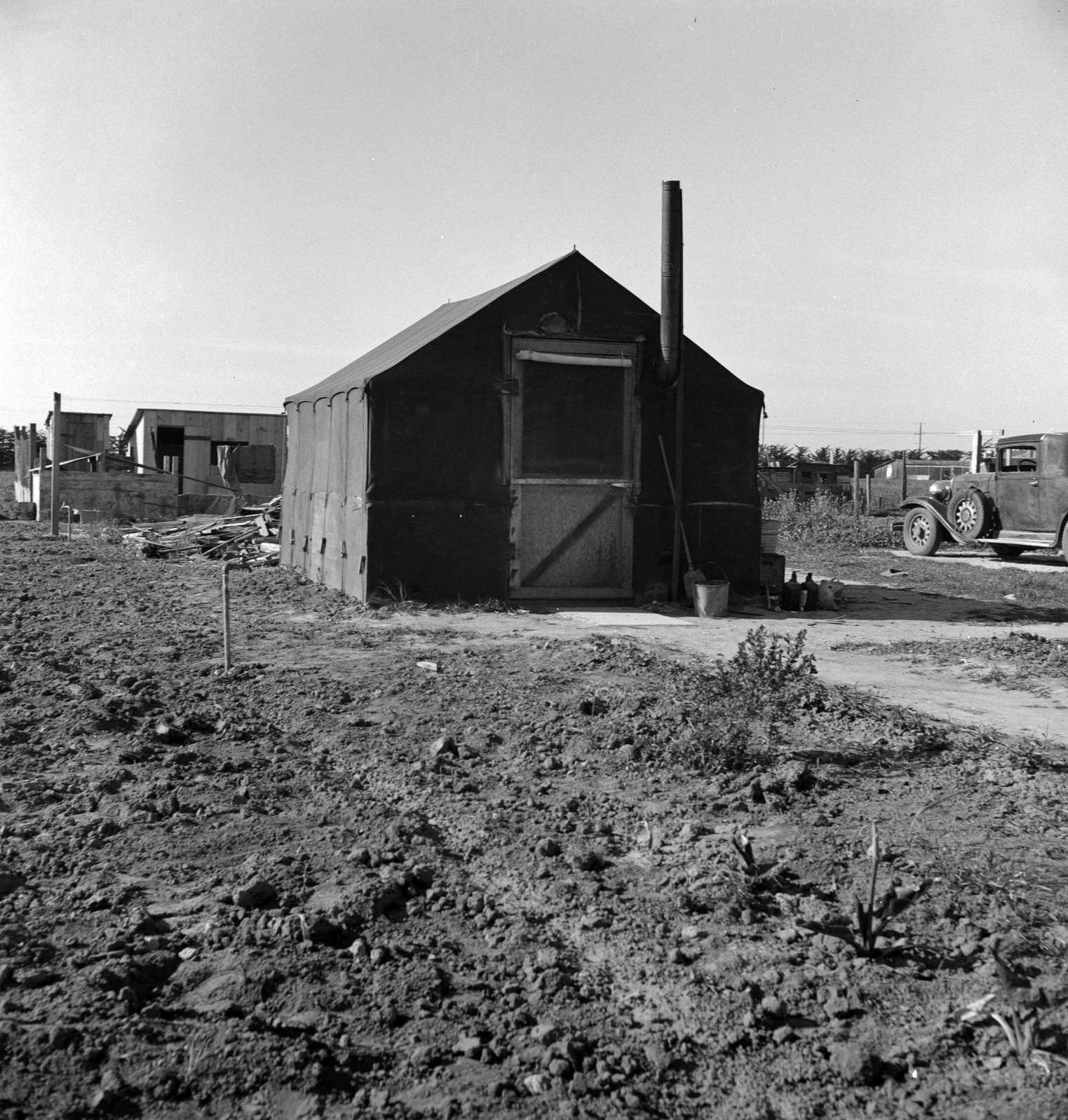

cool article – thanks!